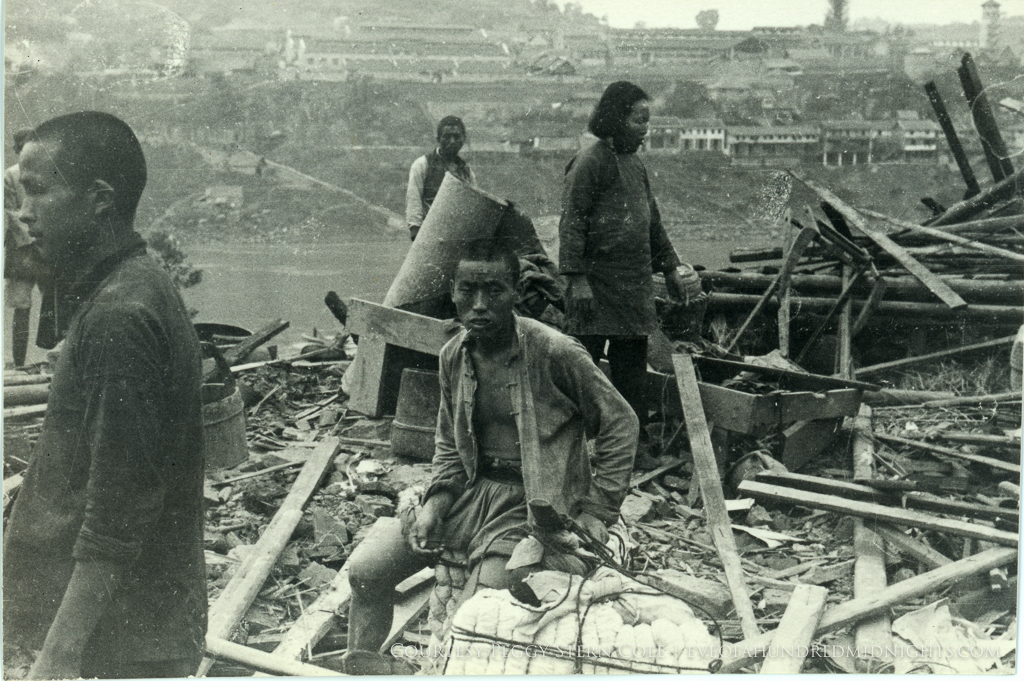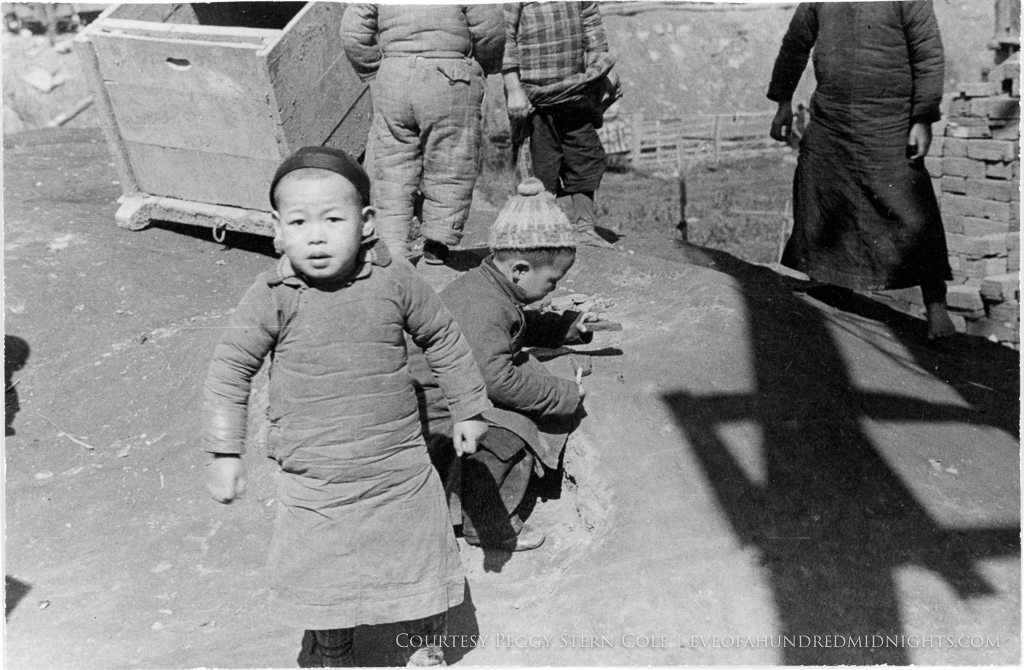Shanghai Takes it On the Chin
“I hate to see the rich kids in the cabarets, I hate to see the refugees, I hate to see the lousy foreigners in Packards and minks. Lots of money is being made now on the market and in business—but the Chinese peasant is taking it on the proverbial chin.”
In November, 1939, Melville Jacoby arrived in Shanghai, China. Having just earned his master's degree in journalism from Stanford, Mel returned to China two years after studying there as an exchange student. Mel arrived in Shanghai with no work, but a raft of letters of recommendation from newsmen and scholars who had been impressed by a presentation Mel made of his research into California newspapers' coverage of China and Japan in the run-up to a war that had been raging since the summer of 1937, just as Mel completed his exchange year. As Mel hunted for work in Shanghai, he discovered a city packed with thousands of Jewish refugees who'd been turned away by every other port on Earth. It was a city occupied by Japan, though still nominally internationally-controlled, as it had been for decades. Here are some selections of how the city looked to Mel:
Here's how I described Mel's impression of Shanghai in Eve of a Hundred Midnights:
“But if you aren’t British or French or American or if your country hasn’t got enough gunboats it isn’t so international,” Mel wrote, referring to the many foreigners who came to Shanghai butwere not nationals of countries that enjoyed extraterritorial powers. Paradoxically, among the most disenfranchised populations in Shanghai were Chinese nationals. And though Shanghai maintained much of its international identity when Mel arrived in 1939, in the two years since the Battle of Shanghai, Japan had consolidated power there and grown increasingly belligerent toward both the Chinese and Westerners.
“The Western world is being squeezed out of China,” Mel wrote. “Their last opening wedges—the foreign concessions—are fastly becoming subject to Japanese pressure.”
Even as the Japanese took over, Mel found Shanghai society distastefully out of touch. When he went to exchange money at the American Express office, the bright blue travel pamphlets inside always seemed disconcerting to him, especially when a stretch of cold nights hit Shanghai and he saw humanitarian workers piling the bodies of Chinese laborers who had frozen to death into their trucks. Shanghai, the people in it, and the way the local Chinese were treated strained Mel’s patience to the point of anger. He said as much in one form or another in most of his letters.
“I hate to see the beggars (I’ll see millions more),” he wrote. “I hate to see the rich kids in the cabarets, I hate to see the refugees, I hate to see the lousy foreigners in Packards and minks. Lots of money is being made now on the market and in business—but the Chinese peasant is taking it on the proverbial chin.”
Bombing Season
Three quarters of a century ago, today, at the height of “bombing season,” World War II correspondent Melville Jacoby took a brief break from his radio broadcasts for NBC, his writing and photography for Time and Life magazines to write to his mother and stepfather about life in wartime Chungking, or Chongqing, then the capital of China.
Three quarters of a century ago, today, Melville Jacoby took a brief break from his radio broadcasts for NBC, his writing and photography for Time and Life magazines, and his chaotic search for a panda -- yes, a panda -- to write to his mother and stepfather about life in wartime Chungking, or Chongqing, then the capital of China.
Though the two-page letter was heavy with detail, Mel apologized for not writing more.
"Please say hello to the family for me," he wrote. "I just can't possibly write now. Perhaps a little later after bombing season."
Bombing season. Think about that for a second. A time of year when enemy bombers were such a regular sight overhead that you never fully unpacked from air raid evacuations. You became used to the idea that an air raid will regularly interrupt your day, as if it's an inconvenience like the 4 p.m. Southern Pacific train that slows your commute. You reach a point when you can't help but be reminded of bombs even when there aren't enemy planes overhead, as Mel did every time he fell asleep in Chungking's Press Hostel:
"I can see the sky from my bed quite clearly, but we call it home," Mel wrote of the compound where many foreign journalists lived and worked together. It was an uncomfortable home, one that a shift in Japanese tactics made less comfortable by the day, but it was still home.
For more about Melville Jacoby, wartime Chungking, and life in the Press Hostel, check out Eve of a Hundred Midnights.
The Year that Changed Mel...And China
Melville Jacoby's interest in China can be traced back to 1936. That year and into 1937, during what would have been Mel's junior year at Stanford University, he went to China as an exchange student. There, he studied in the southern port city of Canton (that was the English transliteration of the time; it is now commonly transliterated as Guangzhou). He joined other American and Chinese students on the campus of Lingnan University (which still exists in another form in Hong Kong, while its original campus remains as part of Sun Yat-sen University in Guangzhou).
Melville Jacoby's interest in China can be traced back to 1936. That year and into 1937, during what would have been Mel's junior year at Stanford University, he went to China as an exchange student. There, he studied in the southern port city of Canton (that was the English transliteration of the time; it is now commonly transliterated as Guangzhou). He joined other American and Chinese students on the campus of Lingnan University (which still exists in another form in Hong Kong, while its original campus remains as part of Sun Yat-sen University in Guangzhou).
The year was as transformative for China as it was for Mel. That December, China's then leader, Chiang Kai-Shek (Jiang Jieshi) was kidnapped and held under house arrest near the city of Sian (Xi'an), leaving Chinese politics in a lurch. Though the crisis was resolved two weeks later with new (temporary) cooperation between Chinese communists and Chiang's Kuomintang (Guomindang) Party, by the summer of 1937 China went to war with Japan. Mel was there when the fighting began, and the conflict that became World War II would dominate the rest of his life and work.
But Mel was also a fairly typical 20-year-old student when he was at Lingnan, and the following pictures depict the life of a western student at Lingnan, as well as some of what Mel saw in surrounding regions of China. To see more pictures, click on the "Images of the Past" button in the menu and choose a portion of Mel's life.
Read more about Mel's story today in Eve of a Hundred Midnights, available now!
Before and After. Wartime Chongqing as Captured by Melville Jacoby's Lens.
After spending four years with the research, writing and re-writing that shaped Eve of a Hundred Midnights, I feel sometimes as if I've lived in Melville Jacoby's shoes. At least, I feel as if I've seen the world through his eyes. As you can see in the following photos, Chongqing was a place of extensive striving and, after years and years of bombing — during his stints there in 1940 and 1941 Mel experienced 168 air raids — deeply scarred yet incredibly resilient.
Perhaps no place was more important to Melville Jacoby than the city of Chongqing, China (then known to westerners as Chungking). After Japan conquered China's coast and major cities such as Nanjing, Beijing, Shanghai and Wuhan, the Chinese government was forced to flee up the Yangtze river to Chongqing, where it transformed what had been something of a backwater into China's wartime capital. As I wrote in Eve of a Hundred Midnights, which was published last month, Chongqing was "simultaneously brand-new and decrepit. Fast becoming the 'most bombed' city in the world, it was also the epicenter of the country for any serious journalist." It was squalid, dangerous and extremely uncomfortable, yet, somehow, irresistible, as Mel attested:
“Few foreigners desert Chungking without wanting to return," Mel wrote. “The set formula is to tell friends in Hong Kong what a hell-hole they are missing, and then to rush right back on the next plane loaded with only thirty pounds of clothes and bare essentials.”
As you can see in the following photos, Chongqing was a place of extensive striving and, after years and years of bombing — during his stints there in 1940 and 1941 Mel experienced 168 air raids — deeply scarred yet incredibly resilient. I recently browsed Mel's photos again to share at my book readings (please get in touch if you'd like to host me in your community) that he saw these characteristics in Chongqing, and I've chosen the following photos to illustrate some of the contrasts of life in the city that Mel documented:
Click Thumbnails For Larger Images
After spending four years with the research, writing and re-writing that shaped this book, I feel sometimes as if I've lived in Melville Jacoby's shoes. At least, I feel as if I've seen the world through his eyes. His letters describe what he witnessed and experienced in China and the Philippines in such depth that as I read them, I feel my legs straining up and down Chongqing's steep hills, that I hear the thud of bombs raining upon an air raid shelter, and that my heart beats in anticipation as my fiancée lands in the Manila Bay barely a week before Pearl Harbor.
Beyond these letters, though, Mel took hundreds, if not thousands, of photographs, most of which have ended up in my hands. Unfortunately, I was only able to include a handful in my book. While I chose compelling photos, they were mostly limited to photos that portrayed Mel, Annalee and the people they knew. However, I knew readers who enjoy the book would also want to see more of the world and the era Mel did.
If you like these photos, please keep on eye on this web site and let me know what you think. I'm going to continue to share glimpses of what Mel saw here. Unless otherwise noted, the photos you will see in this series were all shot by Melville Jacoby and provided courtesy of Peggy Stern Cole, Mel's cousin and my grandmother.
Meanwhile, if you haven't already, please head to one of the booksellers listed here or your favorite bookstore to pick up Eve of a Hundred Midnights. If you like it, would you rate it on Goodreads, Amazon, Powell's, or wherever you purchased it? Customer reviews will make the difference in ensuring the book is seen by as many people as possible.
Come for the Book Cover and Release Date, Stay for the Food Poisoning
So, I could tell you a story about food poisoning and crazy rides across the Philippines, but I suspect you want to know what the cover of my book looks like, or what its final title and release date will be, or how you can pre-order it, or read about some fascinating characters from Portland who played both heroic and sinister roles in World War II.
So, I could tell you a story about food poisoning and crazy rides across the Philippines, but I suspect you want to know what the cover of my book looks like, or what its final title and release date will be, or how you can pre-order it, or read about some fascinating characters from Portland who played both heroic and sinister roles in World War II. So let's get to it!
Coming June 21, 2016 from William Morrow & Co:
It was QUITE a long road to get here, but I'm thrilled to say that outside of one last proofread for style and clarity, the manuscript of my book, Eve of a Hundred Midnights, is complete. You can expect to pick it up from your favorite bookseller on June 21, 2016. I'll send out proper pre-order links once a few more booksellers' websites have bene updated, but the intrepid among you may find some on my publisher's web site.
Meanwhile, while you're waiting to read the book, take a glance at this month's edition of Portland Monthly, which explored the heroes, villains and rogues from Portland's history. I looked at two of these characters. One was Japan's foreign minister, Yōsuke Matsuoka, who yanked his country out of the League of Nations and into the arms of the Axis with Germany and Italy, and was also raised by a Portland family and a graduate of the University of Oregon School of Law. The other was Hazel Ying Lee, a heroic pilot born in Portland and the first American woman of Chinese descent to fly for the U.S. military. Lee was one of the Women Airforce Service Pilots, or WASPs, though she died just before finishing her service with the program.
Both stories were fascinating subjects that I only learned about in working on this book; I've discovered so many in this long process and hope to share more as time and resources allow.
Lapu-Lapu's Revenge
But, hey, you don't care about covers and book titles and magazine articles, right? I bet what you really want to read about is intestinal infortitude. Well, I give readers what they want, so read on!
As I was sprawled on my bathroom floor early this morning after an entirely unwelcome repeat encounter with last night's dinner, it occurred to me that last time I had food poisoning I was in Shanghai. High above the South China Sea, my stomach felt as tumultuous as relations between the country I was leaving, the Philippines, and the one to which I was returning, China.
This was a rapid turnaround from a few hours earlier, when I'd bought myself lechon to celebrate finding a key location in my book -- an abandoned beach club that was once used as a hideout by Mel, Annalee and their friends as they escaped the Philippines. It was on the island of Cebu, a skinny sliver a few hundred miles southeast of Manila, in a town just outside Cebu City, the island's capital. Aside from its role in my story, Cebu is known for lechon, and I was eager to try it. But because roasting a pig to make lechon, it's only available for a brief window every evening. Given how compressed my time on Cebu was, I had to make book research my priority.
It had been all I could do not to just give it up, get some lechon, skip the research and park myself on some sterile resort beach on the nearby island of Mactan. The night before I reached Cebu, I'd arrived by ferry to the port of Caticlan on the northwest tip of the island of Panay. A gazillion tour operators convinced I was confused, didn't want to go south, but instead wished to visit nearby resort-heavy Boracay descended upon me. I shook them off, insisted I was headed south, and squeezed myself into a packed van bound immediately -- I was assured -- for Iloilo, on the other side of the island.
Two hours after I was told we would leave, I began a frightening ride wedged on a front bench, seatbelt-less, between the driver and another passenger, with my backpack at my feet. We finally left just as it began raining, a condition that paired swimmingly with my driver's speed down the winding, two-lane highway that hugged the edge of Panay. Texting the entire way and apparently quite frustrated by the person on the other end of the line, he weaved around construction sites, slowing only to cross himself whenever we passed a churchyard. All the while he crooned along with to the 80s power-rock ballads burned on CDs that he flipped in and out of the stereo. My only sanity came from joining the driver for renditions of familiar Journey and Bon Jovi tunes I'd absorbed as a child in 1980s America; when you're far from halfway anywhere and it's clear the man behind the wheel is driving on a prayer, belting out "Wh-oa, we're half way there" takes on new significance. When we finally stopped three hours later so my driver could take a pit stop (and call the friend he'd been texting), I decided not to prolong the ordeal on another ride across Negros, then Cebu, and used the sliver of cell phone reception I had to blow my budget and spend $40 on the next plane ticket I could get from Iloilo to Cebu (yes, by that point, forty unexpected dollars were a big budget excess). Five hours after leaving caticlan, I found the one decrepit hotel in Iloilo still accepting new guests at that late hour, slept in my clothes for two more, took a cold shower, then left for the airport as soon as it was open.
This is all to say that when I reached Cebu, a beach day sounded really nice. But I was determined to find the reporters' temporary hideout. Fortunately, locating it -- a story, perhaps, for another time -- also meant finding a beach, albeit not one with glimmering white sands or an endless supply of cocktails at the ready (though one with stunning views that Annalee and Mel would have shared, and one with amazing, hospitable locals who invited me onto their porches). After sticking through to find the club, lechon seemed like a good reward, and I enlisted a group of boys in the nearby village to help me find the best stand around. Despite their dogged efforts, every place the boys took me was closed (as were other eateries). So I decided instead to save myself some hassle and grab a cab back to Cebu City and the airport on Mactan. On the way, I was happy to see that one of Cebu's most highly-touted lechon restaurants had a location near the airport. I was early for my flight, so I told my driver to stop there so I could get my long-anticipated award.
To be honest, the the smoothie I had there was better than the lechon, though I know understand the error of ordering a smoothie in a place where one is urged not to drink the water. While I'm not sure which dish led to the bacterial infection I'd discover in a few hours on my flight to Shanghai, my lechon stop came with another bonus. I'd already spent my remaining pesos on the cab and didn't want to withdraw more before leaving the Philippines, so I used a credit card to pay. I hadn't been worried about security as the place I was eating was a widely-known, well-appointed business on Cebu. But a week later, after I was back in the United States, the bank that issued that card called me to ask if I'd indeed spent $12,000 on sporting goods from Under Armor. Besides not knowing HOW one spends twelve grand on sporting goods, given how frequently I've hit my head on credit limits this year I couldn't help but be amused by the absurdity of the matter; fortunately my laughing credit card rep could see how absurd the situation was and immediately understood that I hadn't authorized the purchase.
This is all to say that when I woke up at 3:30 this morning with my stomach reeling, I realized that the last time I spent seven hours half-awake and crouched over a toilet was in the stall of a Shanghai hostel's co-ed bathroom, where I voided the last of that lechon. Thankfully, I maintained my composure just long enough to avoid doing so across a Chinese customs inspector's desk. Dodging the international incident that was sure to come just long enough, I instead ejected my meal in an airport bathroom, then gathered my faculties enough to repeatedly shout "búyào" (don't want) at the taxi-scammers who even at 1:30 a.m. swarmed around lǎowài (foreigners) like me, rode to the city, and began my uncomfortable introduction to Shanghai. I took the next three days to recover, but I finally did, and with just enough time to grab one more Chinese meal before I left for my long flight back to the United States.
I recount all this because I'm also reminded of another fact; as uncomfortable as my food-poisoning was and as harrowing as I may have found my journey across Panay, I experienced it fully aware that Mel and Annalee's own journey to Cebu had been on a boat that had to travel by night, that it they had taken it panicked by Japanese reconnaissance planes that circled over their heads on idyllic Philippines beaches, and that they'd fled again just before an enemy cruiser reached Cebu and shelled the city, only to sail into an ocean filled with threats hoping one day to tell their story.
I hope I've done justice to that story. You'll be able to decide whether I have done so on June 21.
P.S. If you'd like to help me acquire my own sporting goods, Pepto-Bismol or seatbelt, I'd truly appreciate your contribution.
That Which We Attack
We are the victims and the perpetrators.
When you read of who was killed in Paris on Friday, take note that it was not simply white French who died, nor simply Christians. They were Americans, Chileans, Tunisians, Moroccans, Portuguese, Belgians, Englishmen, Spaniards, Romanians, Italians and, perhaps, more to be named. Some were likely Christian, others Muslim, perhaps some were Jewish, or atheist. Perhaps I shouldn't presume what these people believed. Perhaps some never identified with any religion.
Don't think this was an attack on Christians, nor on Europeans, nor the West, nor non-Muslims, and don't think that by bearing sympathy for the victims' families we are ignoring the rest of the world, that we are ignorant, that we are racist or that we are biased. It was the world and humanity that was attacked, just as it is the world that is attacked when gunships tear up operating rooms where doctors from around the world perform surgeries, as it is the world that is attacked when gunmen shoot up universities and shopping malls, and as it is when robotic aircraft operated from subdivisions in Nevada assault weddings in Yemen.
It is the world that is attacked when airliners above the Ukraine and Egypt are shot down, and it is the world that is attacked when jets drop bombs on rebels in one country in the name of attacking terrorists in a different one. It is the world that is attacked when fanatics fire rockets into neighborhoods or blow themselves up on buses, just as it is the world that is attacked when militaries bulldoze homes and massacre refugee camps. It is the world that is attacked when men are forced to march starving through jungles and women are raped just before they're lined up and shot, just as it is the world that is attacked when atoms are split over a city. It is the world that is attacked when families are sent to gas champers for the crime of occupying what someone else has declared their living space, and it is the world that is attacked when we ignite entire cities as we seek vengeance.
It is the world that is attacked when a husband shoots his wife and it is the world that is attacked when the state assumes it can stop killing by strapping that man to a gurney and injecting him with lethal chemicals. It is the world that is attacked when white supremacists fire upon parishioners in a church and when police shoot men for the color of their skin and slam young girls onto classroom floors, just as it is the world that is attacked when a criminal shoots the men and women sent to protect their neighbors and families.
We can only understand this world in which we live through our human eyes, and when it is attacked, it is humanity that is attacked. Borders are imaginary lines we draw to determine who is worthy of our protection and camaraderie and who is, ultimately, less-than. Religions are products of our minds constructed to make sense of all this chaos and to justify this killing. When one of us crosses these imaginary lines and leans on these systems, we simply ignore the fact that it is us that we are attacking.
We are the victims and the perpetrators.
Exploding Whales (Also, I Wrote a Book)
My head hurts. My carpal tunnels hurt. My blood is mostly coffee sludge. I've become a master of doctoring up Top Ramen. I know the shame that is ordering pizza from a place three blocks away because I can't be bothered to stand up because this sentence is connecting with that one and this with this one and oh my god I'm actually writing, there are words coming out and they make sense and I actually think I have something here and wow I'm going to win the pulitzer and.
History is complicated.
Writing about history is even more so.
That's one reason I haven't written you in six months. Last time I checked in I was busily trying to complete my book...er ... (it has a new title. No, I can't tell you quite yet, but it looks good on the book's cover, which I can't quite show you yet). Well, I did.
Then I wrote it again.
Then I wrote it again, again.
Phew. My head hurts. My carpal tunnels hurt. My blood is mostly coffee sludge. I've become a master of doctoring up Top Ramen. I know the shame that is ordering pizza from a place three blocks away because I can't be bothered to stand up because this sentence is connecting with that one and this with this one and oh my god I'm actually writing, there are words coming out and they make sense and I actually think I have something here and wow I'm going to win the pulitzer and...
...crap. This is junk. What am I doing trying to write a book? I couldn't even write a postcard.
What was I saying?
My brain is fried.
Something about whales?
Look: 45 years ago today some people thought it would be a good idea to blow up a dead whale on a beach in Oregon. Well, it made for good TV, such good TV that decades later the footage was digitized into one of the first viral videos I ever saw. You should see it and read about it here.
Oh, oh! You should also read this. I wrote it! Did you know the United States used to have a fully-functioning court for U.S. citizens in China (well, fully-functioning is probably not quite the correct descriptor as there weren't juries)? It did! And, because of course this makes sense, most of its rules were based on codes for Washington, D.C., so, as one source noted for this story, you might see a case that said "so and so was brought up for pushing a Chinese into the Huangpu River contrary to the laws of the District of Columbia." It was a fascinating vestige of American colonial and legal history. By the way, Atlas Obscura is quite the wonderland for those interested in random history and geographical quirks. I'm thrilled to be published there and you should definitely explore more of the site.
Speaking of sites, I redesigned my web site since I last wrote. It's pretty. Give it a look!
That's right, publishing! Wasn't I saying something about a book?
Oh, yeah, so this one time, China and Japan were at war. Japan had conquered all of China's coastal cities, so China needed to get supplies to its wartime capital, Chongqing, an inland city that a long time ago was the capital of the Bā empire but was hardly known before the war. So China turned to France, or rather, a French colony called Indochina, which was made up of places we know today as Vietnam, Cambodia and Laos. You see, there was this port city called Hải Phòng, though they wrote it Haiphong because Europeans weren't terribly keen on recognizing local accents and punctuation. Anyhow, there was a railway that would take supplies from Hải Phòng to a place in China called Kunming, a very lovely city next to a large lake where at the time you could buy chocolate. That was notable because you couldn't get chocolate in Chongqing, as one American named Mel Jacoby noted. Then again, he came down with malaria in Kunming, so maybe he wasn't as excited about the place as I'd like to think.
But I digress (shocking, I know). So in this port city in a place that we now call Vietnam, but back then called Indochina because it was under the thumb of the French, was a warehouse that an American company used to store goods it was going to ship up that railway. But, you see, Japan wasn't eager for China to have these goods. At first it bombed the railway. But then, in June 1940, Germany conquered France and a group of collaborators set up a government subservient to the Nazis in Vichy, a town with nice spas and supposedly-healthy water, and those collaborators said "oh, hey, what should we do with these colonies all over Africa and Southeast Asia? Hmm, let's not worry about it right now, especially not that Indochina place." Anyway, Japan's foreign minister at the time was this American-educated lawyer* who really hated Communists and he thought "Gee, these Nazis don't seem too fond of Communists either, maybe we should work with them" (Not a terribly unique sentiment among Japan's leaders), so he negotiated an alliance between Japan and Germany (and Italy, but who's counting?). They signed that alliance that September and lo-and-behold we have the Axis, a term that made coming up with shorthand for anyone American leaders wanted to demonize in the future super easy.
Like I was saying, there was this American cargo at a warehouse in the Vietnamese portion of Indochina, a colony run by the French, and the Japanese were trying to keep the Chinese from having this cargo. The French had been all, like, "Regarde, we don't have a chien in this guerre, we're just doing les affaires," mais non! Now they had business. Those dudes in Vichy were like "hey, the Germans say 'maybe you shouldn't anger these new allies of ours' [I don't know enough German for good, er, Germglish?]," though in a far more complicated, official, historically-accurate, but still quite waffly manner. However they said, the point was that they let Japan into Indochina. Thus allowed into Indochina, the Japanese occupied the warehouse where these shipments were coming, much to the annoyance of the Americans, who were neutral and flying their flag above the warehouse.
Oh, yeah, at the same time, Thailand -- Aka the Kingdom of Siam -- was like, "hey, the other side of the Mekong River looks mighty nice to us. Maybe we'll just fly a few planes over there. What? Cambodia? We aren't invading Cambodia, which, of course, is part of Indochina, which, of course, is run by the French, who, of course, are under Germany's control, which, of course, is allied with Japan, which, of course, is at war with China."
Darn. Digression. Sorry.
So, the Japanese are now inspecting U.S. goods at a Hải Phòng cargo terminal and that really didn't sit well with the Americans. That dude Mel had mostly recovered from his malaria and was hanging in a city near Hải Phòng called Hanoi. Mel stayed in a hotel called the Metropole, where all the Japanese and French and Americans and anyone else drank in the bar and talked too much about what they were doing. So of course Mel learned about this mess at the U.S. port and thought "hey, that's a story, right?" I mean, sure, he'd been telling his family and his then girlfriend that he was going to head home after a year in China, but come on, was he actually supposed to not check out what was going on at this warehouse? I mean, what possible harm could come form that?
Hmm... wouldn't you like to know? Good thing I wrote a book!
I promise it doesn't read like this letter.
-Bill
P.P.S. I'm still stretching my dollars every which way. As you might be able to tell, my mind has been a little off and I forgot to mention: you're still welcome to share a few piastres.
* = Also keep your eyes peeled for the December issue of Portland Monthly for more about this dude, and a woman who was a much, much cooler representative of World War II history.
When a Press Hostel is a Press Hotel
So, most of the journalists who worked in Chongqing during the war lived in the city's government-run "Press Hostel." When I was in Chongqing this spring I spent a great deal of time looking for the site of the hostel, and for years I have been researching everything I can about the place as I work on my book. Only just now -- as I make the last revisions on my book about Melville and Annalee Jacoby, who lived in the hostel -- did I think to type "Press Hotel" into google instead of “Press Hostel.” Oy...
So, most of the journalists who worked in Chongqing during the war lived in the city's government-run "Press Hostel." When I was in Chongqing this spring I spent a great deal of time looking for the site of the hostel, and for years I have been researching everything I can about the place as I work on my book. Only just now -- as I make the last revisions on my book about Melville and Annalee Jacoby, who lived in the hostel -- did I think to type "Press Hotel" into google instead of “Press Hostel.” Oy...
On Nukes and Circuses
Today we have taken a step back from another expensive, deadly conflict and toward transnational understanding. Instead of sharing some video of a medieval-minded woman who flouts the very system she has sworn an oath to protect, let's consider how this system and all its vaunted liberty was built on the very separation of governance from theocracy that we champion abroad, that we insist distinguishes us from the foreign lands we have cast as enemies.
On a day when we learned 42 U.S. Senators have now committed to an international deal that will help prevent proliferation of the most destructive weaponry ever known, I prefer to think about how we have taken a step back from another expensive, deadly conflict and toward transnational understanding, instead of sharing -- as many are doing in my social media feeds, however critically or derisively -- some video of a medieval-minded woman who flouts the very system she has sworn an oath to protect. This system and all its vaunted liberty was built on the very separation of governance from theocracy that we champion abroad, that we insist distinguishes us from the foreign lands we have cast as enemies.
We are better than this. Let's focus on the world we want and not anchor ourselves watching the spectacle of the retrograde circuses around us.
When We Recognize Yesterday In Today
"Chaos has made wanderers out of 15,000,000 people. These people, not only Jews, torn from their homes will soon command the world's attention. For unless an intelligent situation is found, the dire effects of mass migrations will be felt over and over again during the coming centuries. It is hardly up to the refugees themselves. They are so completely befuddled that only happenstance guides their course."
"Chaos has made wanderers out of 15,000,000 people. These people, not only Jews, torn from their homes will soon command the world's attention. For unless an intelligent situation is found, the dire effects of mass migrations will be felt over and over again during the coming centuries. It is hardly up to the refugees themselves. They are so completely befuddled that only happenstance guides their course."
From "Jews in Exile" by Melville Jacoby, writing as Mel Jack, for the Los Angeles Times on January 14, 1940. As 1939 began, about 70 Jewish people lived in Shanghai, China. As war broke out across Europe, Jews forced to flee the conflict and the Holocaust were turned around by nations all over the world, including the United States. Because of its unique status as an international city, Shanghai was one of the few places to allow refugees to enter, and the city's Jewish population swelled to around 17,000 by the time Mel was there, though, as Mel wrote, the city and its leaders would soon clamp down on this population.
Sound familiar?
Search Posts
Archived Posts
- March 2024 1
- October 2023 1
- October 2022 2
- December 2017 1
- April 2017 1
- February 2017 1
- January 2017 1
- November 2016 2
- August 2016 2
- July 2016 2
- December 2015 1
- November 2015 2
- September 2015 3
- April 2015 1
- March 2015 1
- February 2015 1
- January 2015 4
- August 2014 1
- May 2014 1
- April 2014 4
- March 2014 6
- December 2013 1
- November 2013 1
- August 2013 3
- May 2013 2
- April 2013 1
- December 2012 3
- November 2012 2
- October 2012 2
- September 2012 3
- August 2012 6
- July 2012 4
- June 2012 1
- May 2012 6
- April 2012 2
- March 2012 3
- January 2012 2
- September 2011 2
- August 2011 2
- July 2011 1
- May 2011 9
- April 2011 2
- March 2011 1
- January 2011 2
- November 2010 1
- October 2010 1
- August 2010 3
- July 2010 1
- June 2010 1
- May 2010 12
- April 2010 2
- March 2010 1
- January 2010 1
- December 2009 1
- November 2009 4
- October 2009 2
- September 2009 2
- August 2009 1
- July 2009 1
- June 2009 4
- May 2009 1
- March 2009 5
- February 2009 4
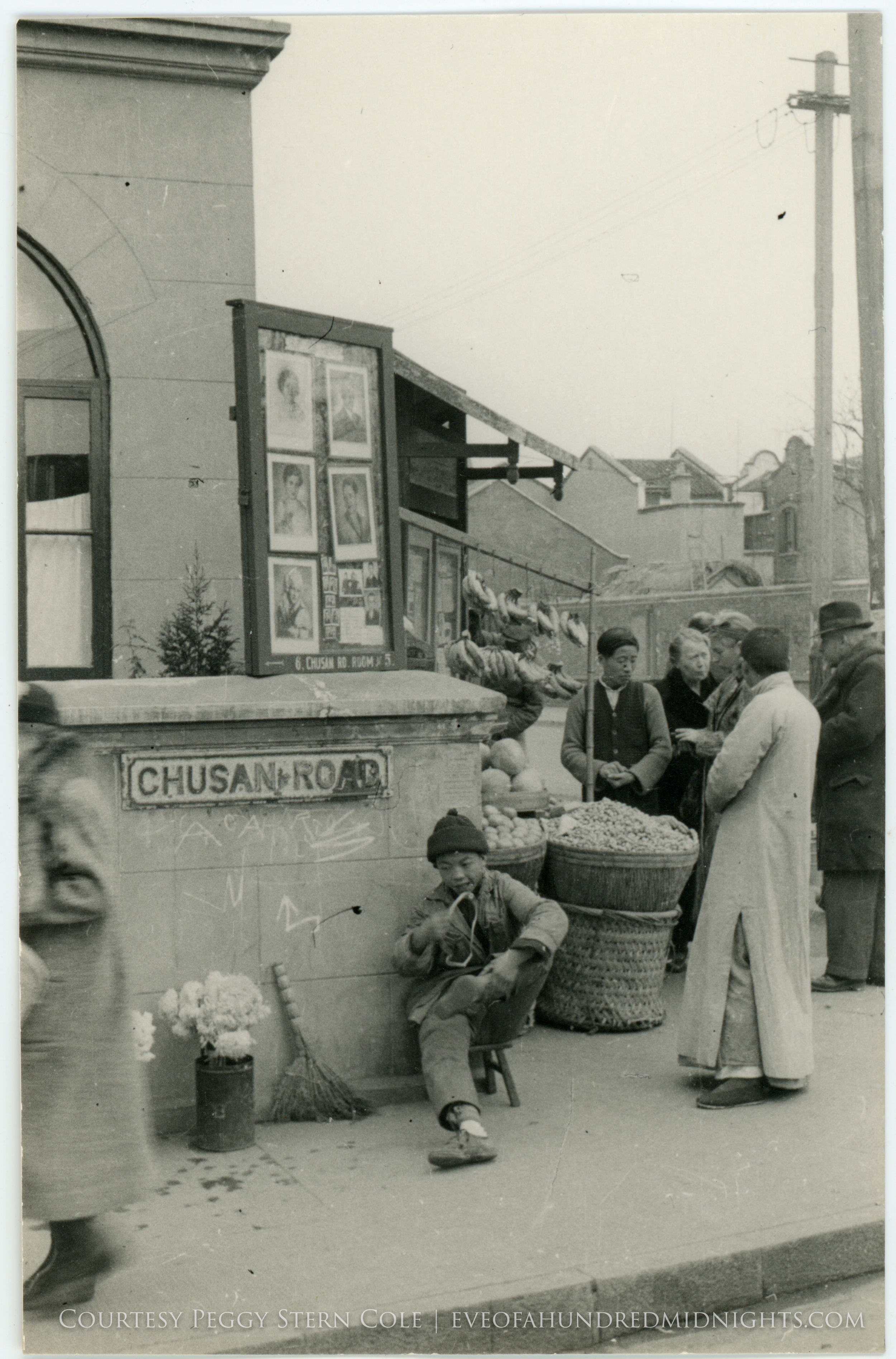
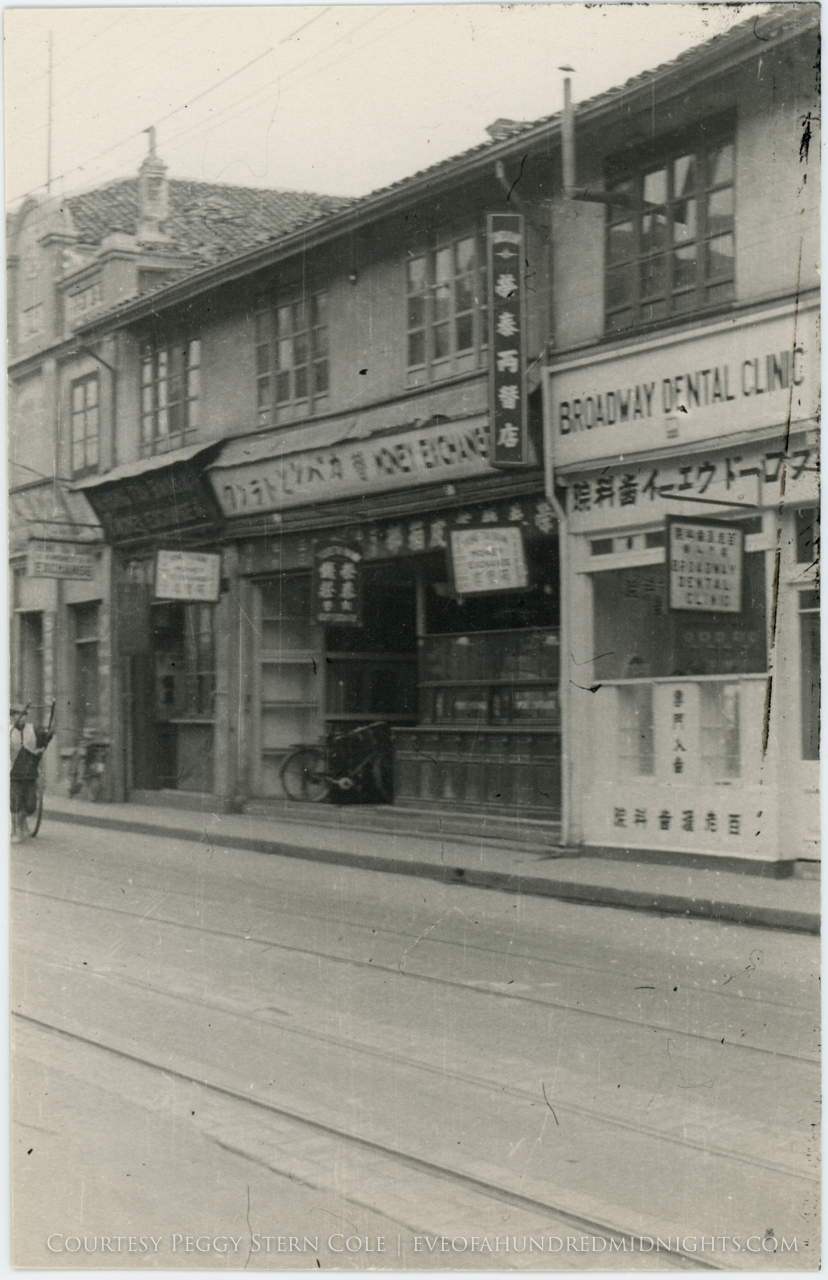
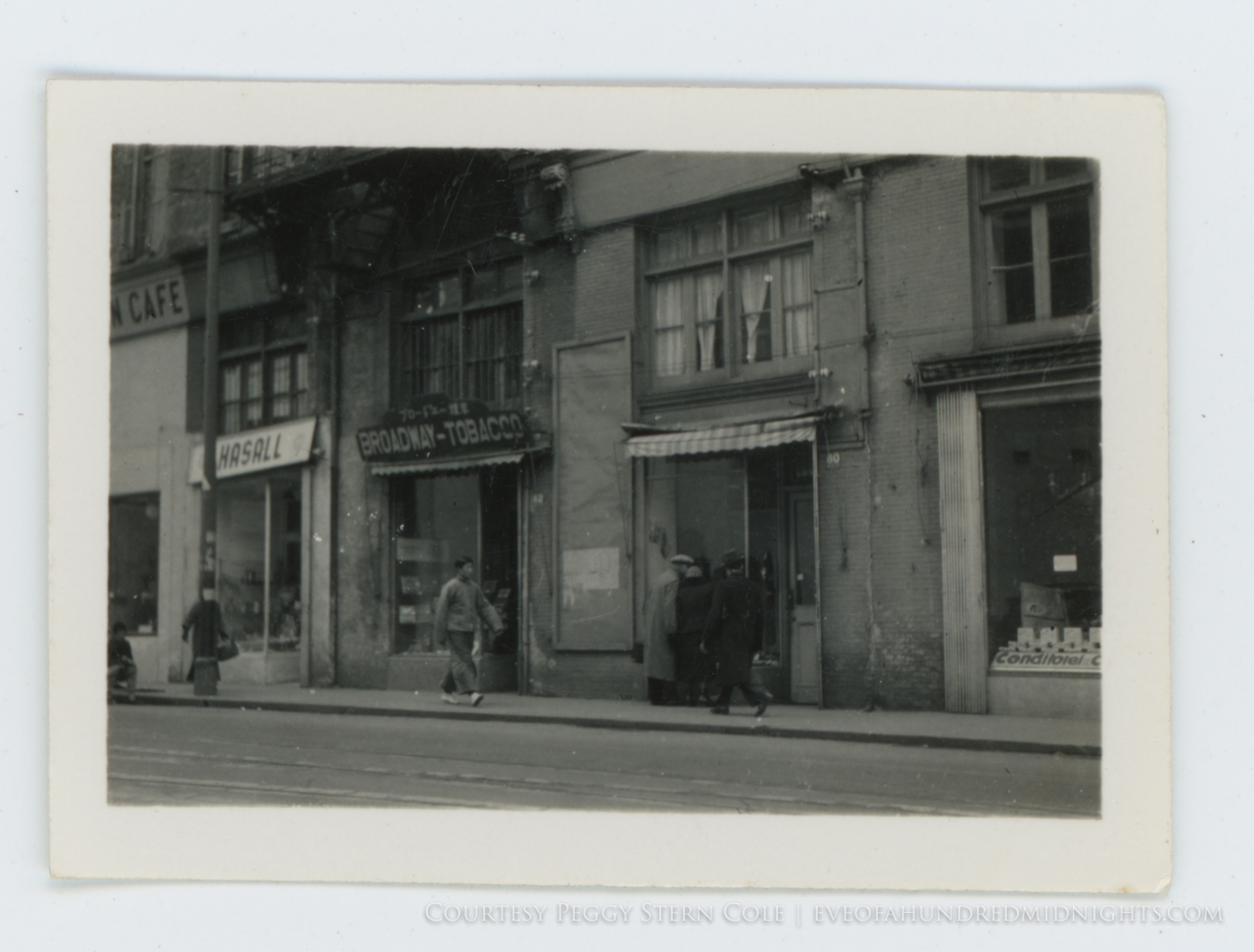
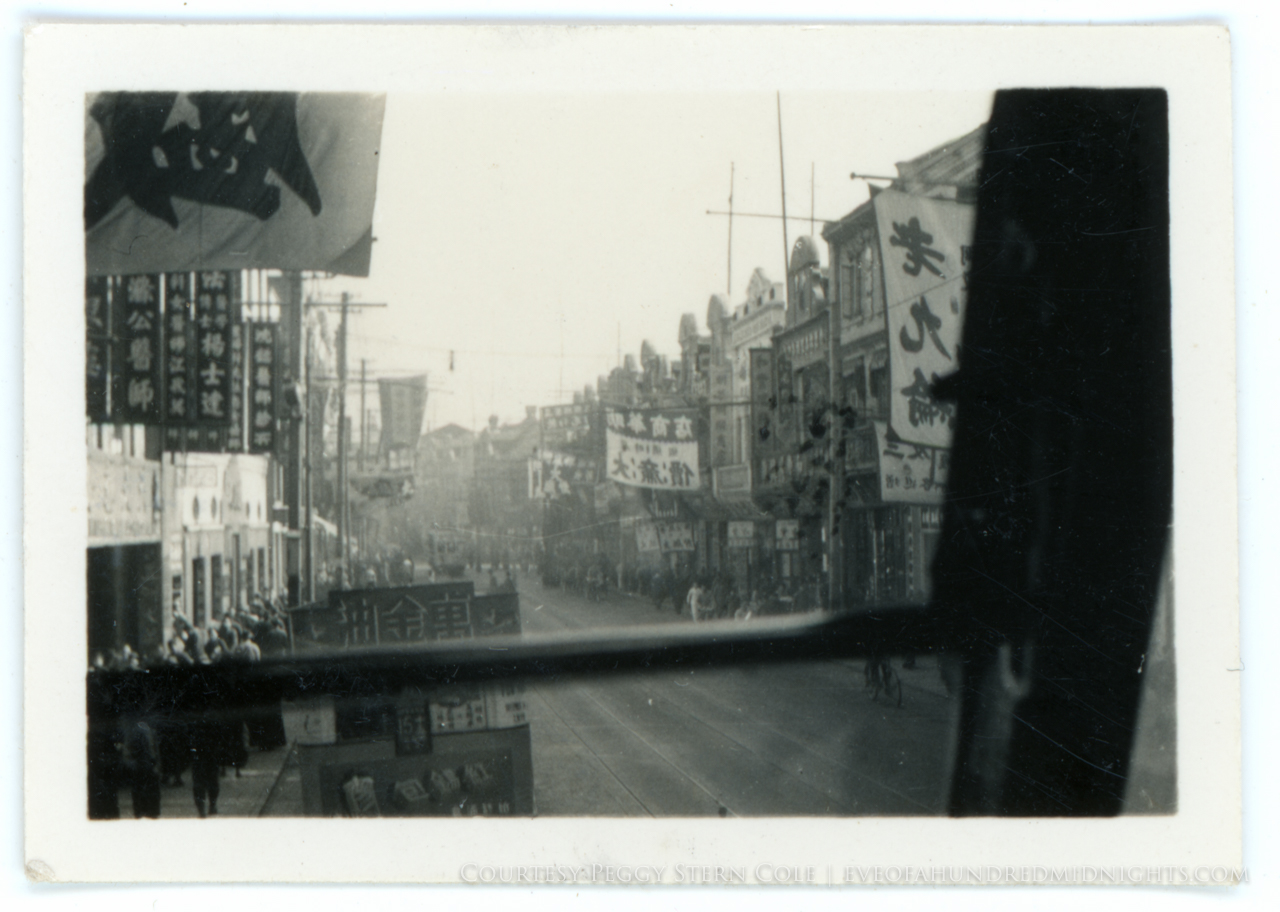
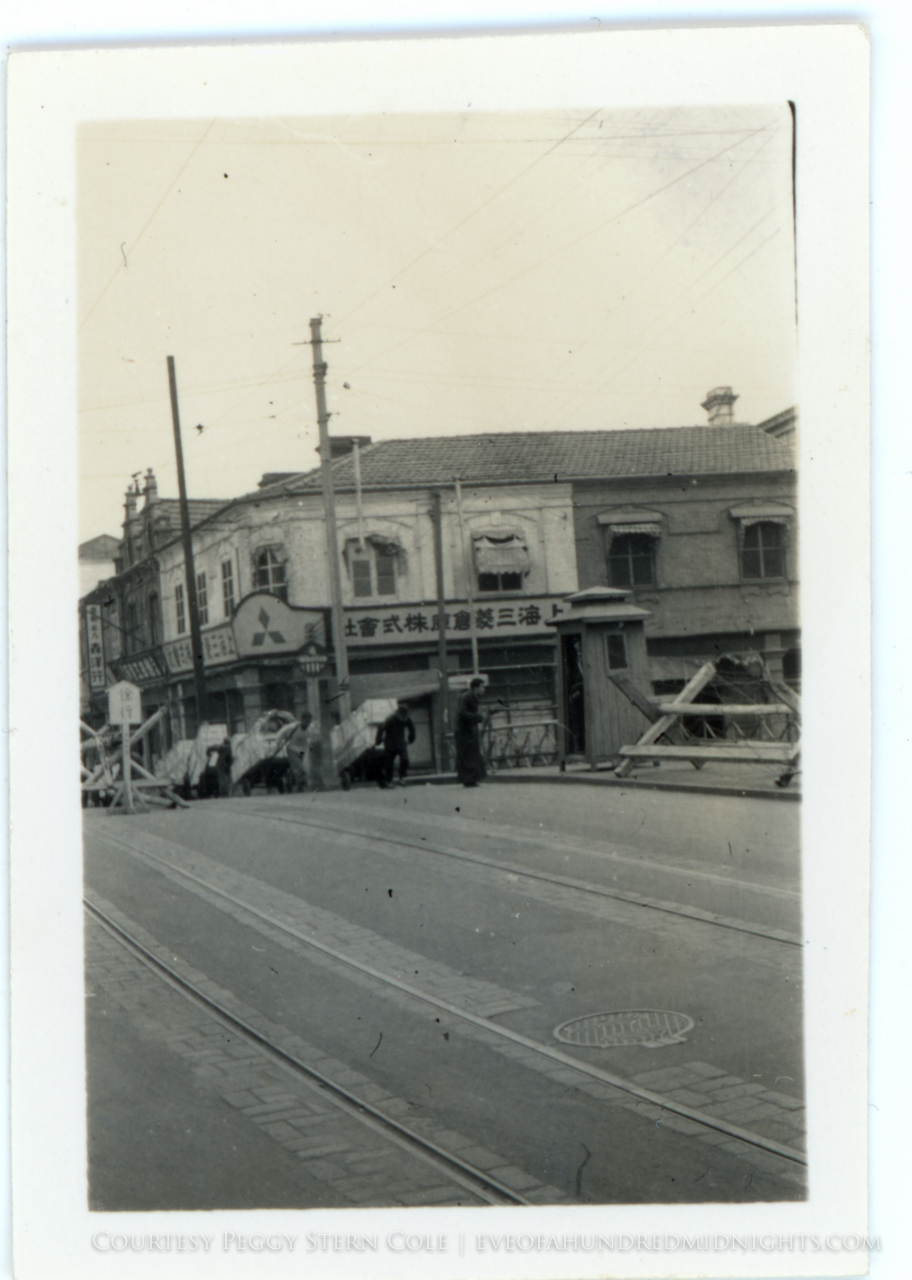
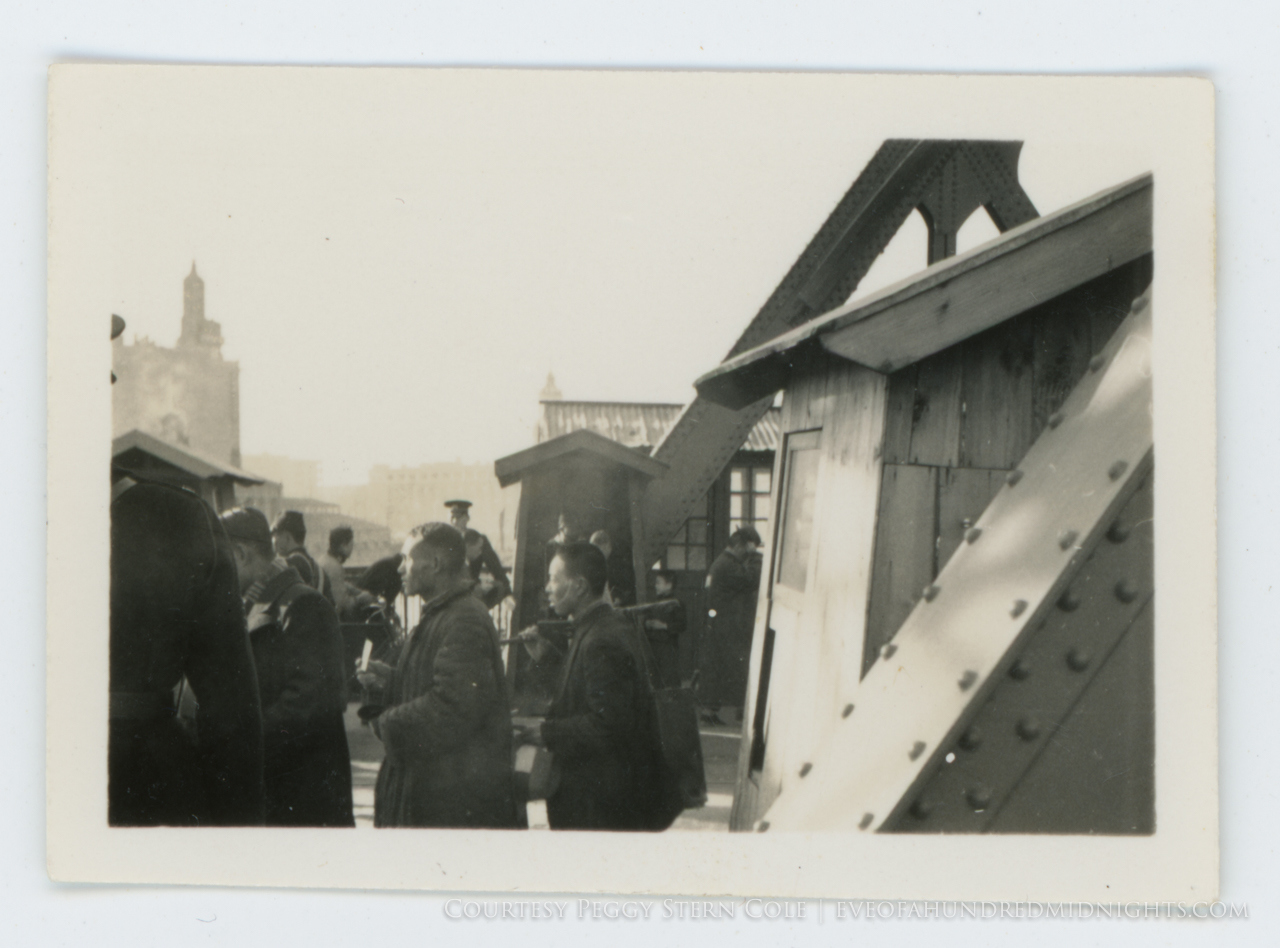
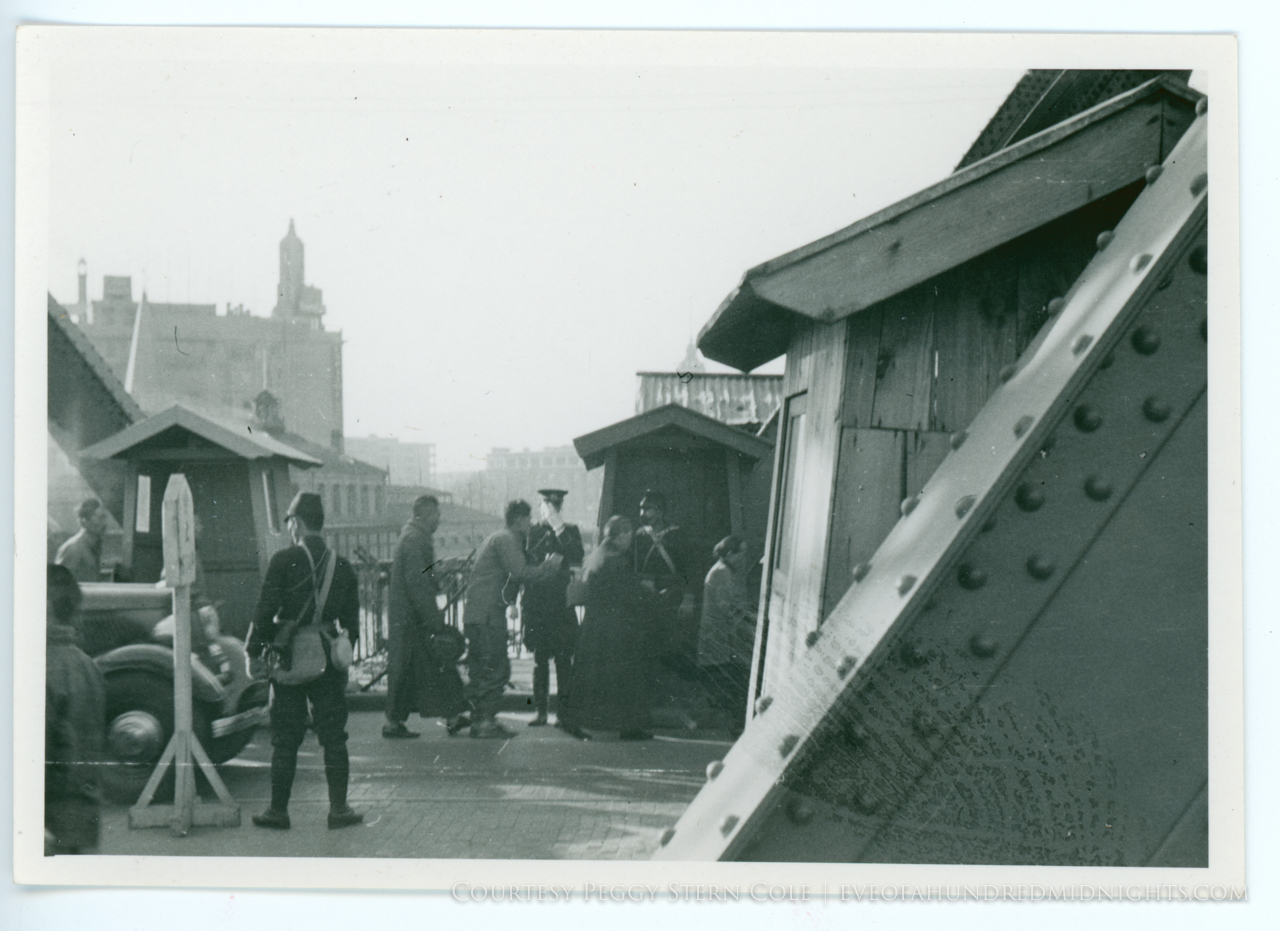
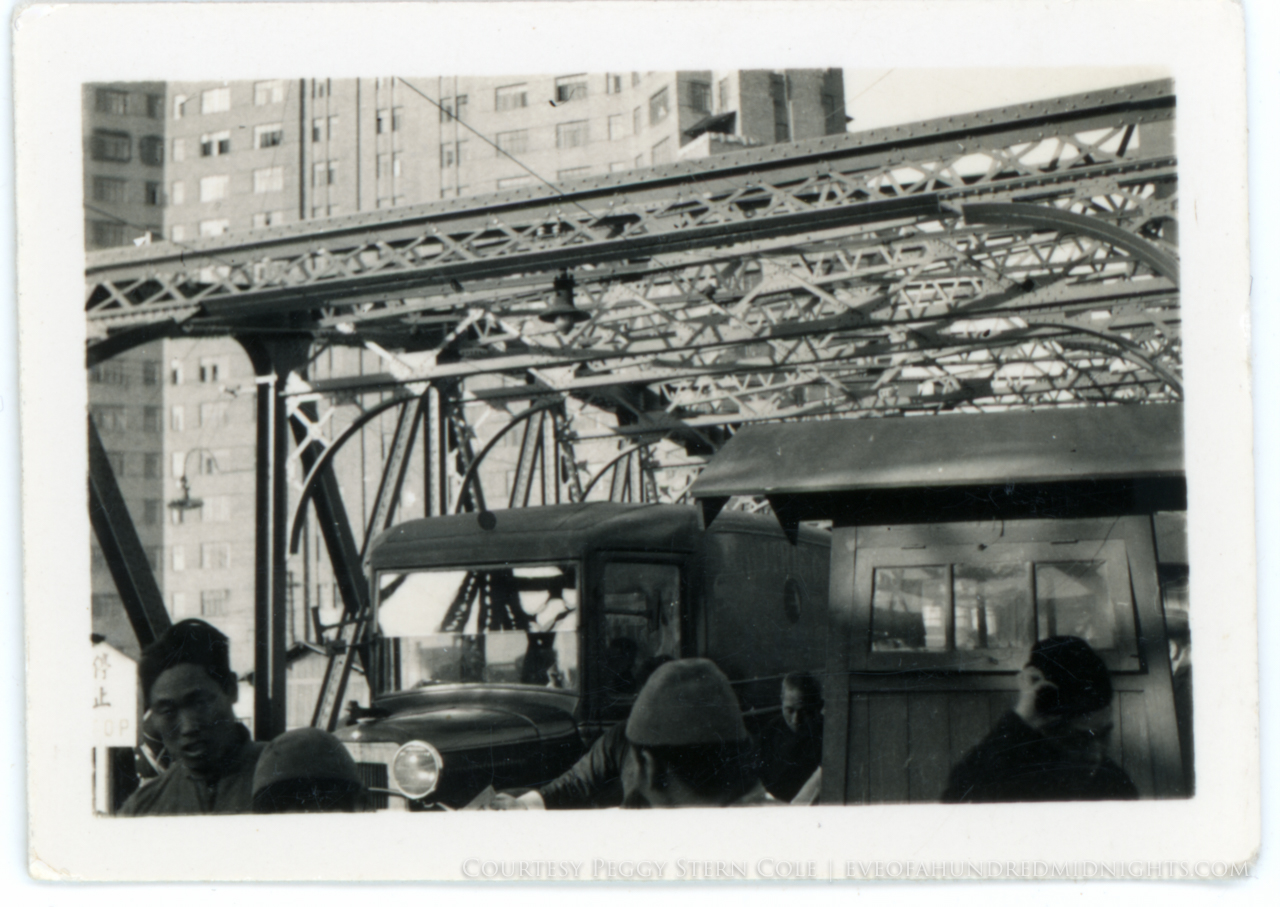
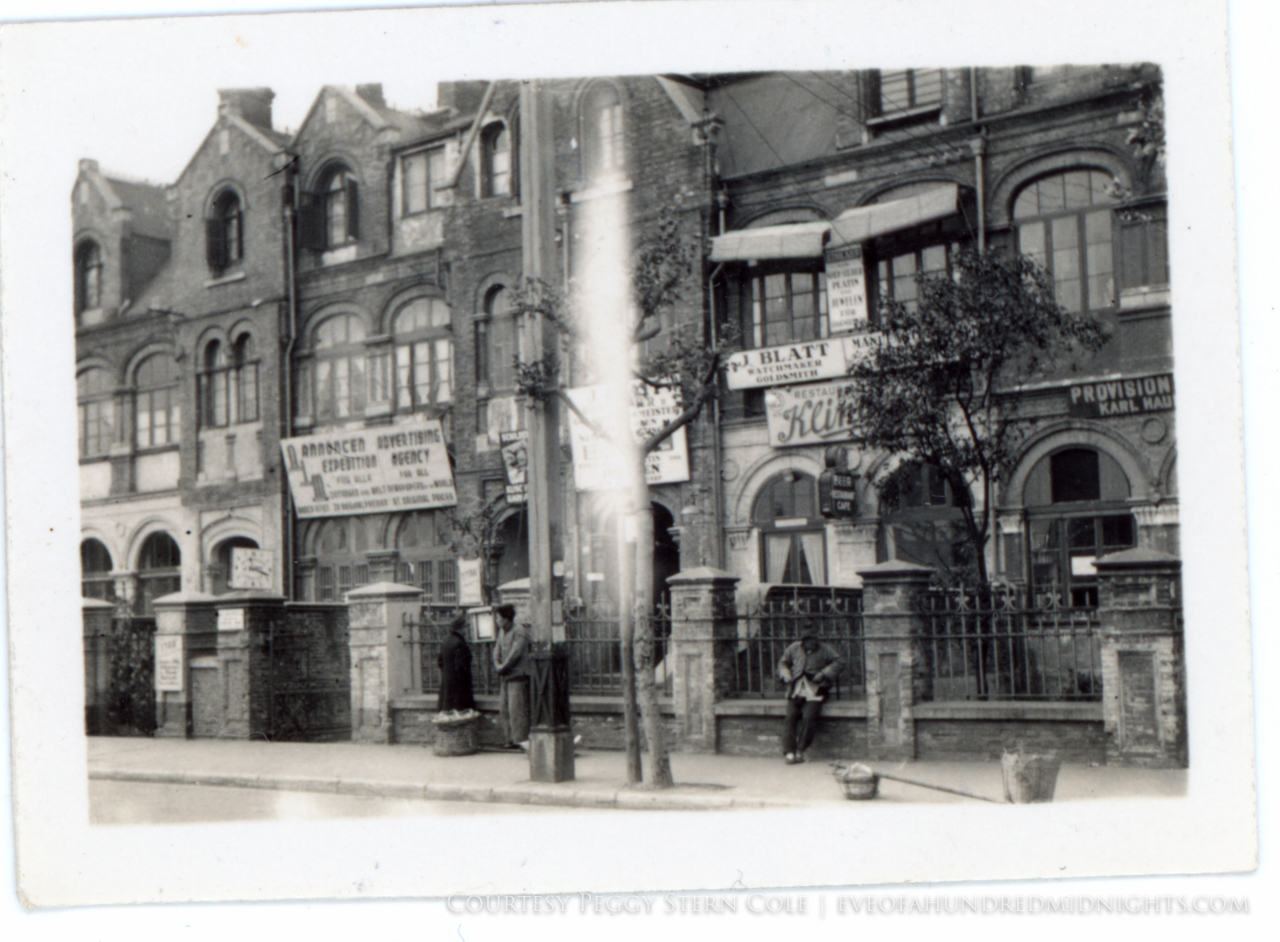
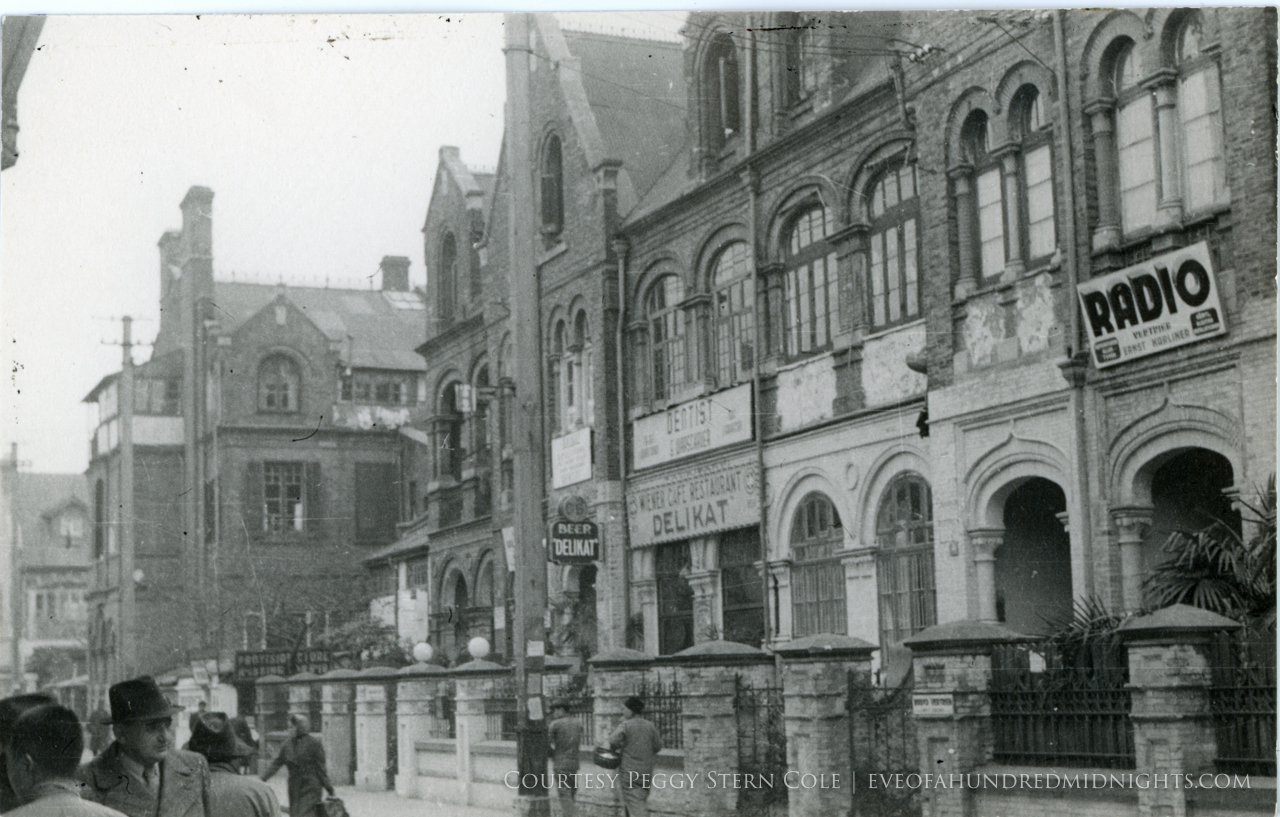
![Restaurant Rosenthal With Bike in Foreground [Good shot] Shanghai.jpg](https://images.squarespace-cdn.com/content/v1/51db1d79e4b03e2f06324d97/1473379937704-QU4YB2Z2NR49I06U7QDN/Restaurant+Rosenthal+With+Bike+in+Foreground+%5BGood+shot%5D+Shanghai.jpg)
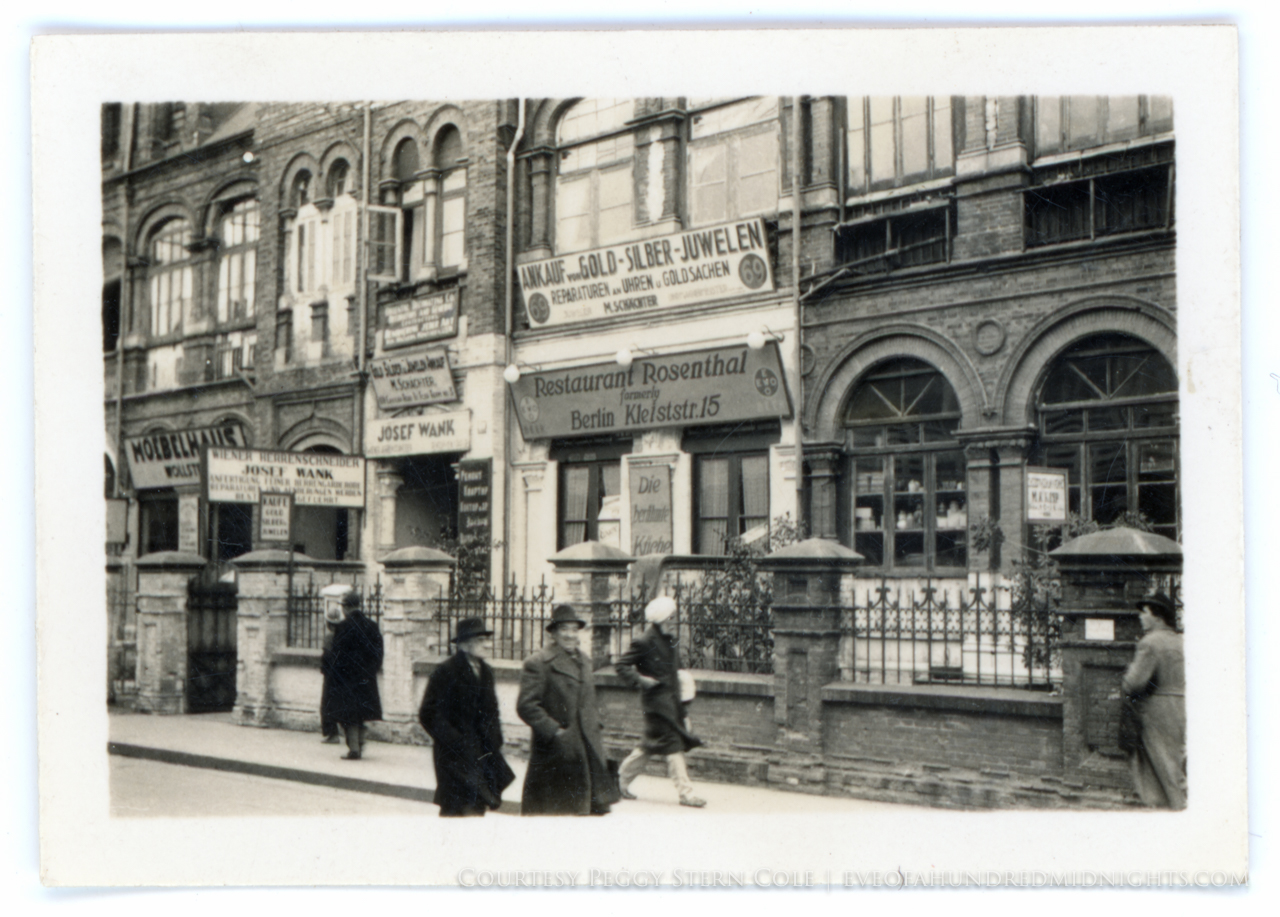
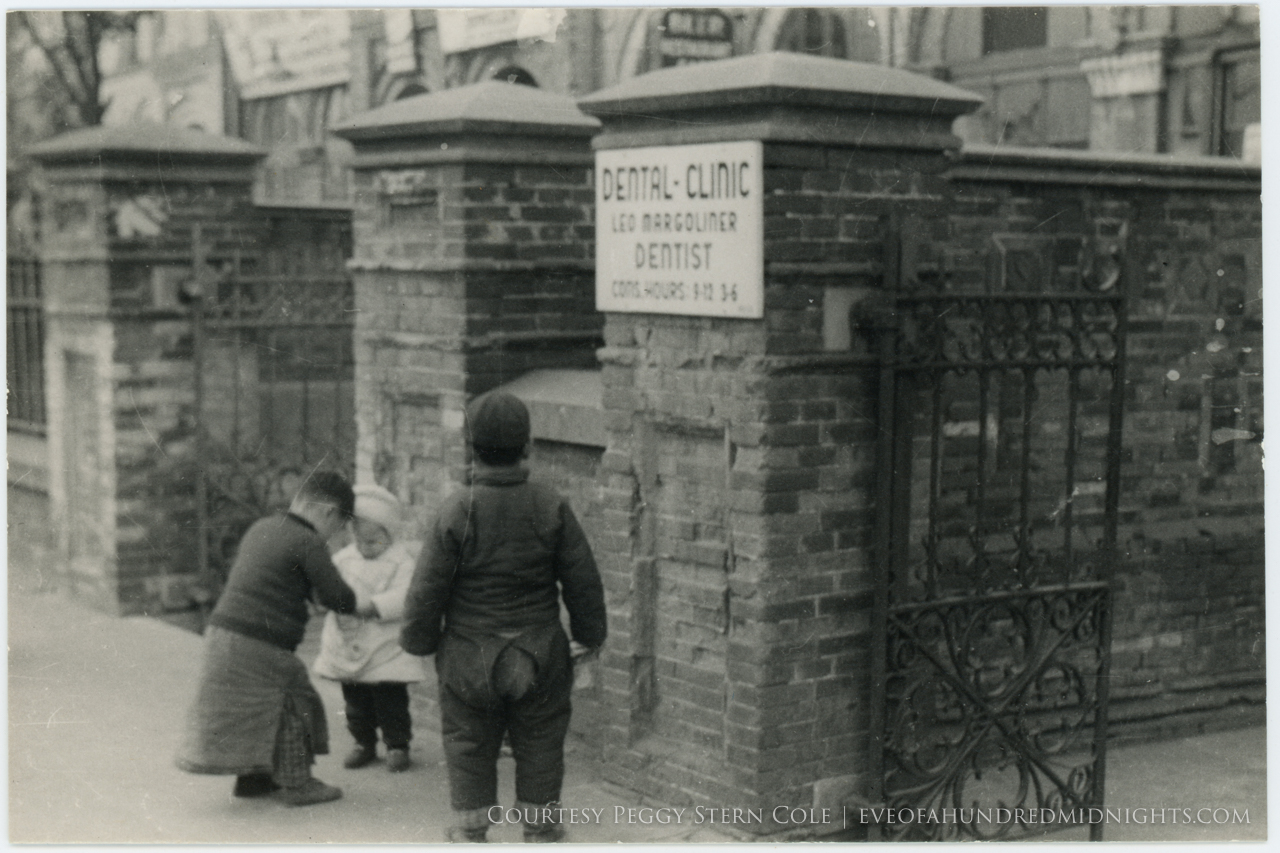
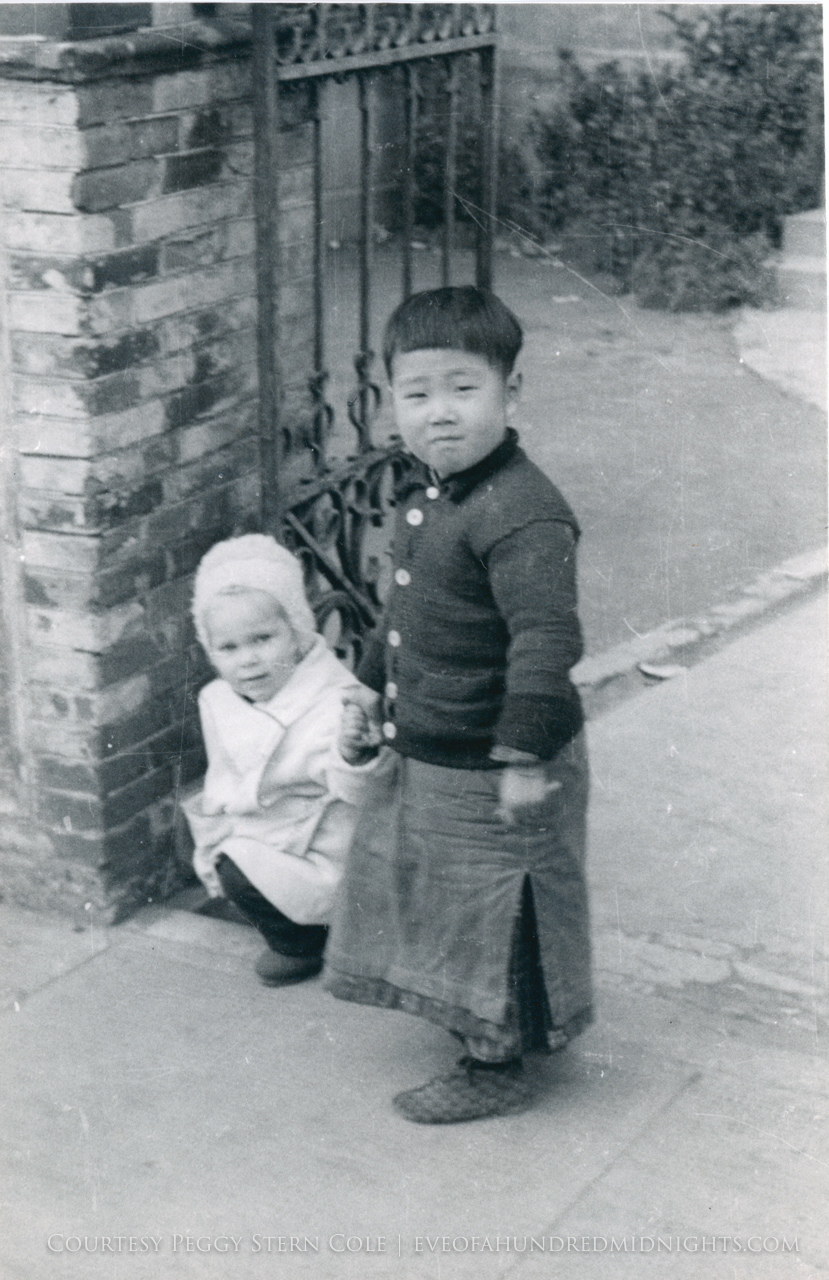
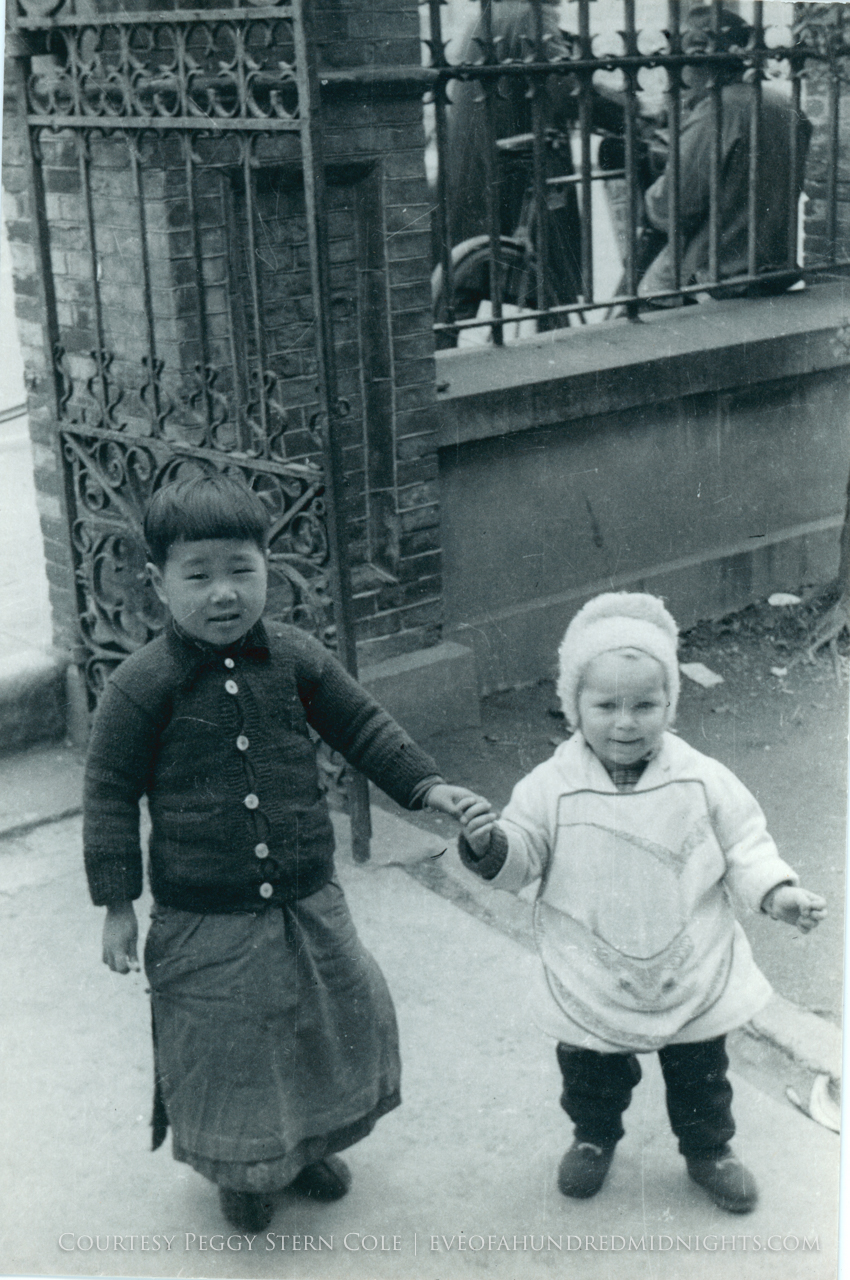
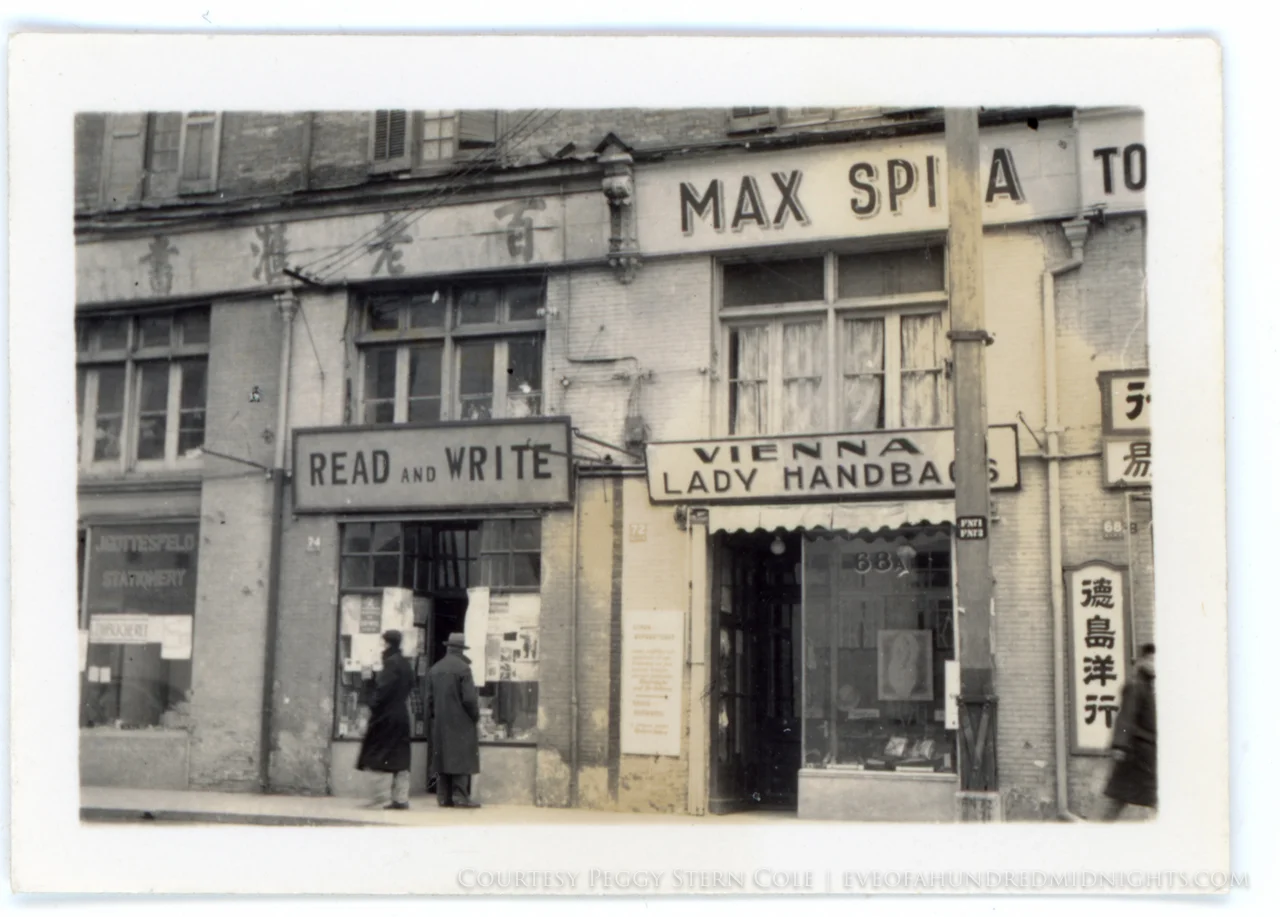
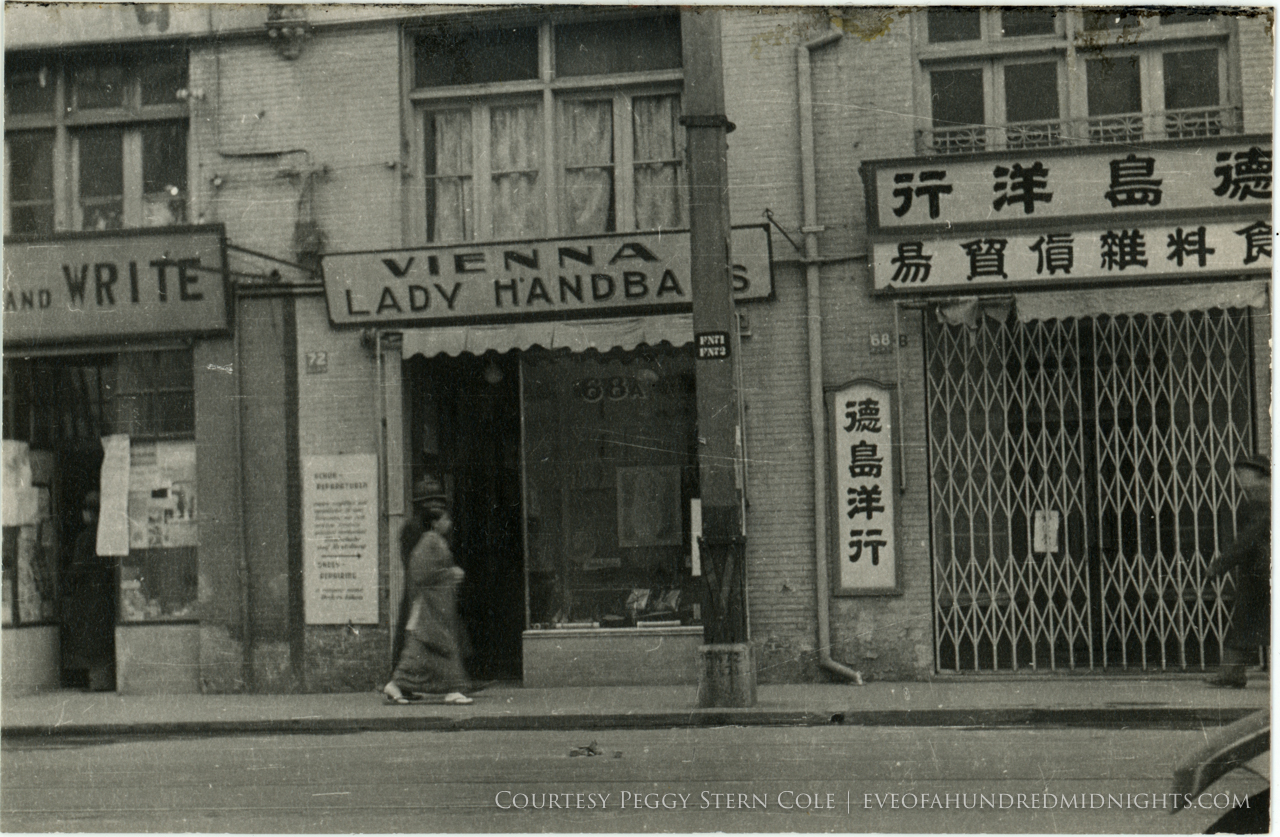
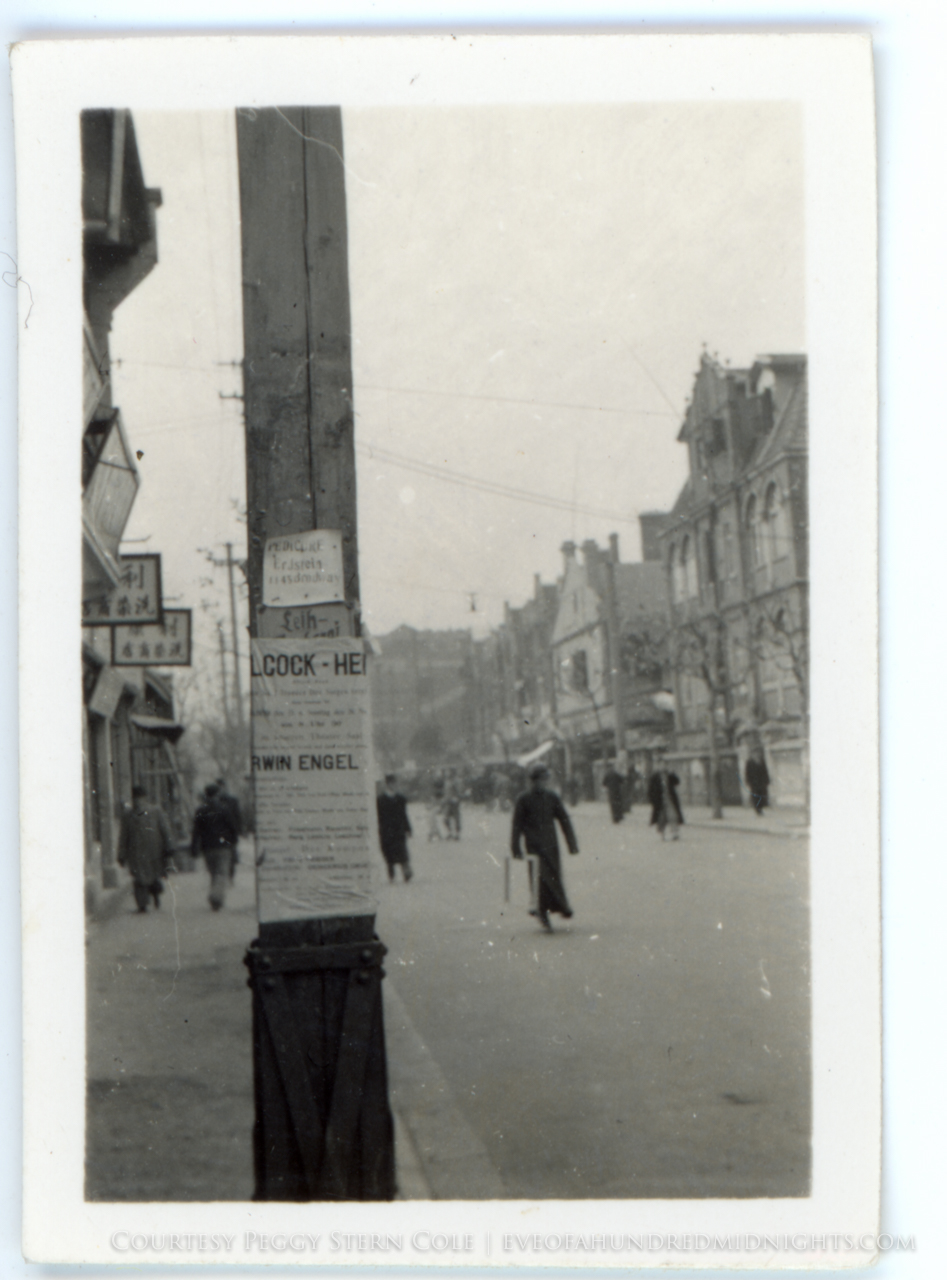
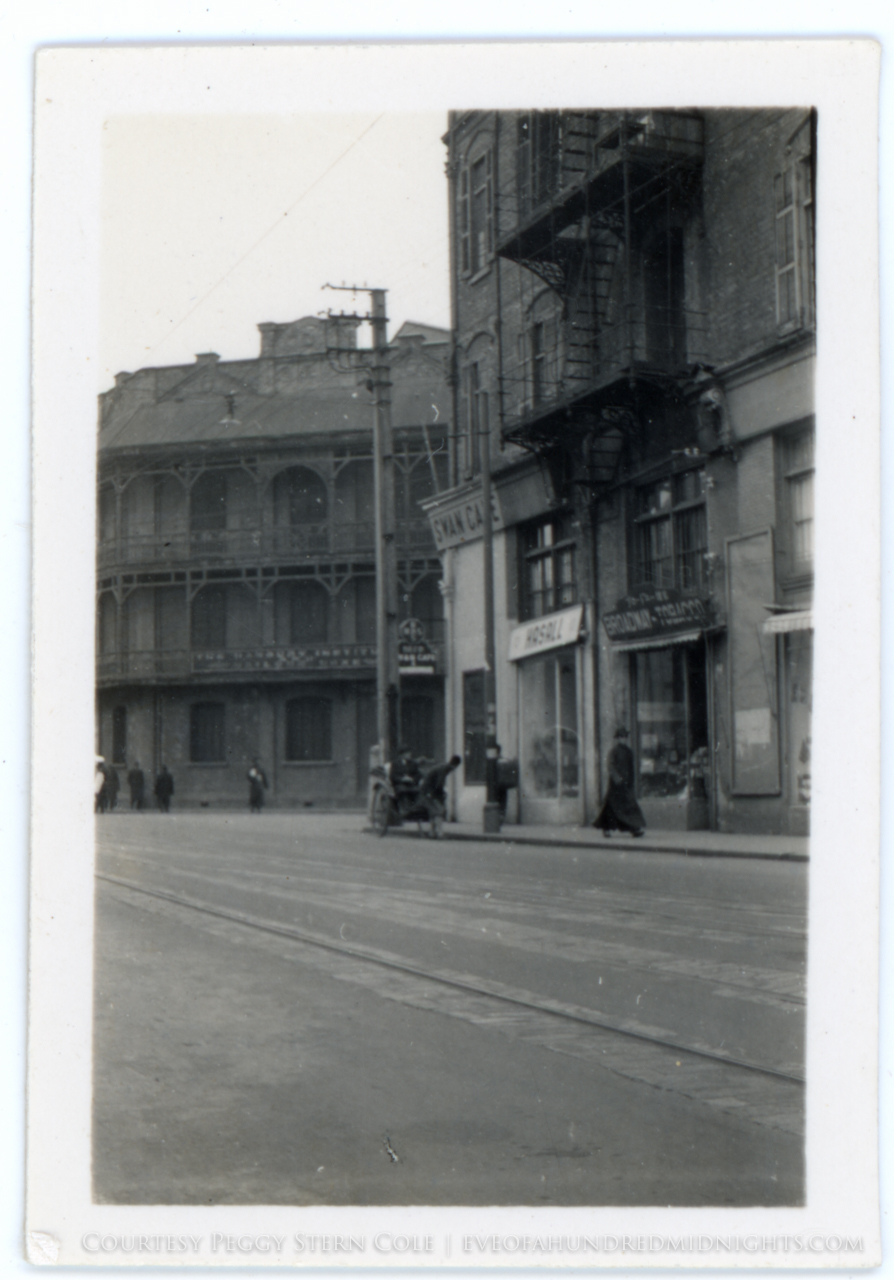
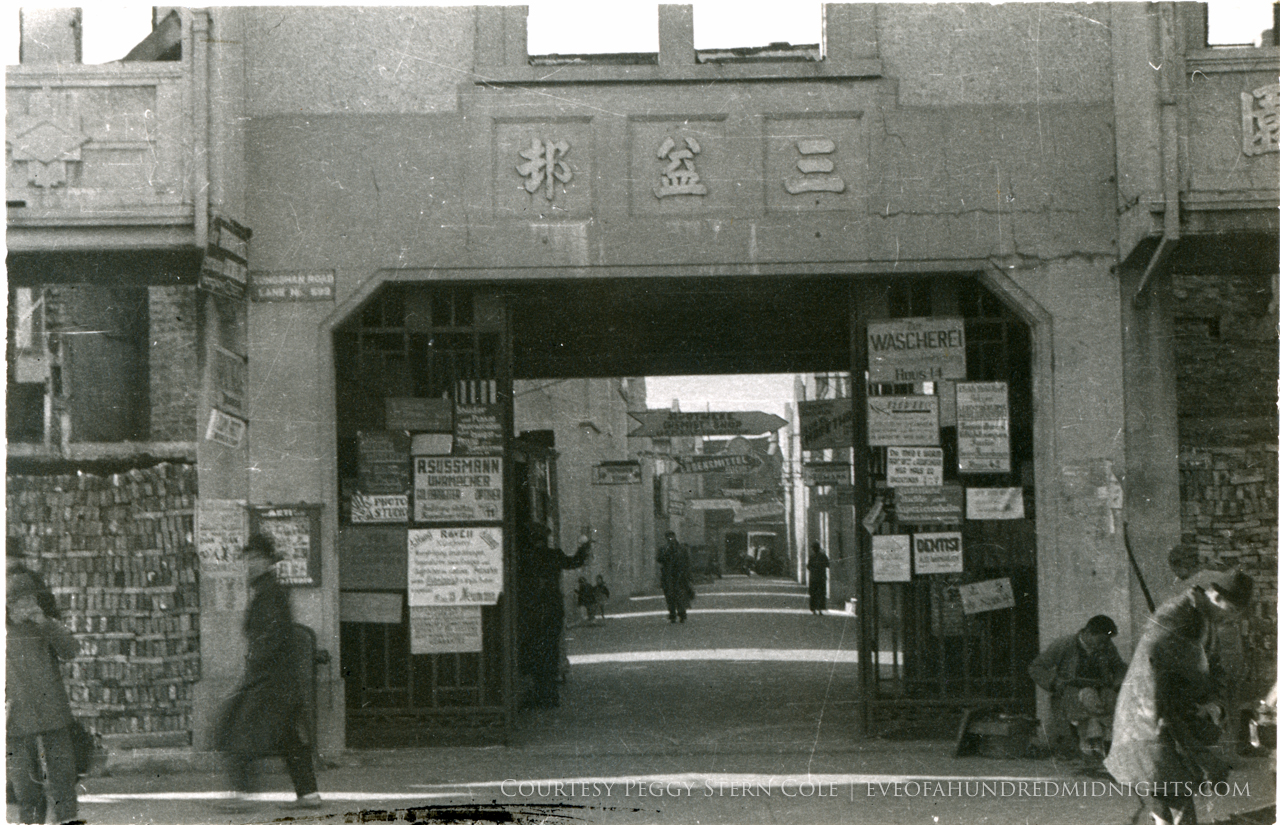

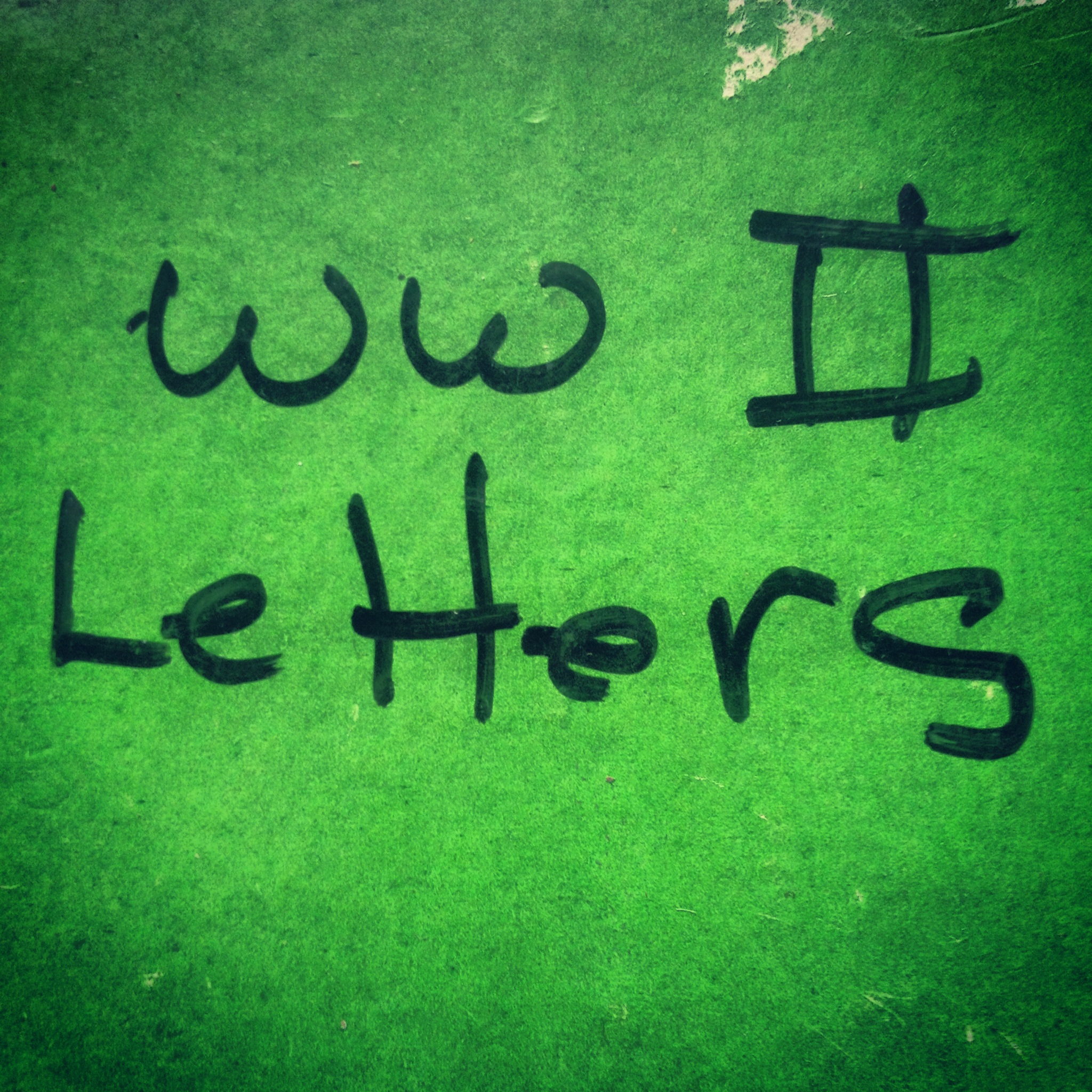

![The Canton Landing [Front].jpg](https://images.squarespace-cdn.com/content/v1/51db1d79e4b03e2f06324d97/1473380873324-VJXP95LPJKSKH3YX0ME4/The+Canton+Landing+%5BFront%5D.jpg)
![Typical Canton Street Scene [Front].jpg](https://images.squarespace-cdn.com/content/v1/51db1d79e4b03e2f06324d97/1473380887168-QG8KGN67431O5CFBSPU1/Typical+Canton+Street+Scene+%5BFront%5D.jpg)
![Typical Canton Street Scene [back].jpg](https://images.squarespace-cdn.com/content/v1/51db1d79e4b03e2f06324d97/1473380886234-AWCQAHCJZGI2NXOXPESO/Typical+Canton+Street+Scene+%5Bback%5D.jpg)
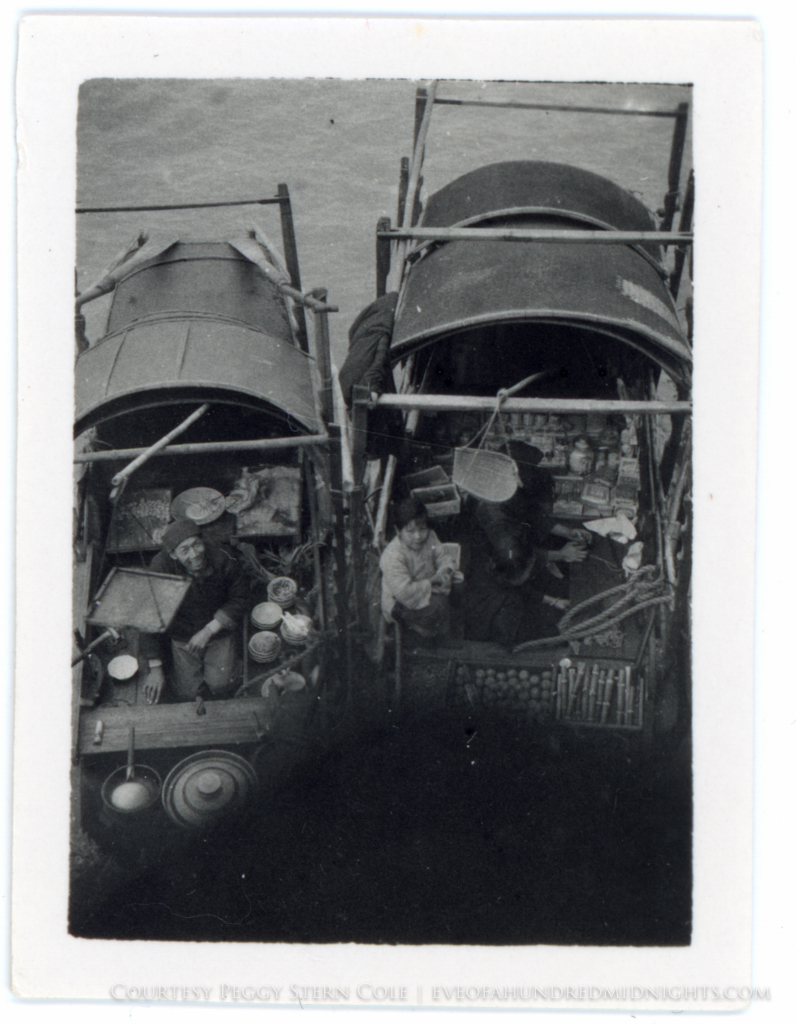
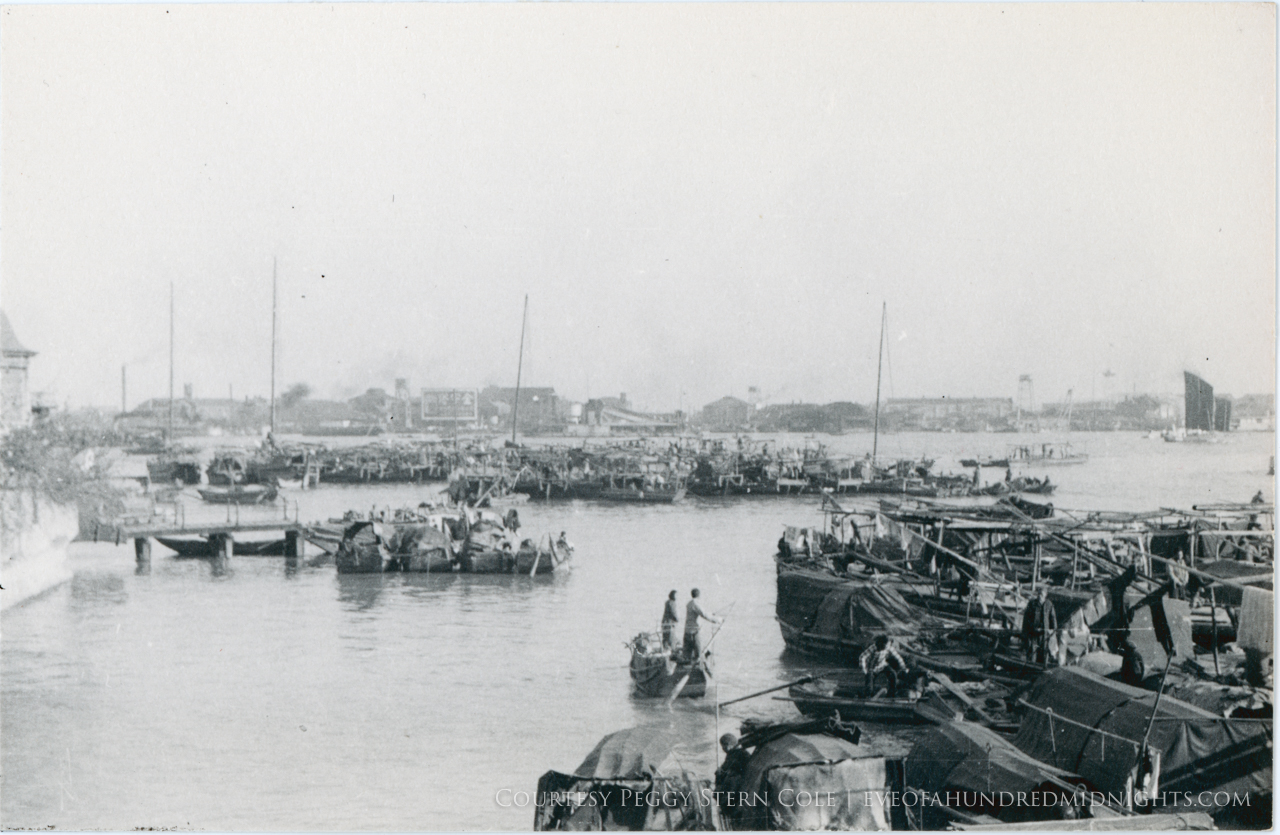
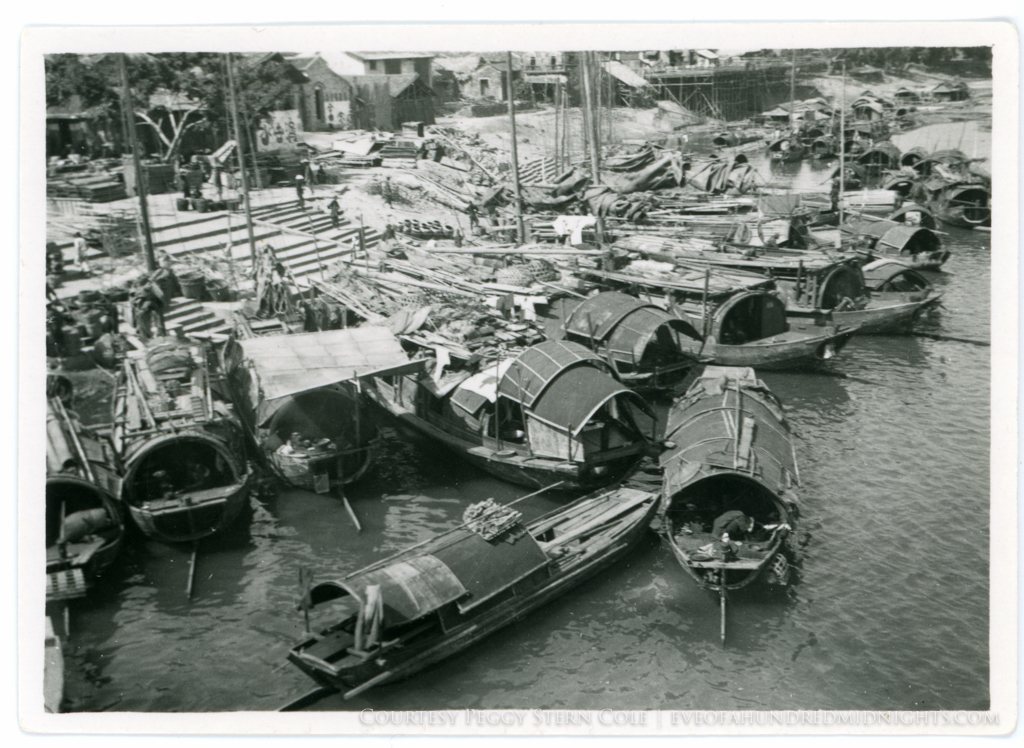
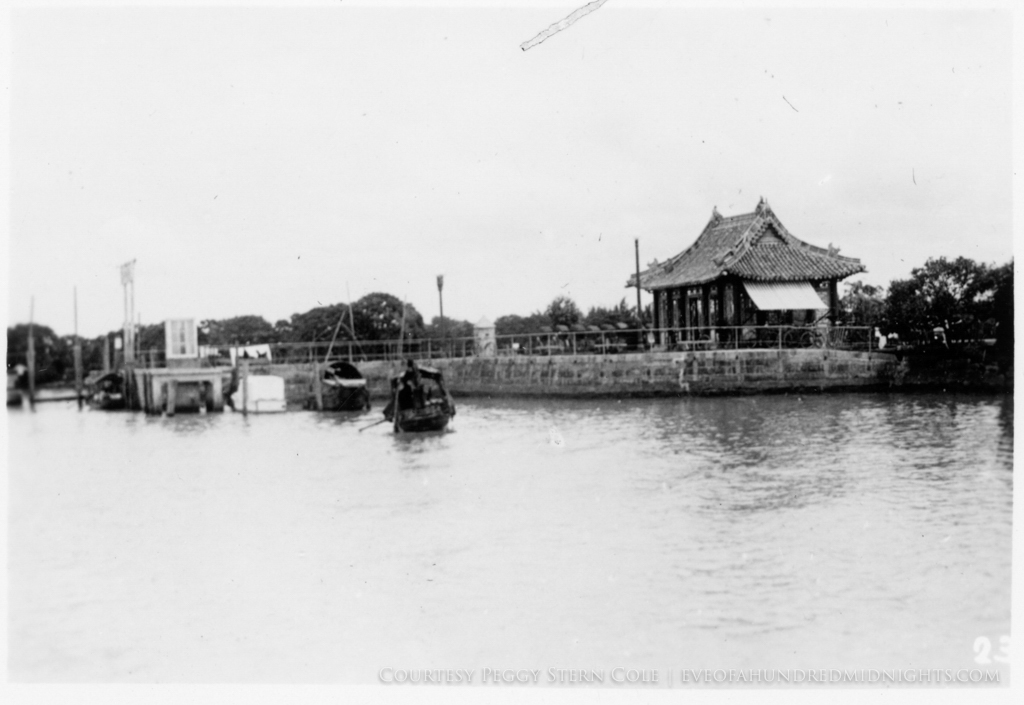
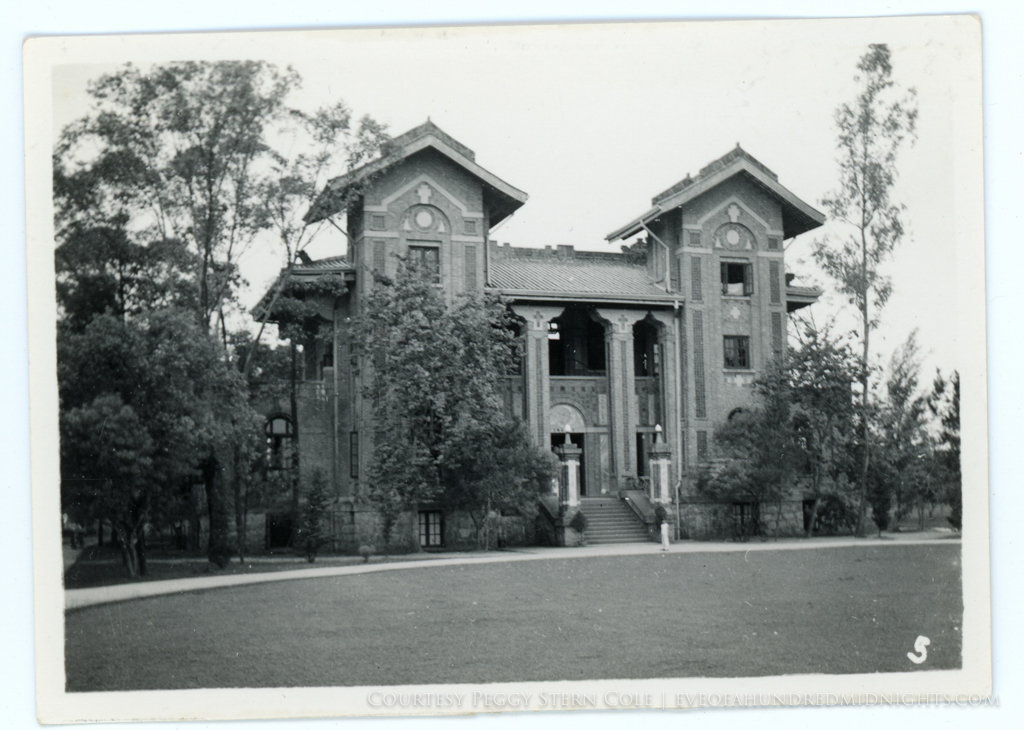
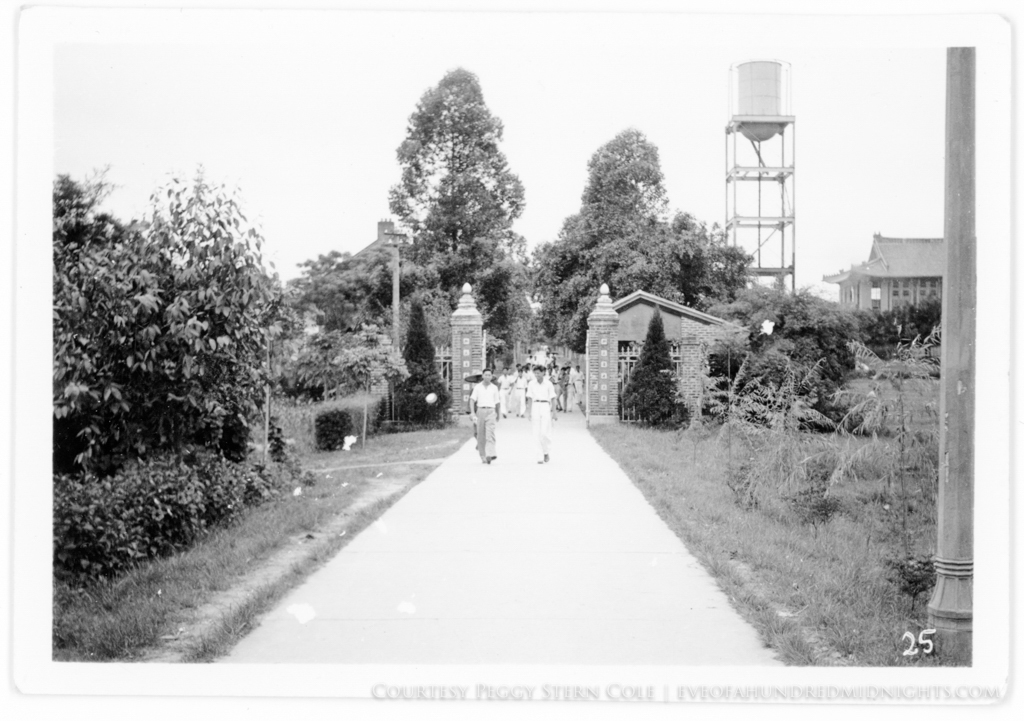
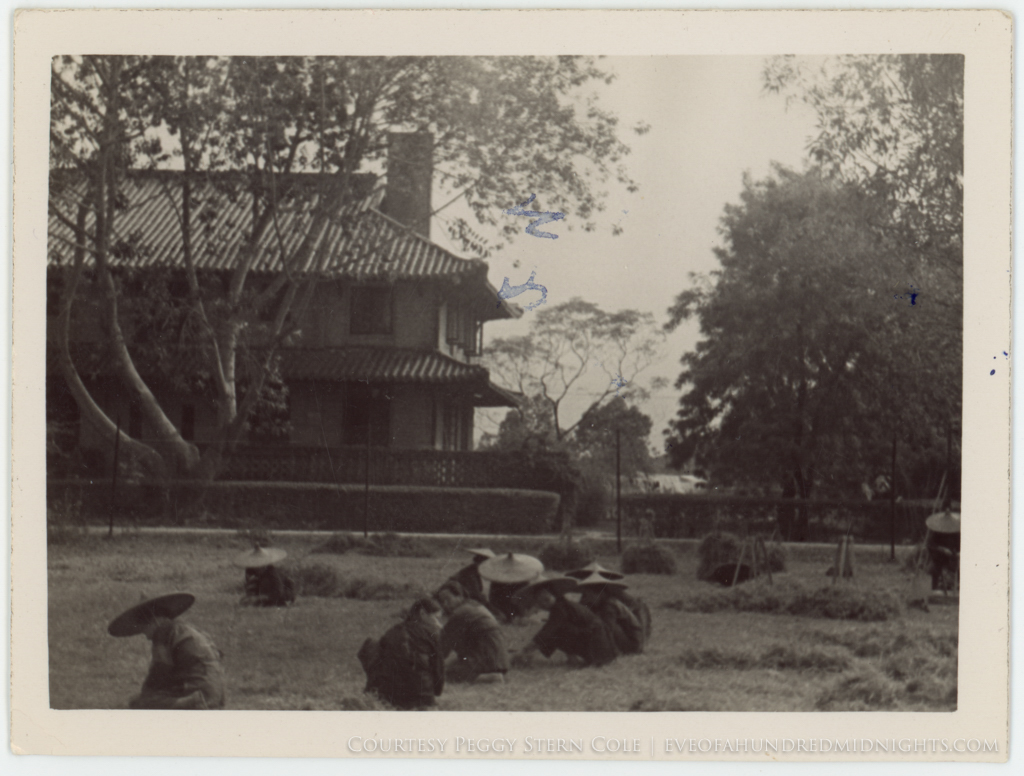
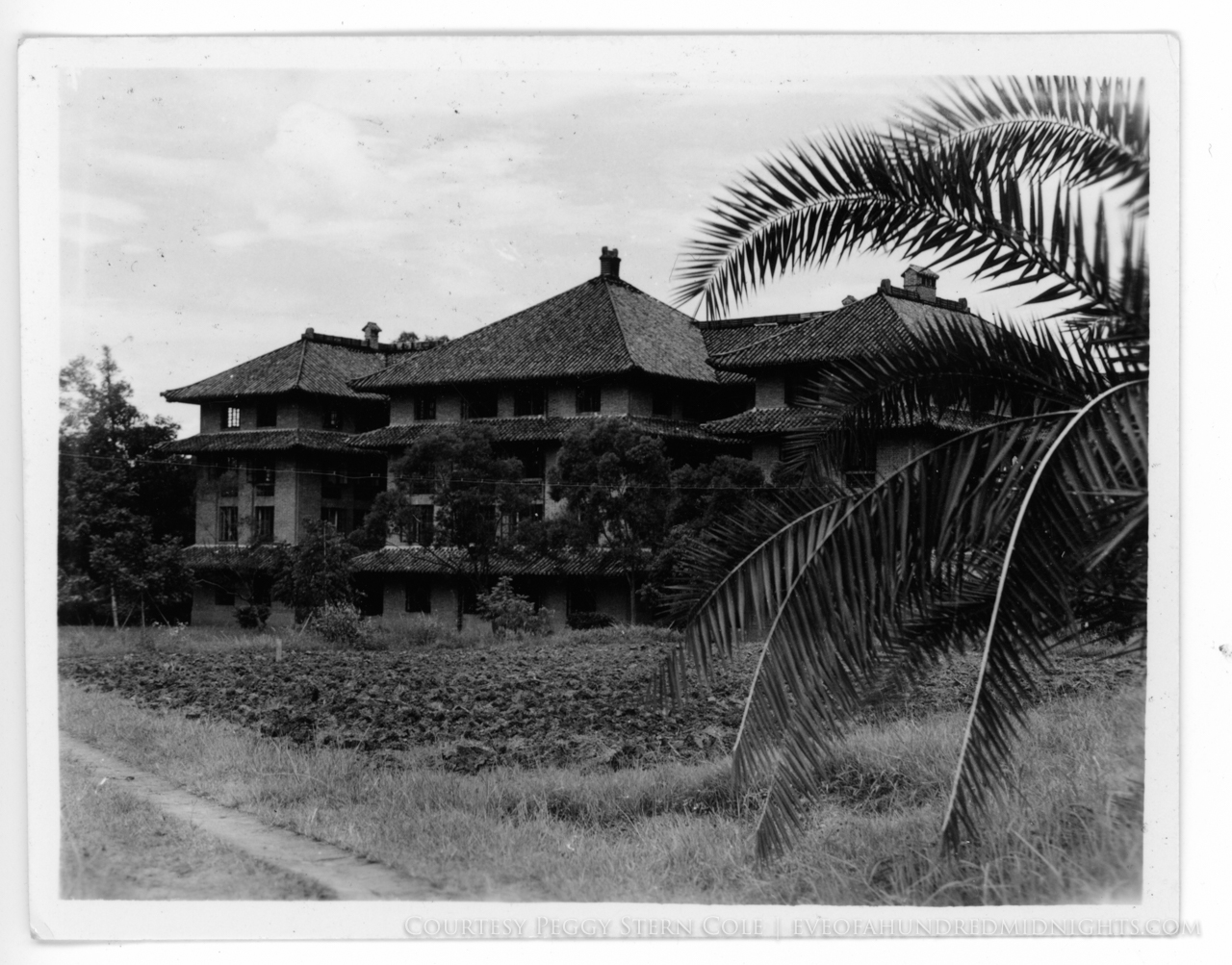
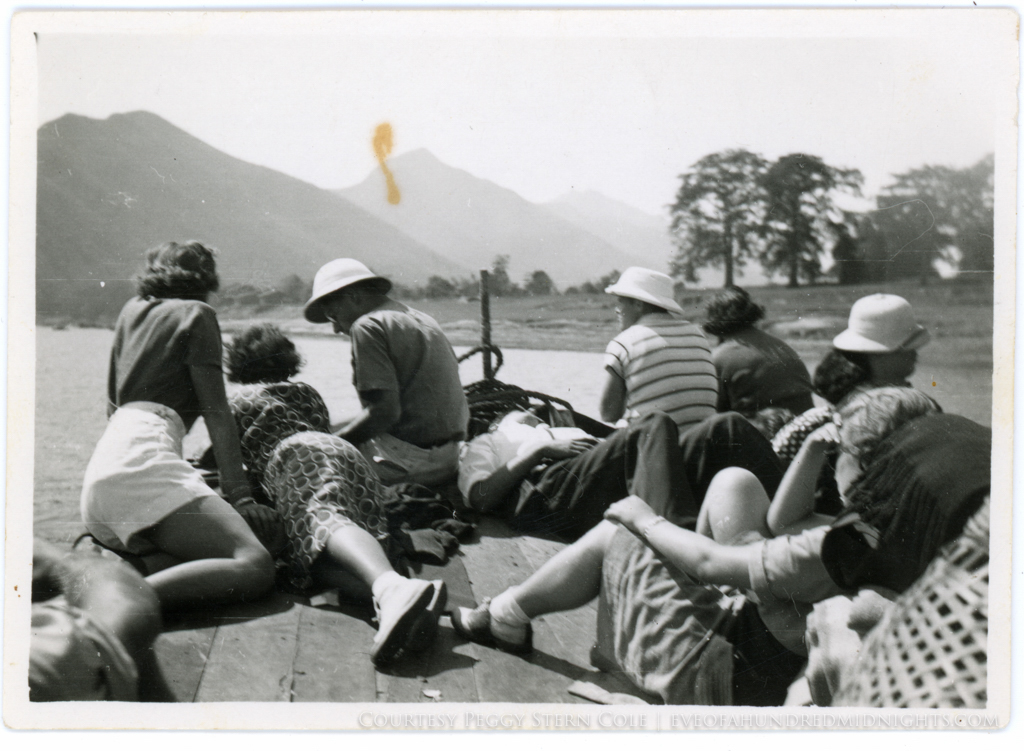
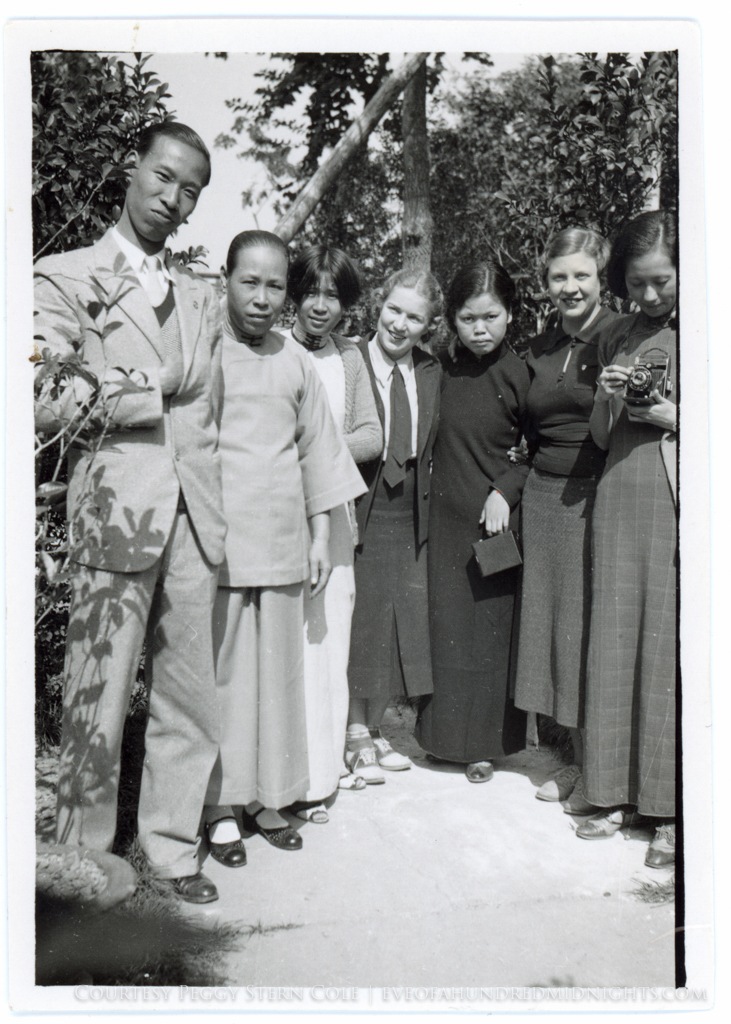
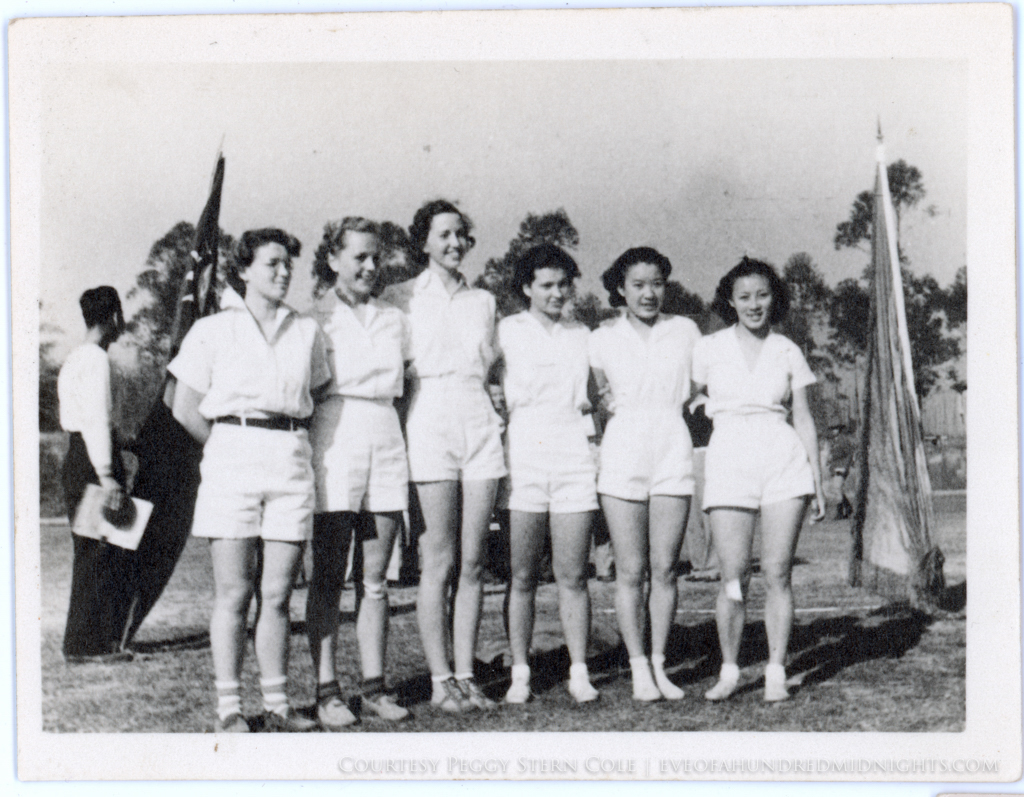
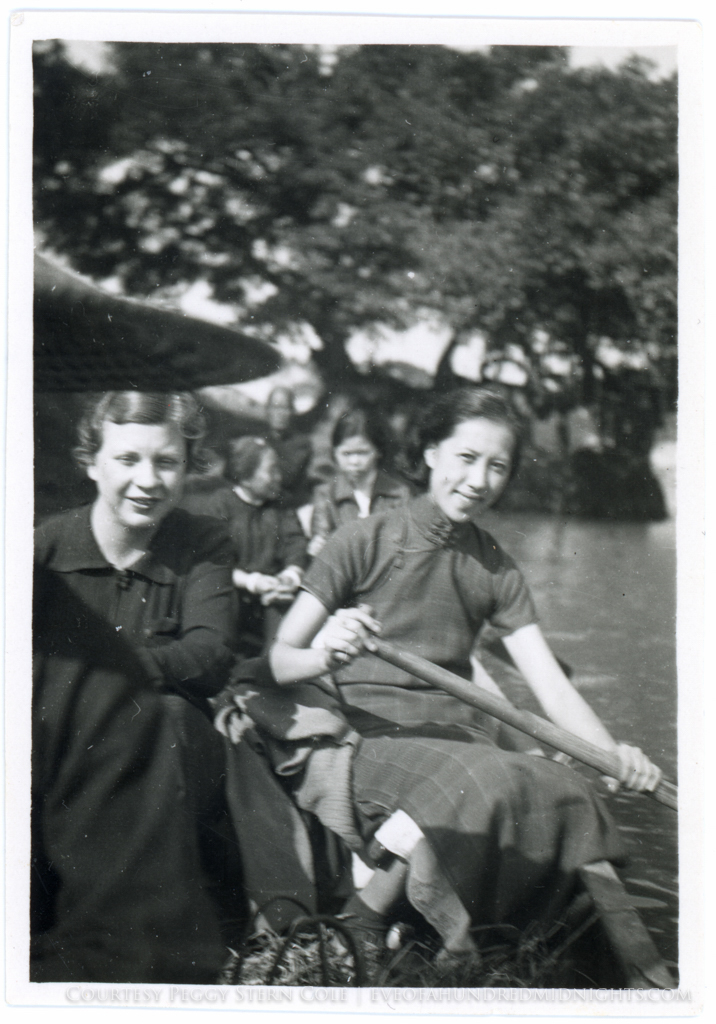
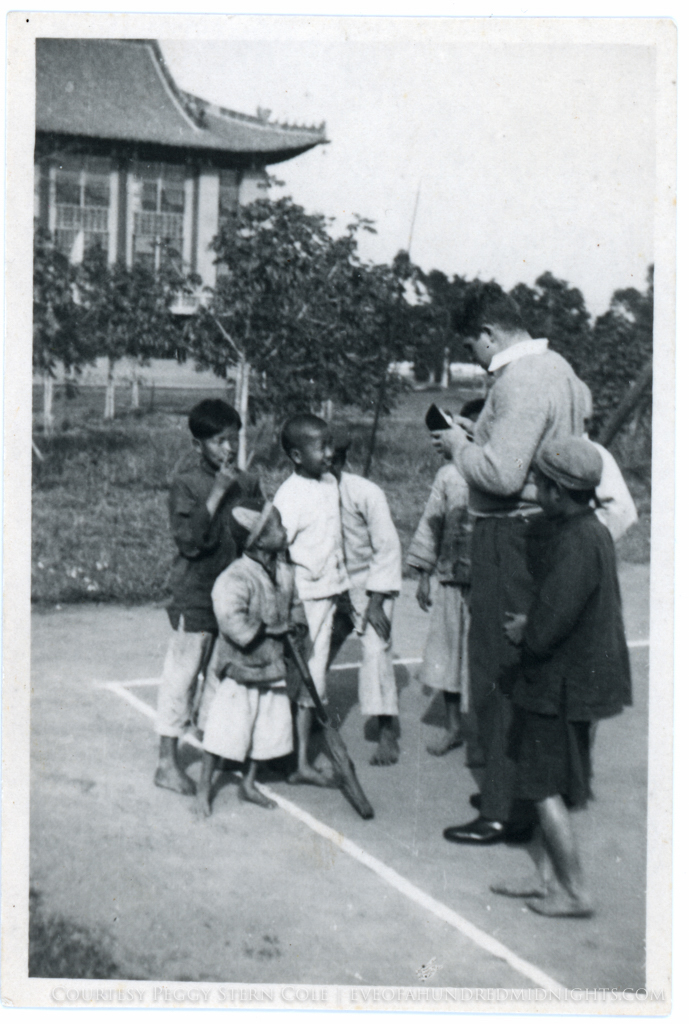
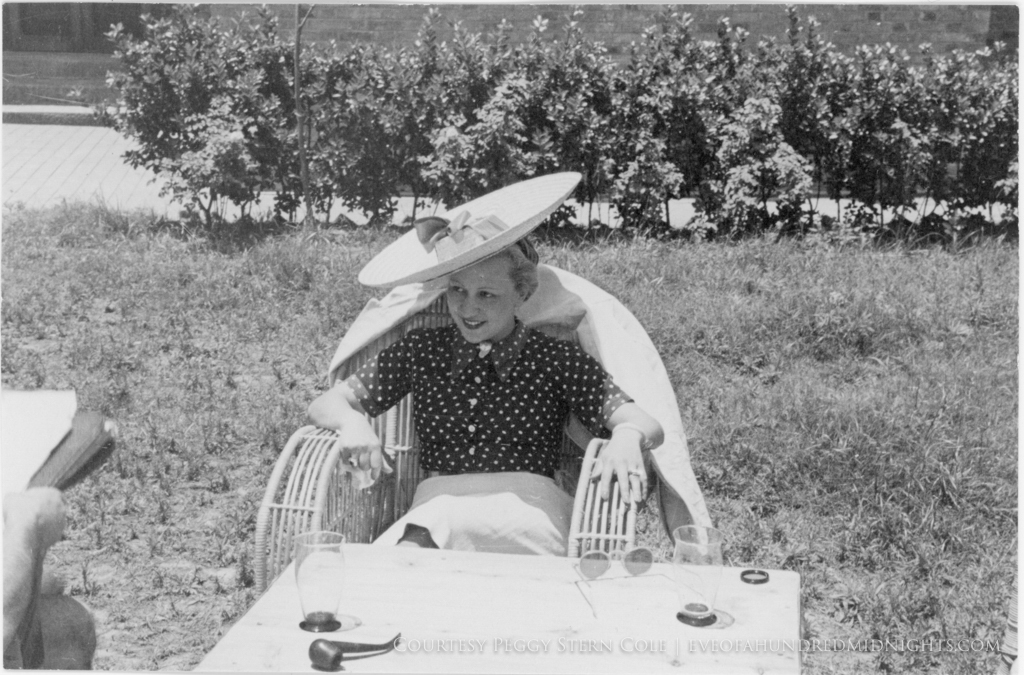
![One of the Hawaiian Chinese Girls [Front]-2.jpg](https://images.squarespace-cdn.com/content/v1/51db1d79e4b03e2f06324d97/1469736497421-JDTW1R4G8WMPFTPGWLYA/One+of+the+Hawaiian+Chinese+Girls+%5BFront%5D-2.jpg)
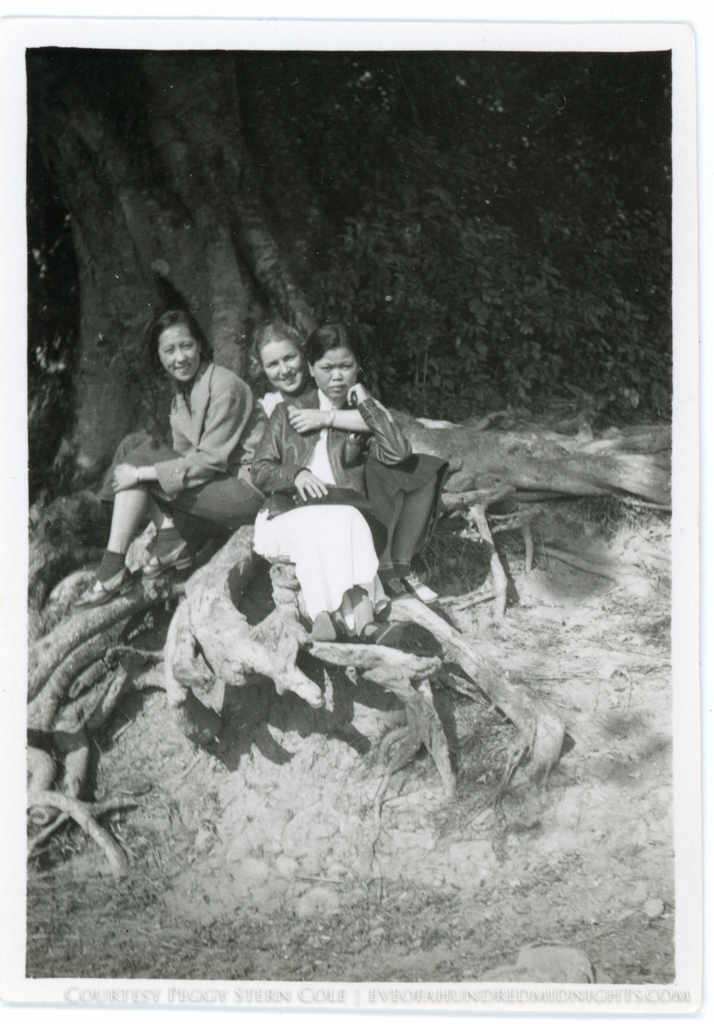
![Lingnan Meal With Students Identified [Front].jpg](https://images.squarespace-cdn.com/content/v1/51db1d79e4b03e2f06324d97/1469736475226-XQ155UF2HIZ4DW5DZXMO/Lingnan+Meal+With+Students+Identified+%5BFront%5D.jpg)
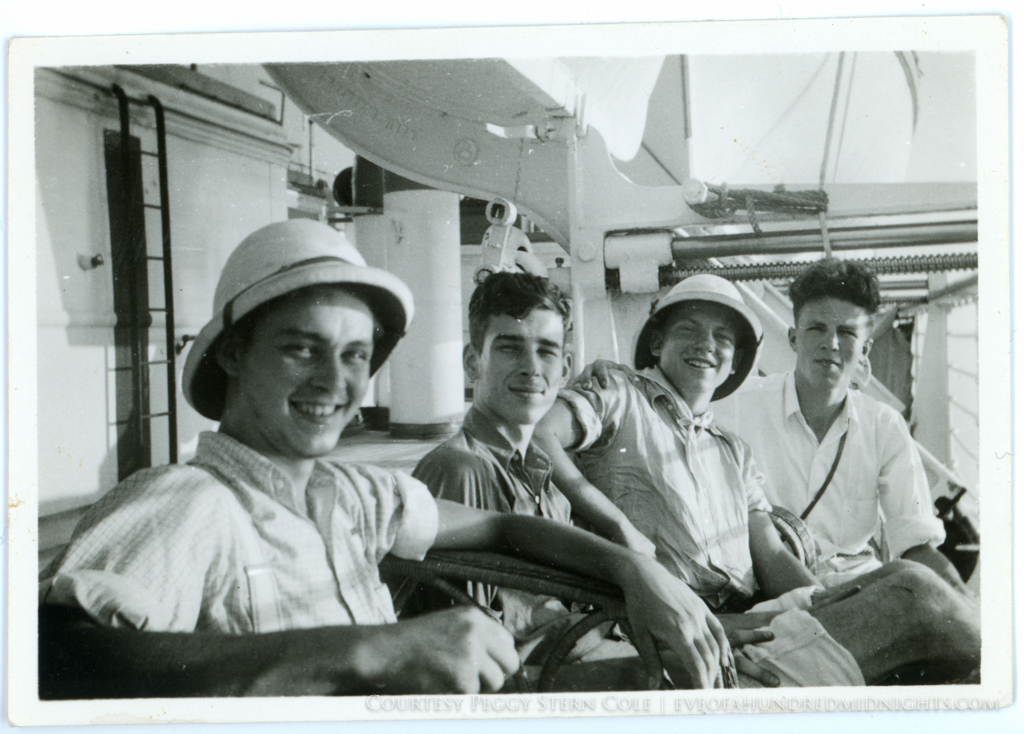
![Head Ama Ay Ti [front].jpg](https://images.squarespace-cdn.com/content/v1/51db1d79e4b03e2f06324d97/1469736463411-HWUEGD604VBMRKON0J2U/Head+Ama+Ay+Ti+%5Bfront%5D.jpg)
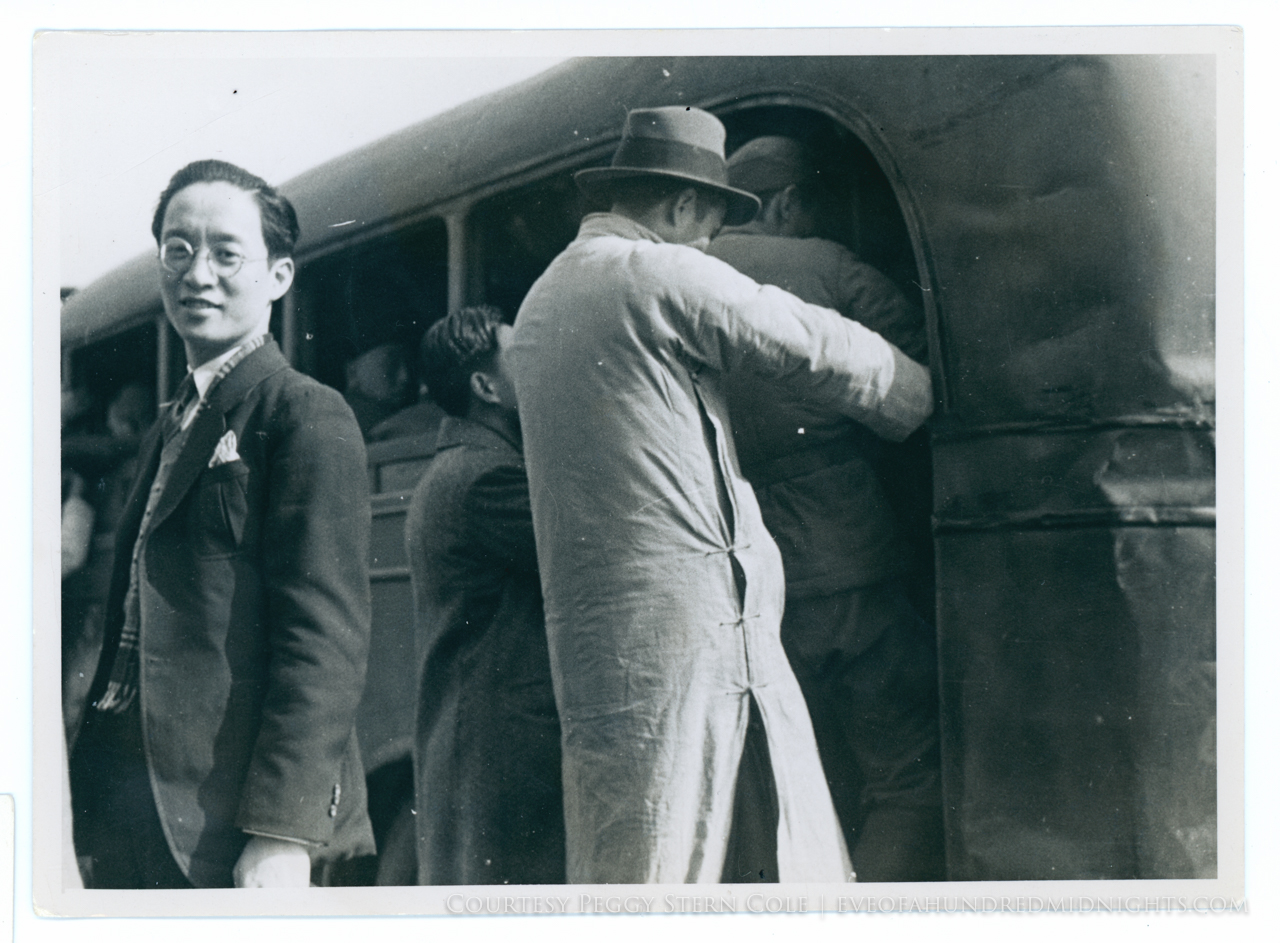
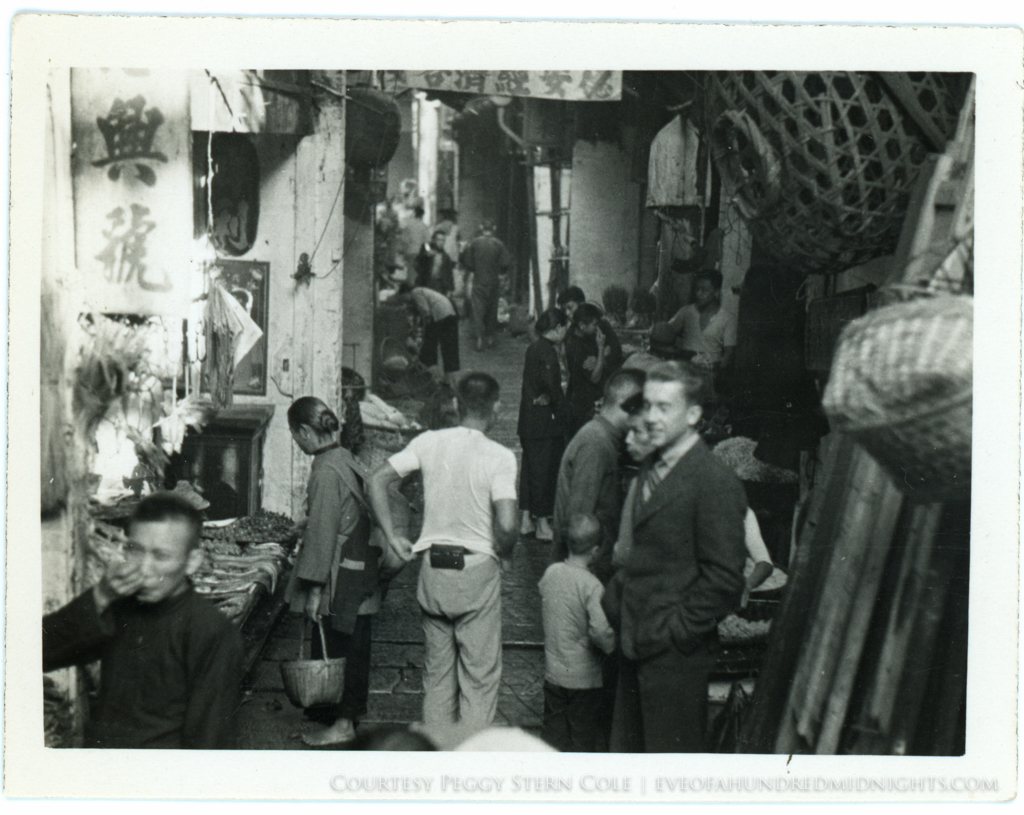
![Chinese Dragon Up Close [Front].jpg](https://images.squarespace-cdn.com/content/v1/51db1d79e4b03e2f06324d97/1469736442019-XIW0UYWY93YT1ENOU2AN/Chinese+Dragon+Up+Close+%5BFront%5D.jpg)
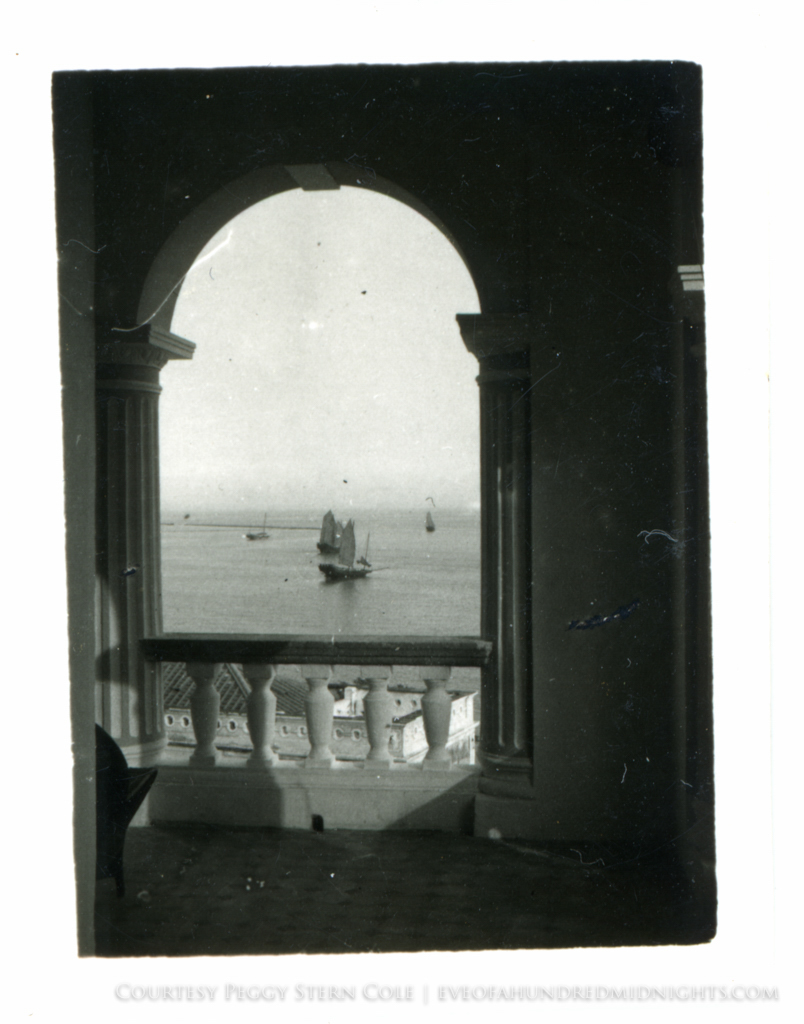
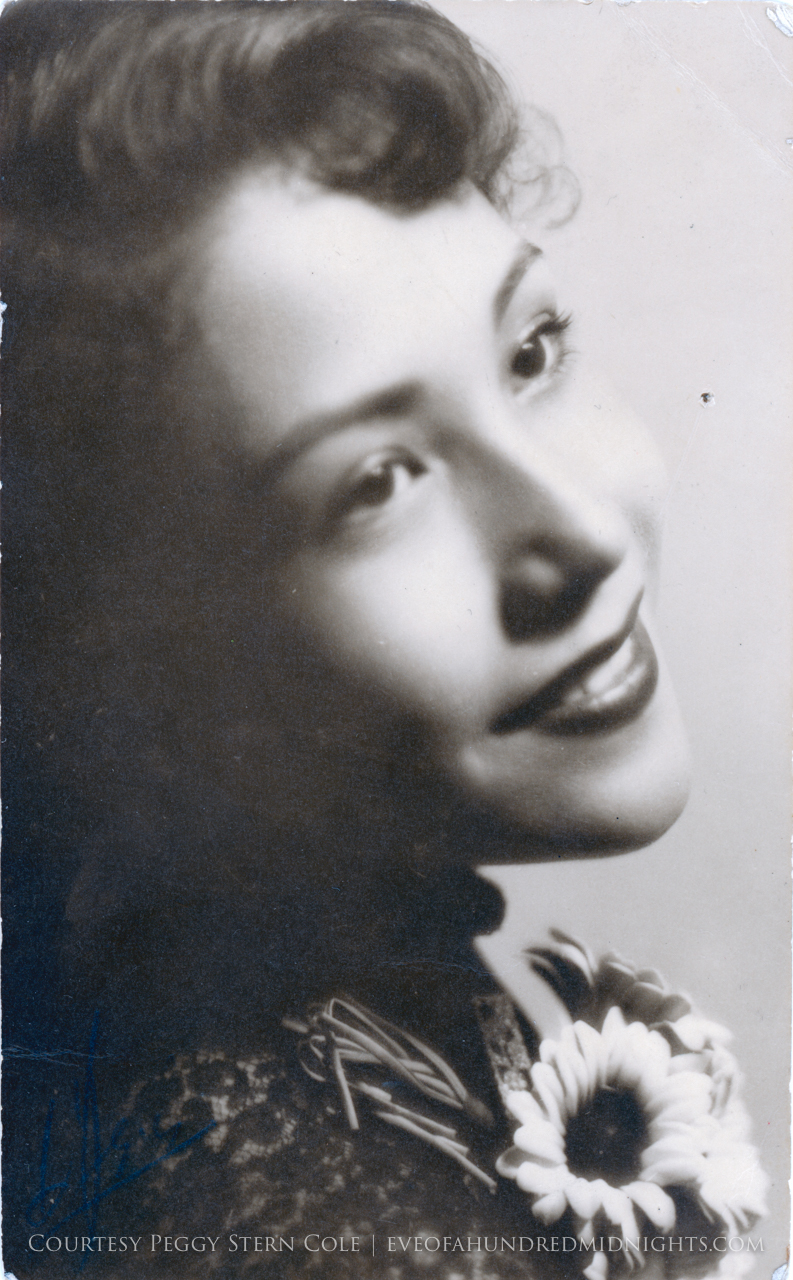
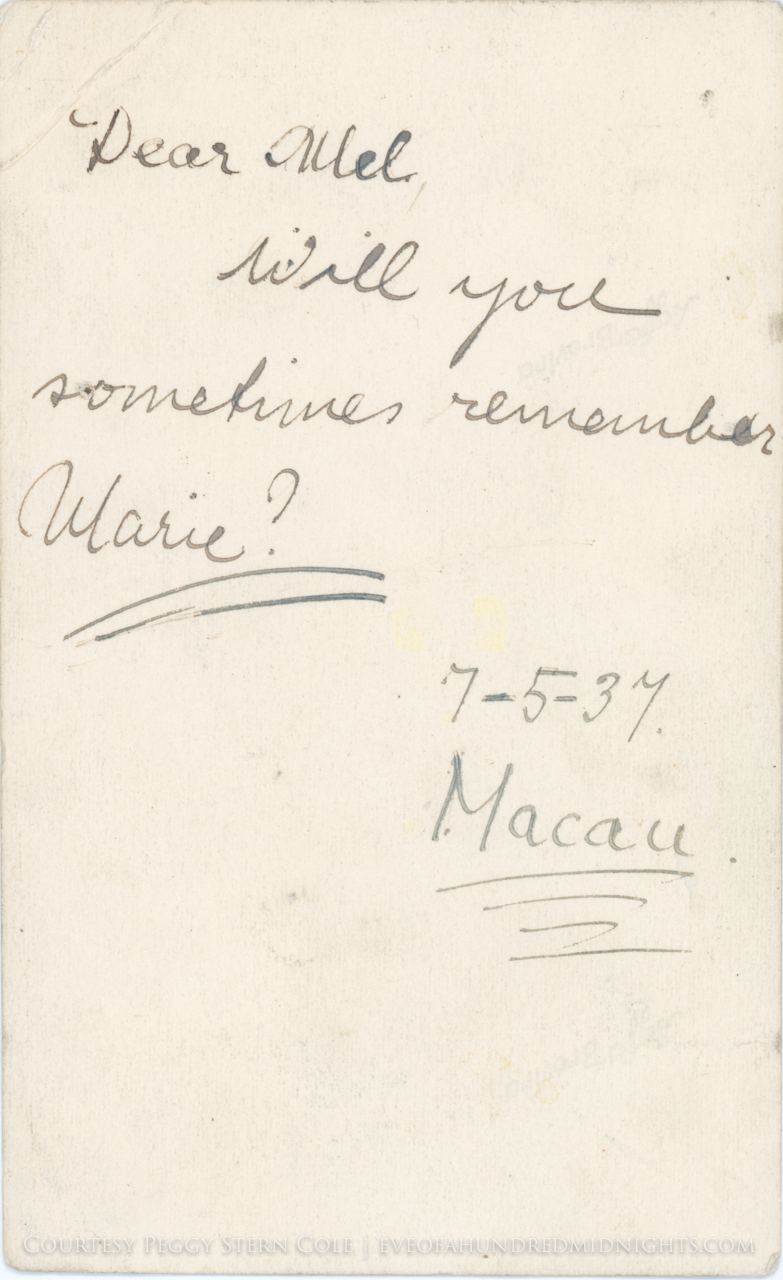
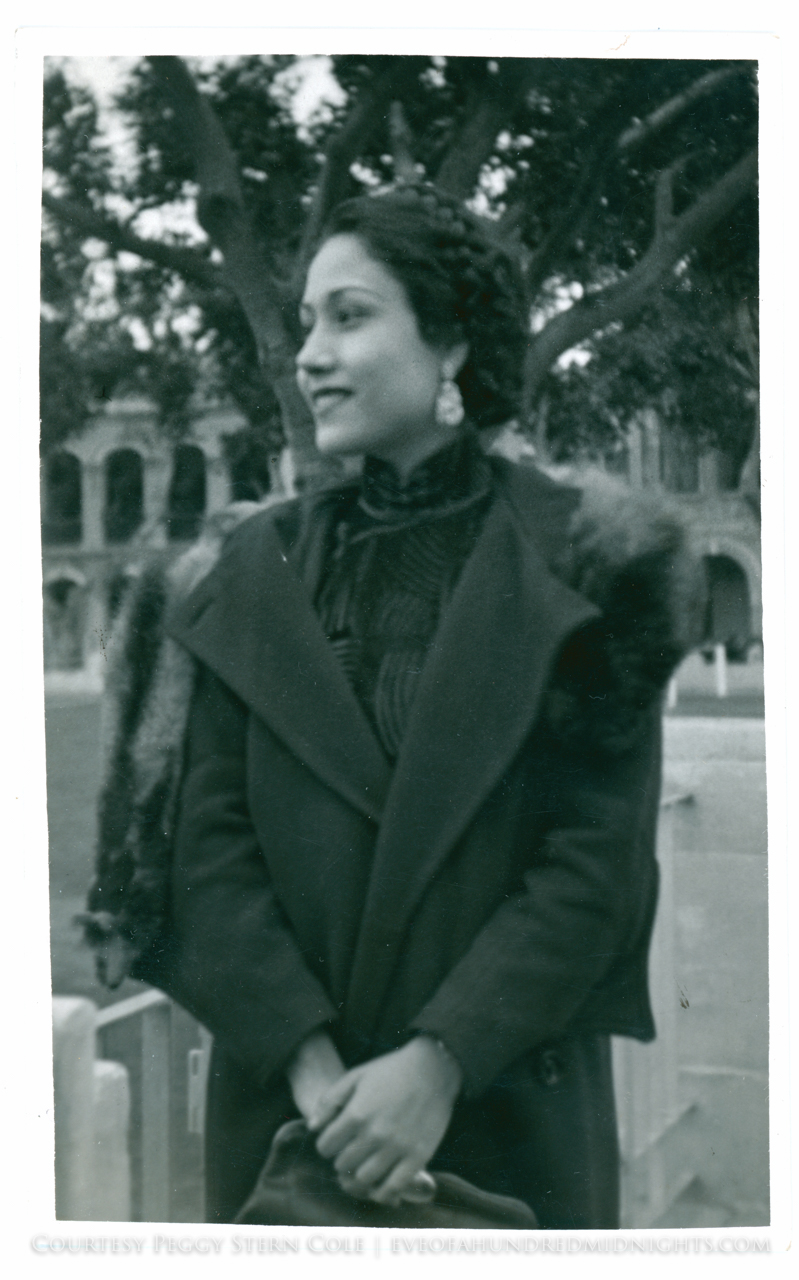
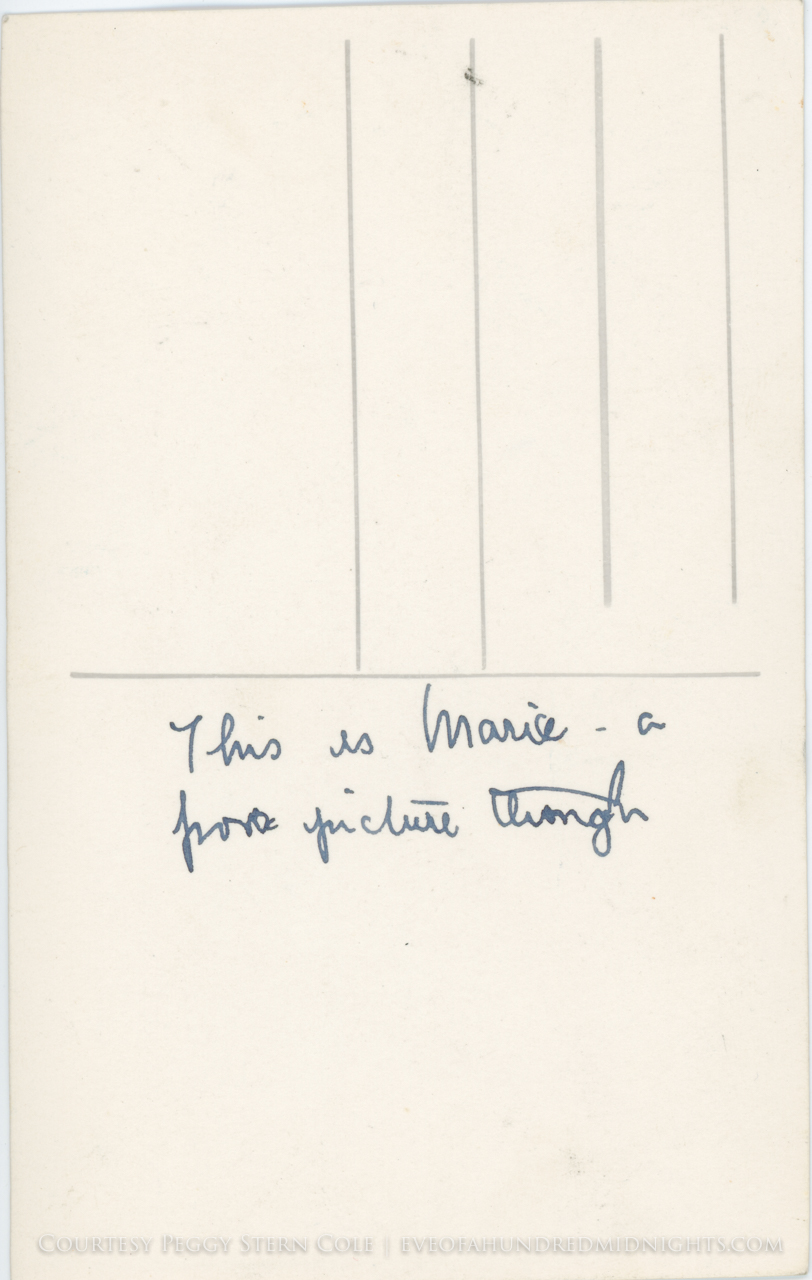
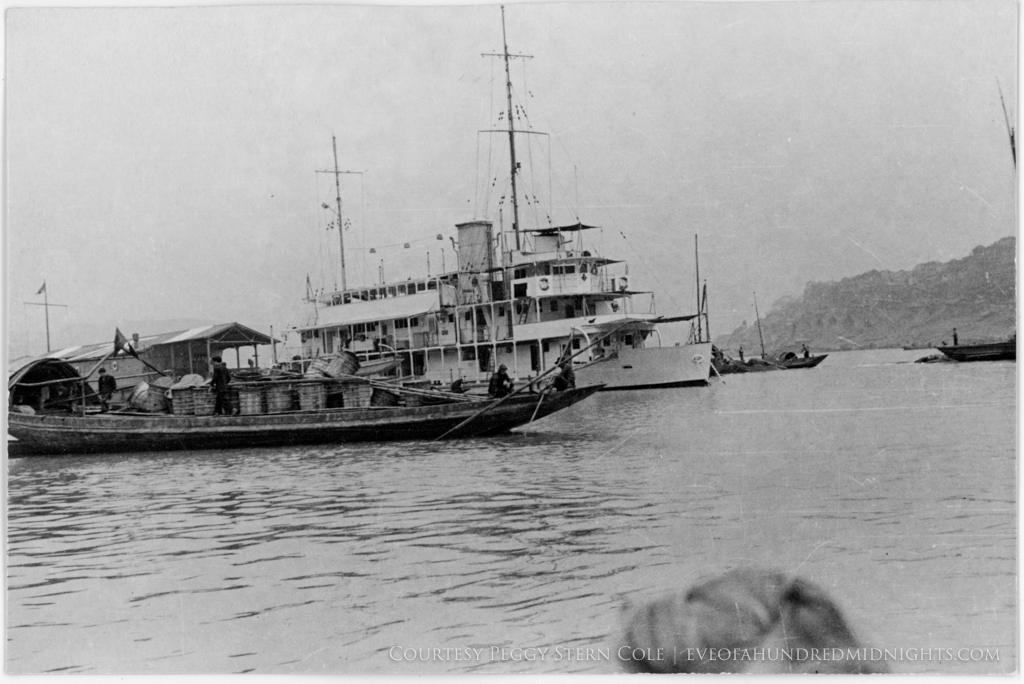
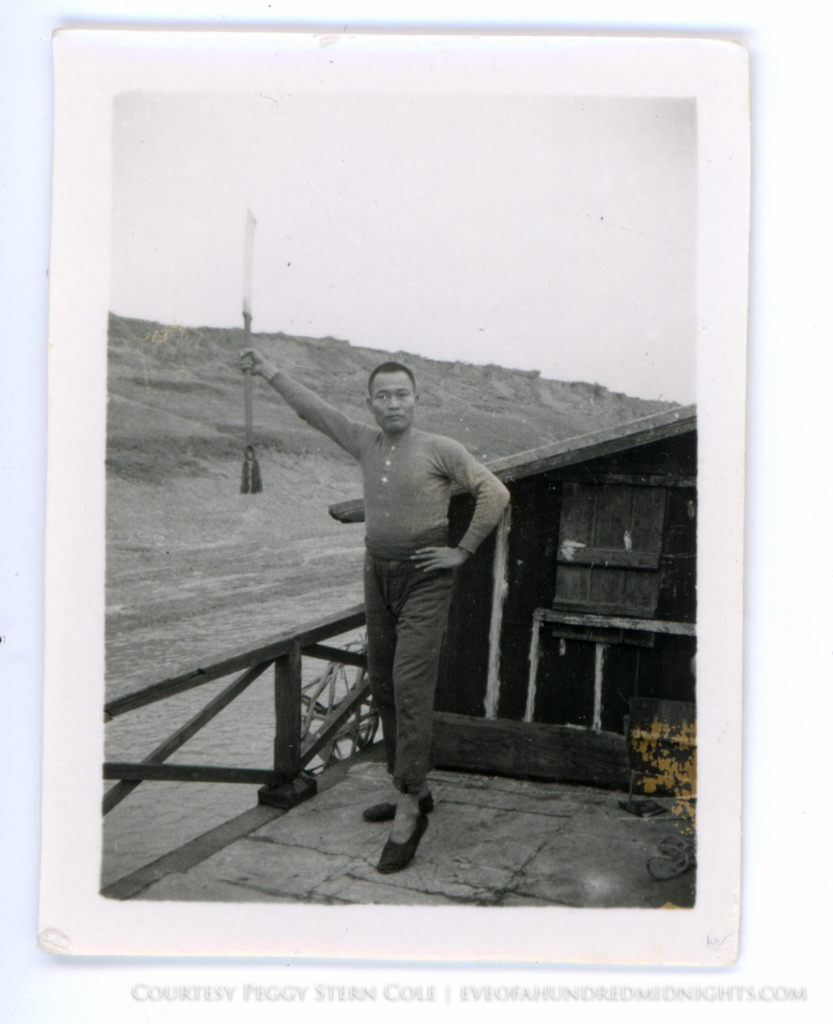
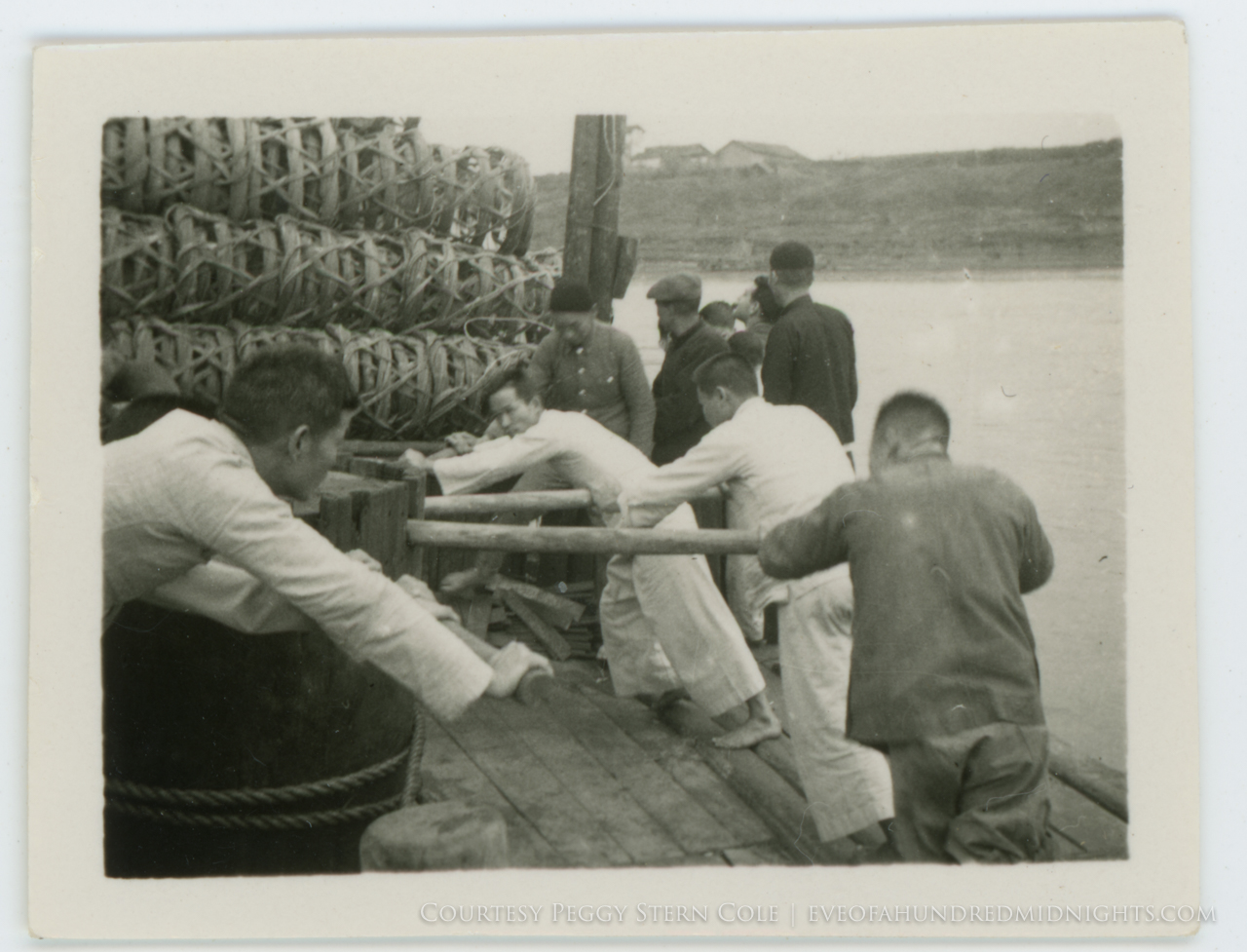
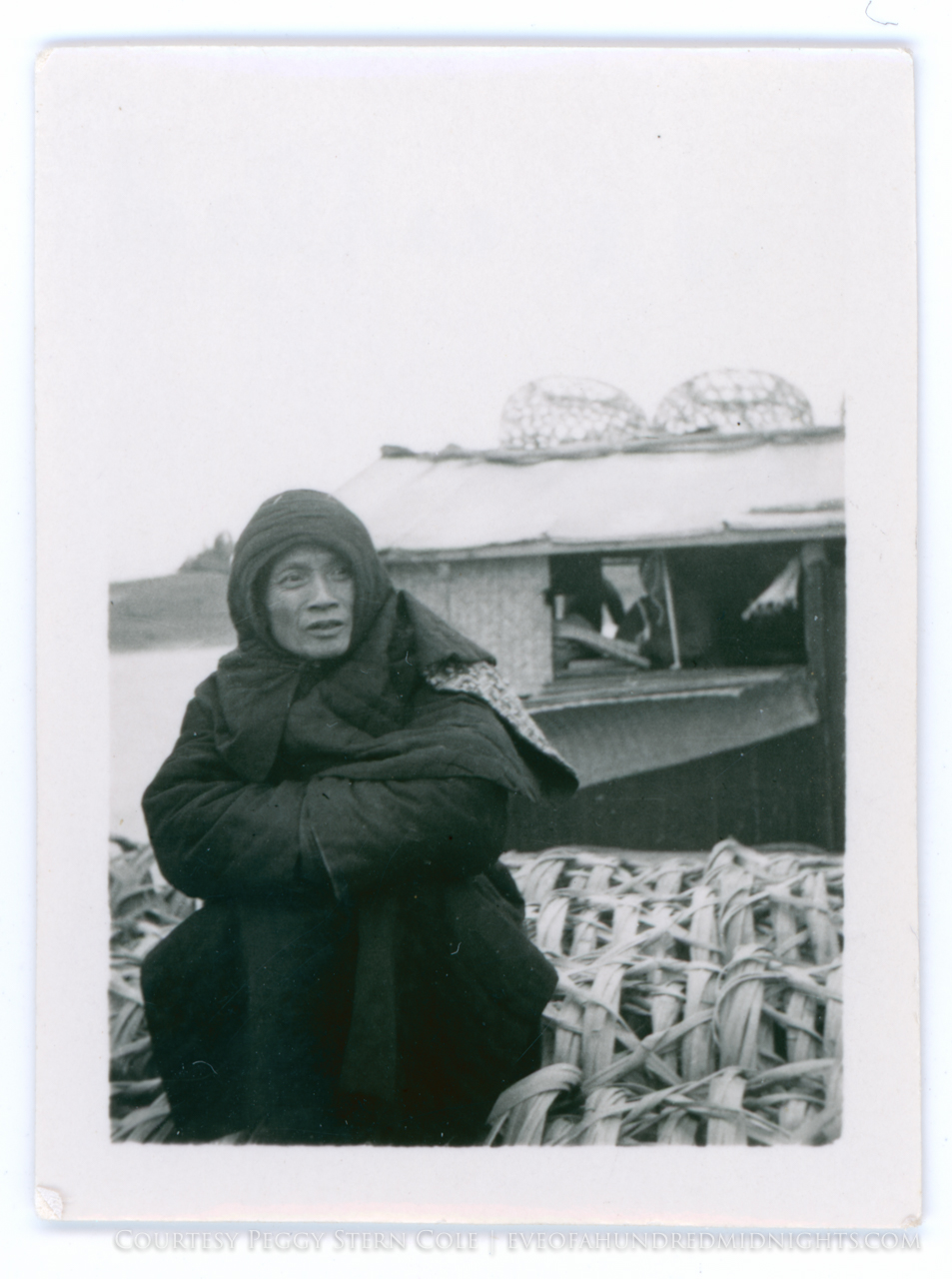
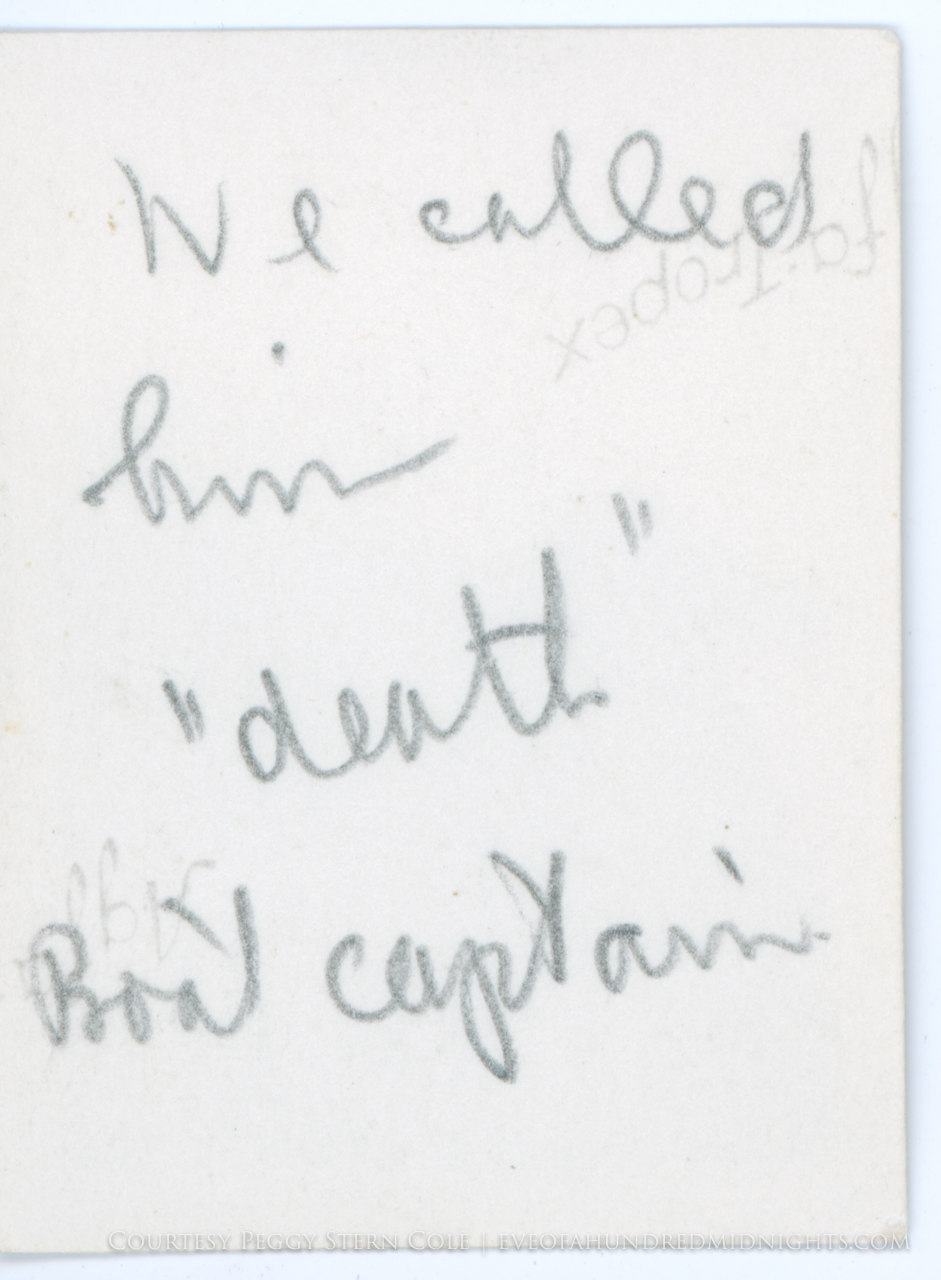
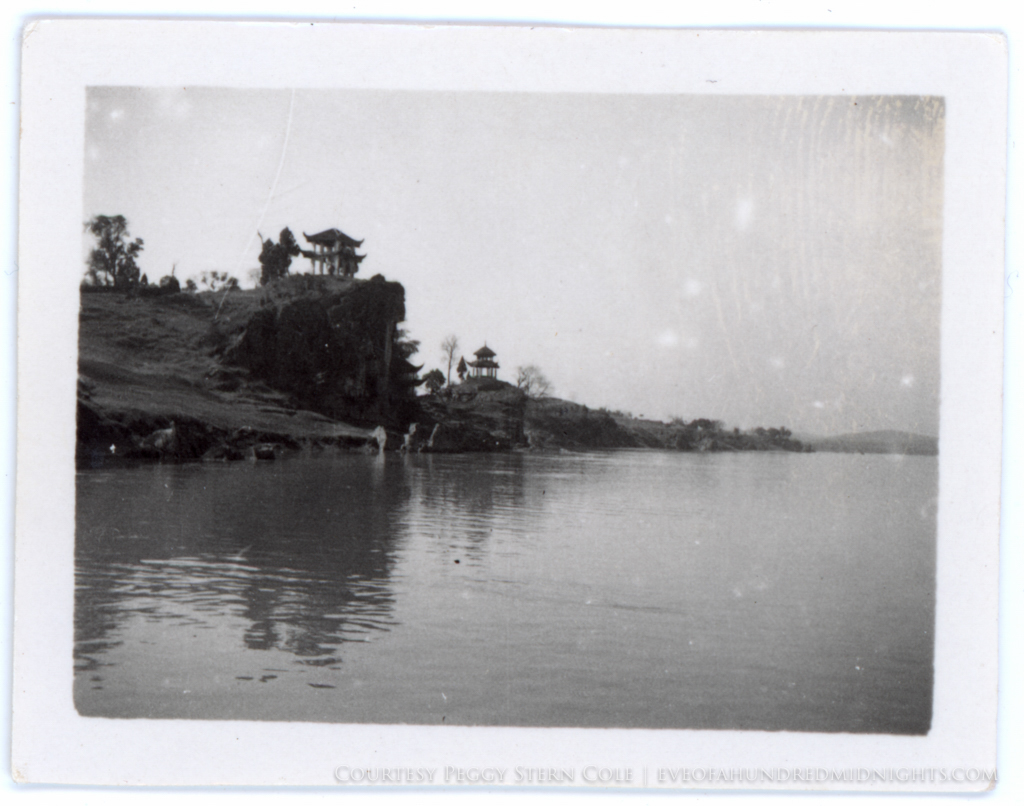
![Barefoot Soldiers [Likely in Guangxi].jpg](https://images.squarespace-cdn.com/content/v1/51db1d79e4b03e2f06324d97/1469736421060-PVFIHAKH8UZ7LHDC0OG3/Barefoot+Soldiers+%5BLikely+in+Guangxi%5D.jpg)
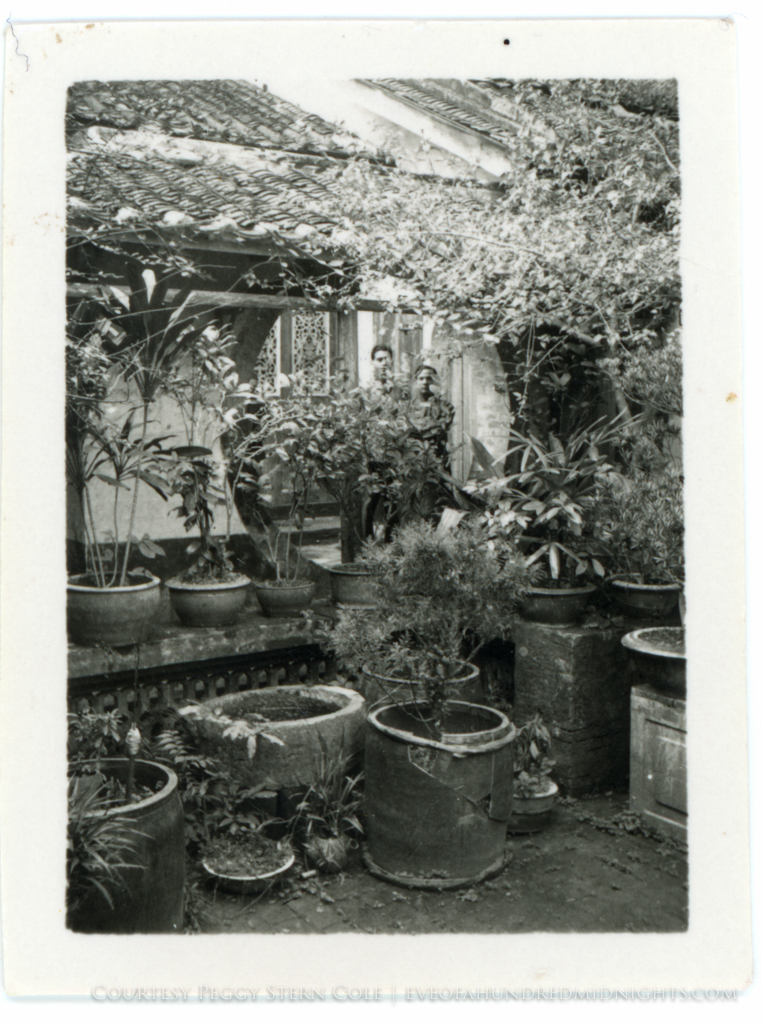
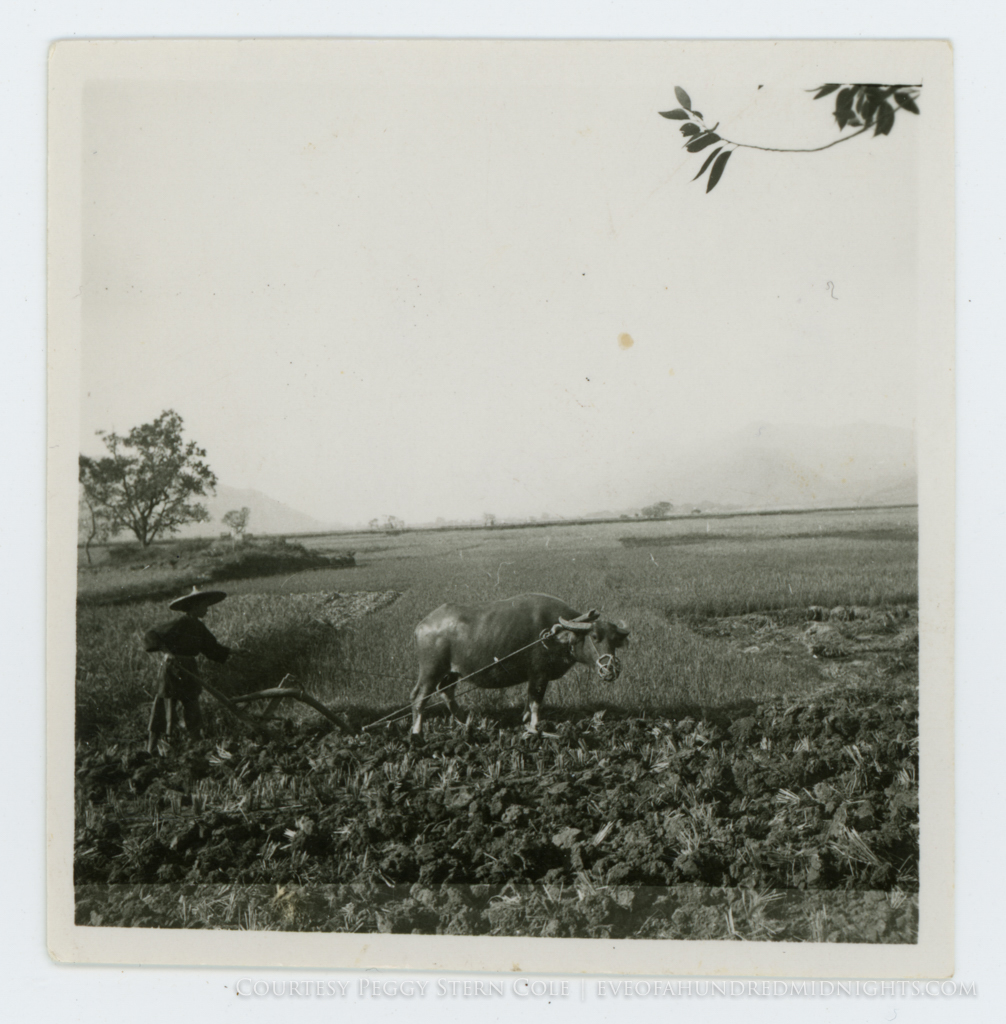
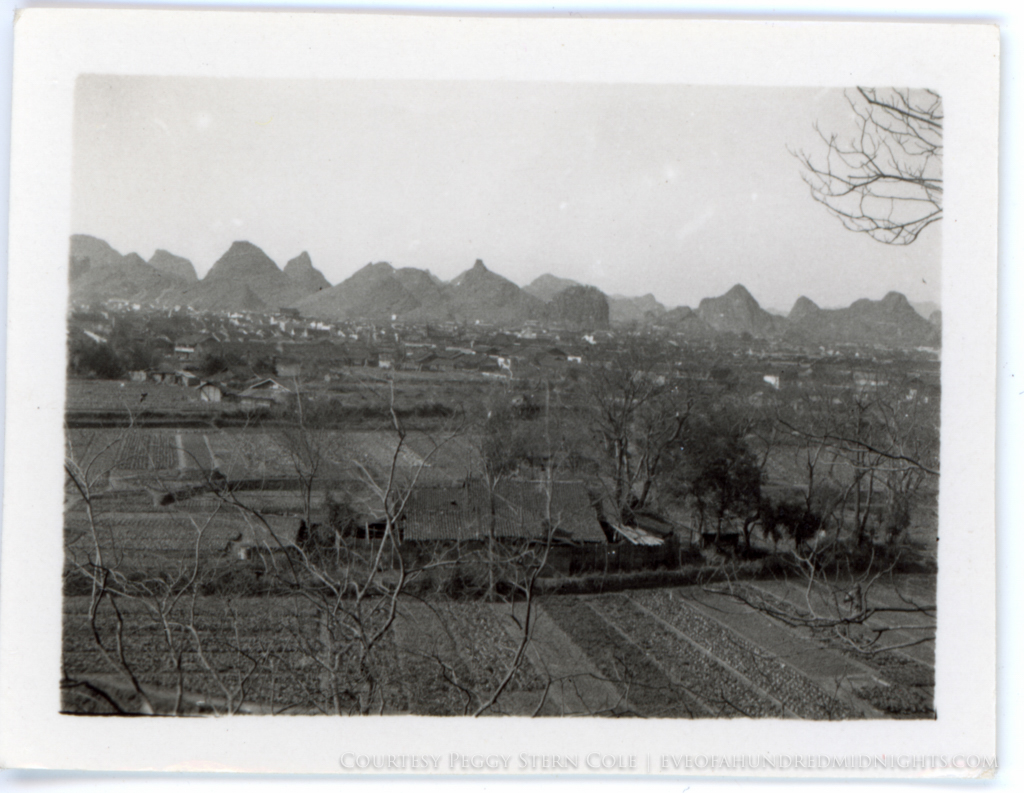
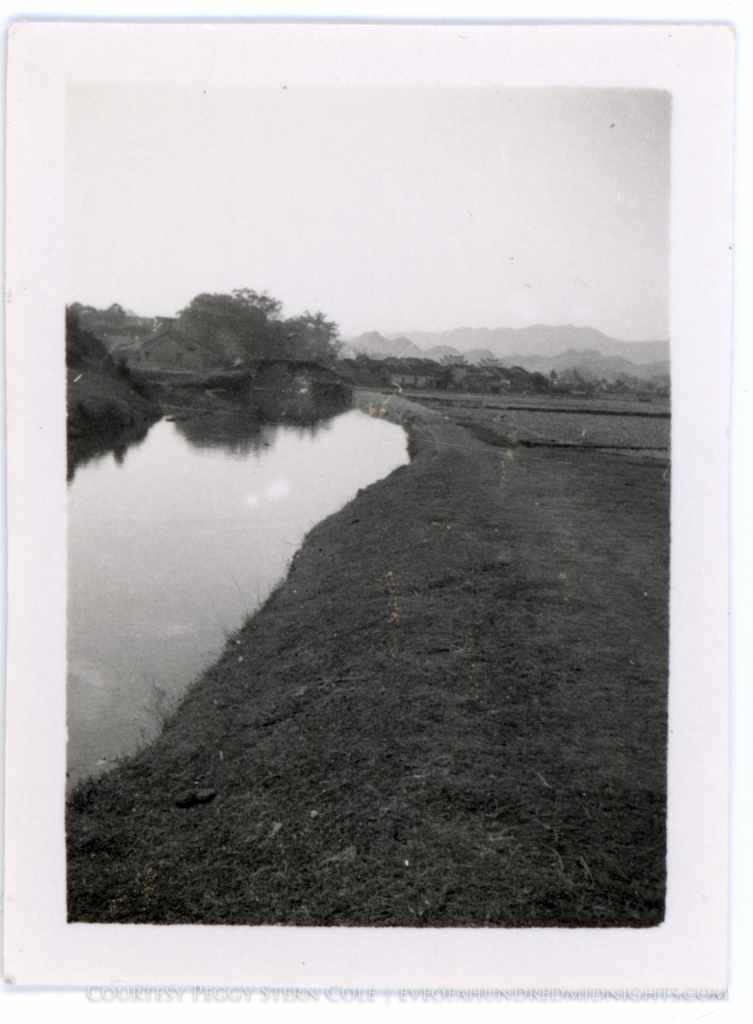
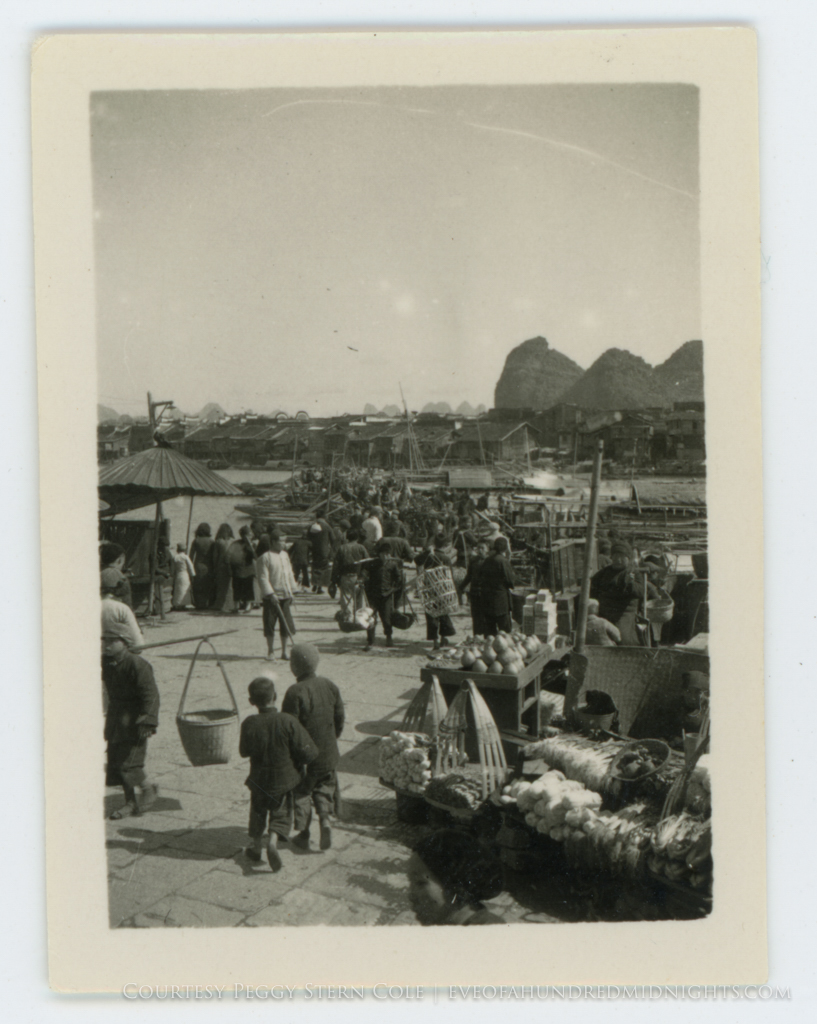
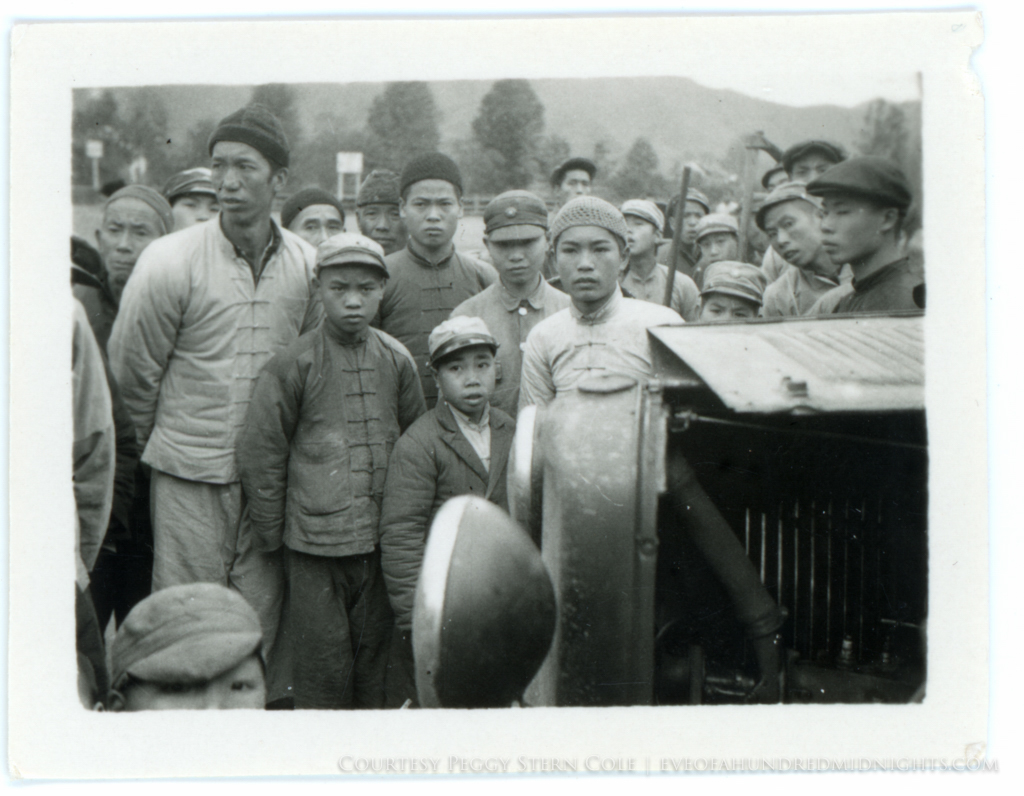
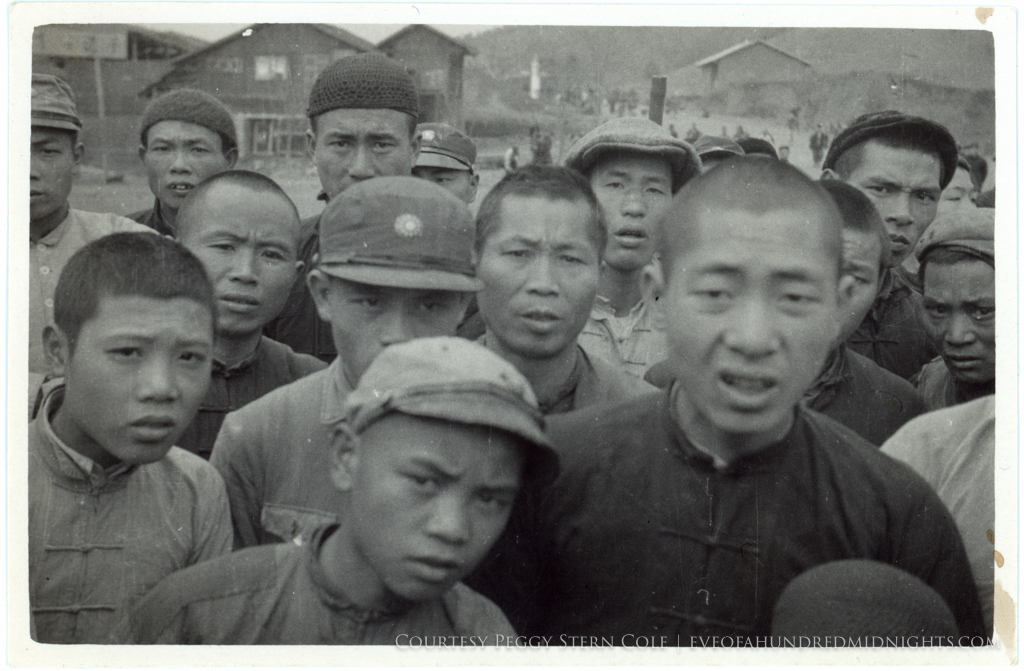
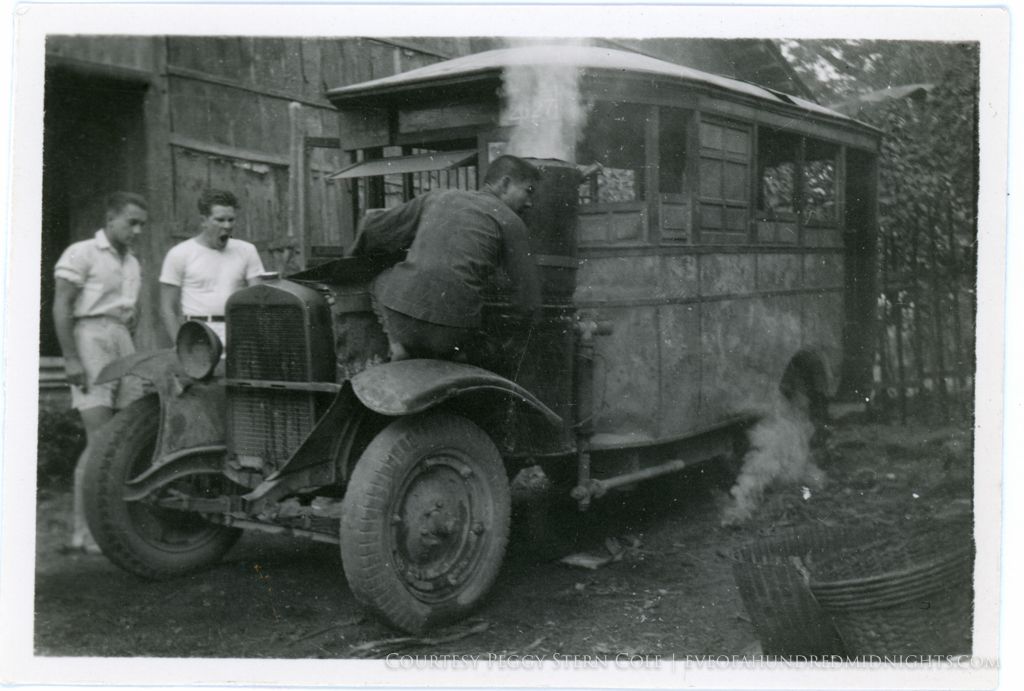
![Monastary Square Print [Front].jpg](https://images.squarespace-cdn.com/content/v1/51db1d79e4b03e2f06324d97/1469736494921-7LQSGLBD2S2Y7DXOI89W/Monastary+Square+Print+%5BFront%5D.jpg)
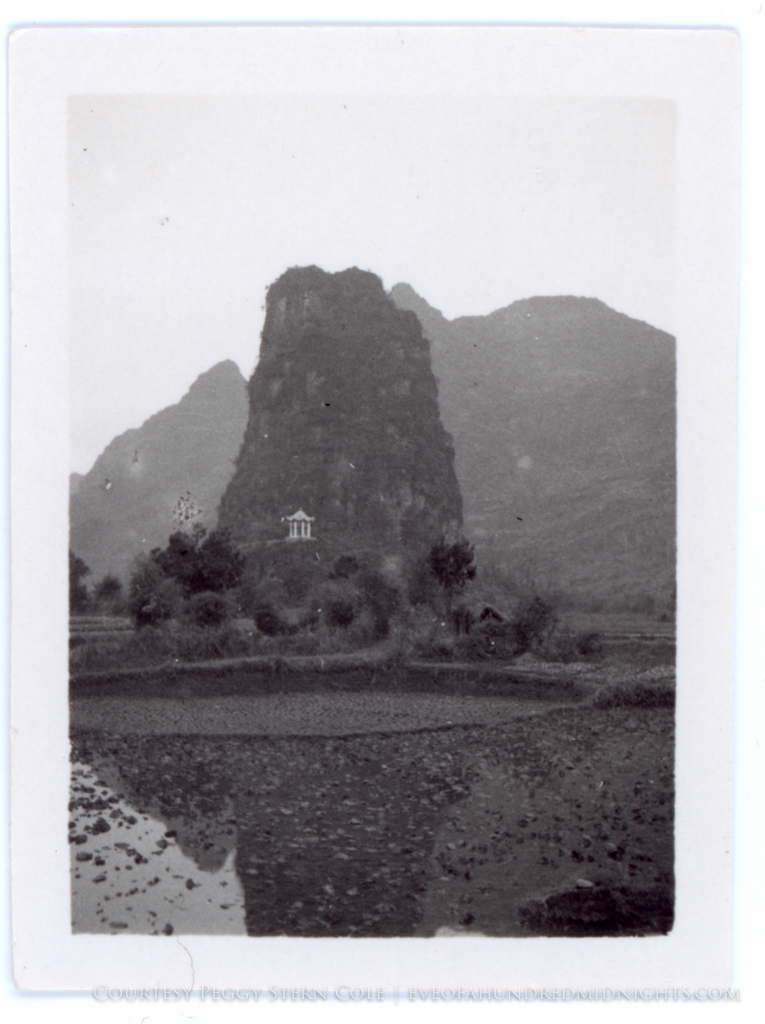
![Street Scene in Kulangsu [Front].jpg](https://images.squarespace-cdn.com/content/v1/51db1d79e4b03e2f06324d97/1473380912005-VMADU257LY8ASFINK1Y3/Street+Scene+in+Kulangsu+%5BFront%5D.jpg)
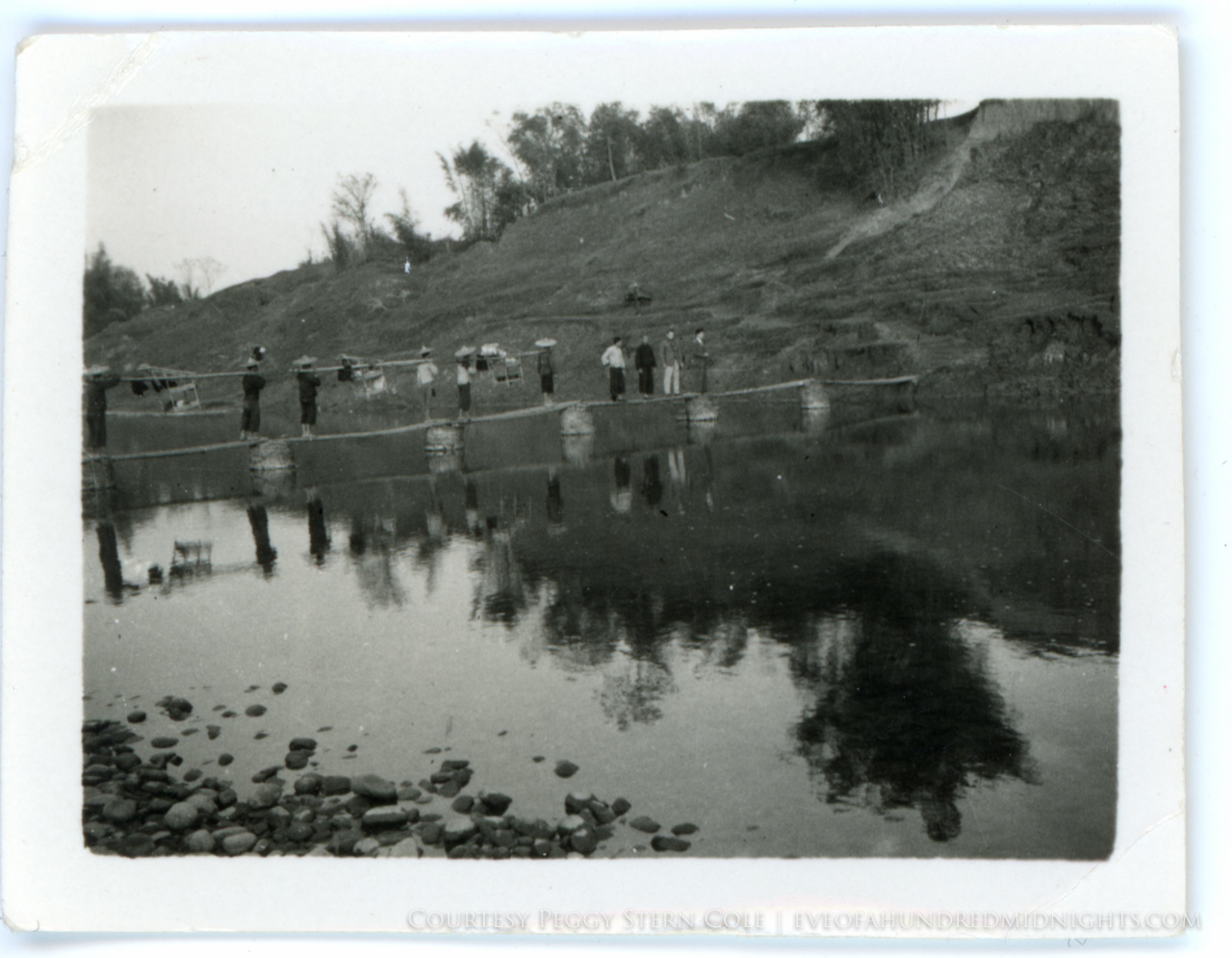
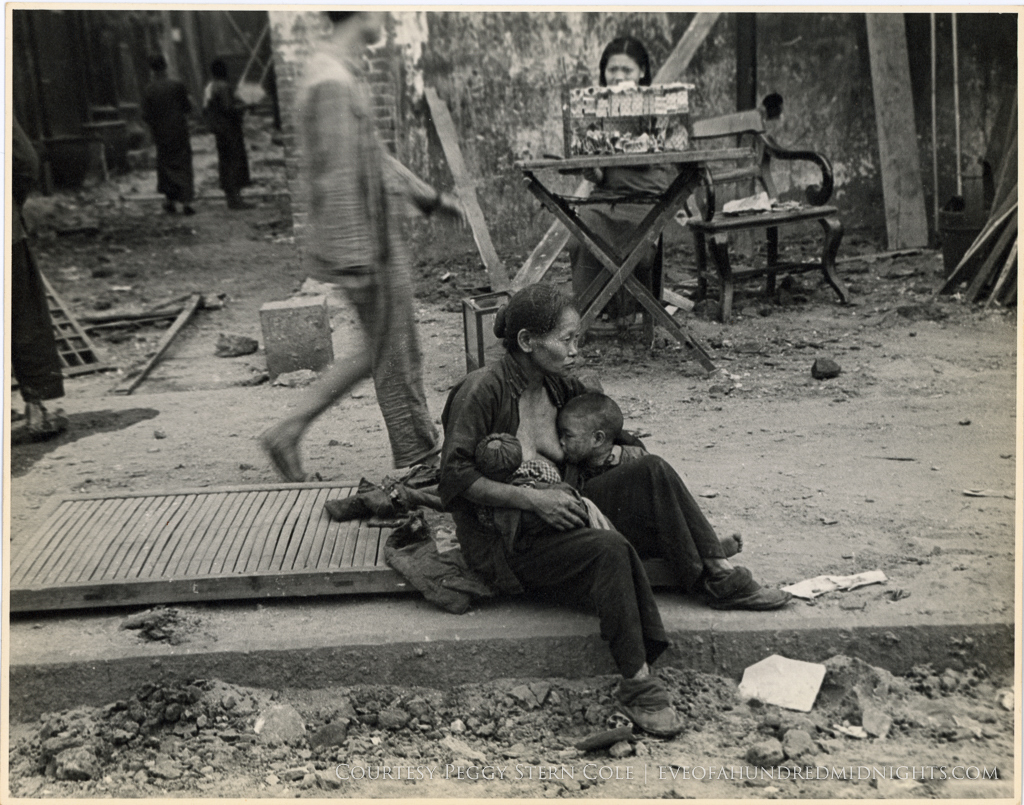
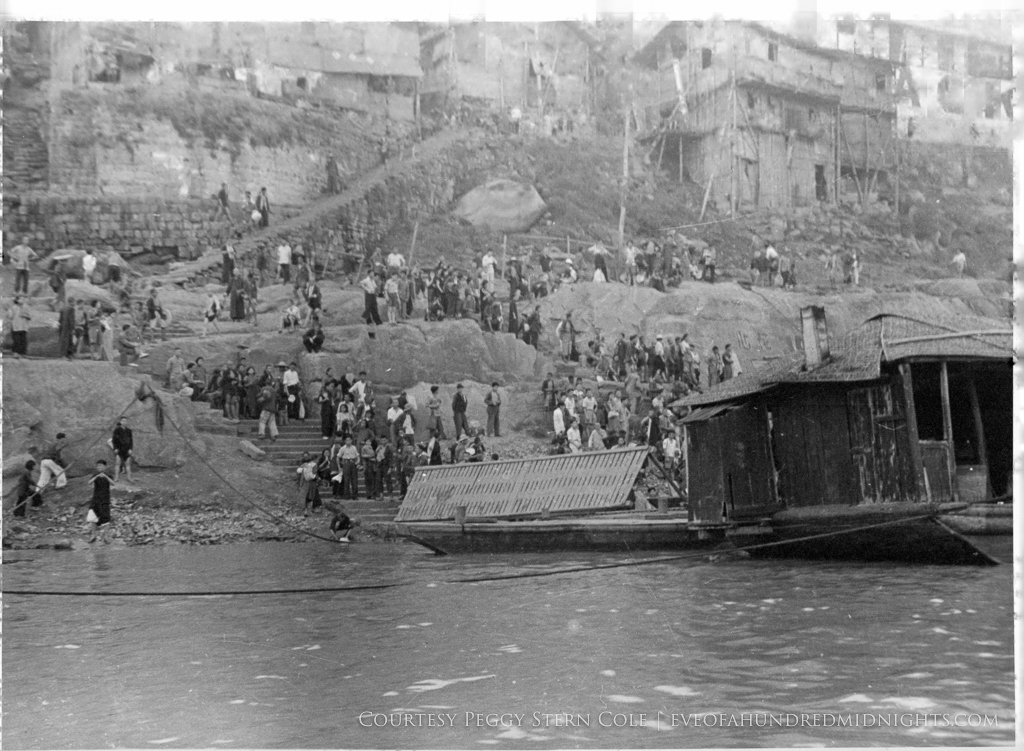
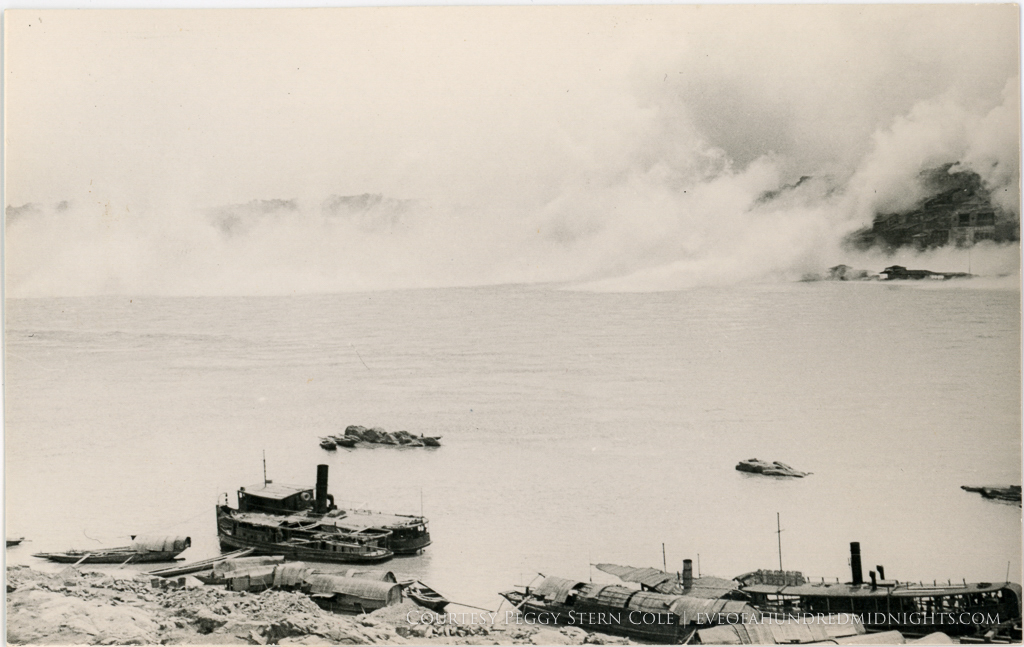
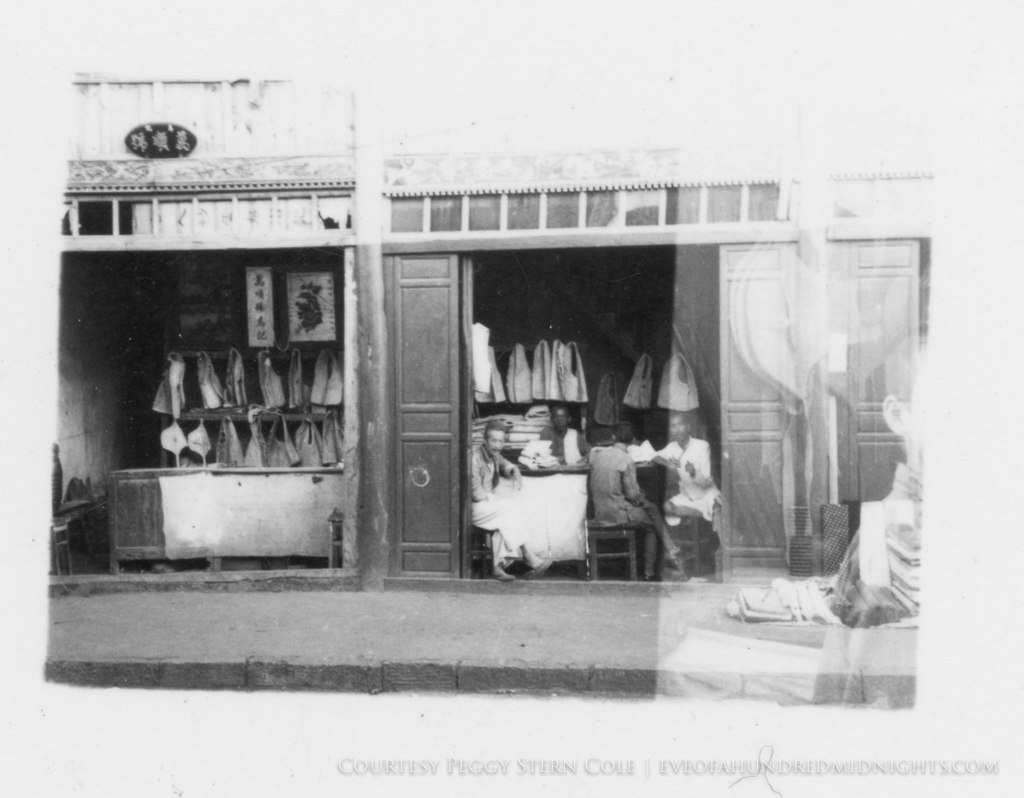
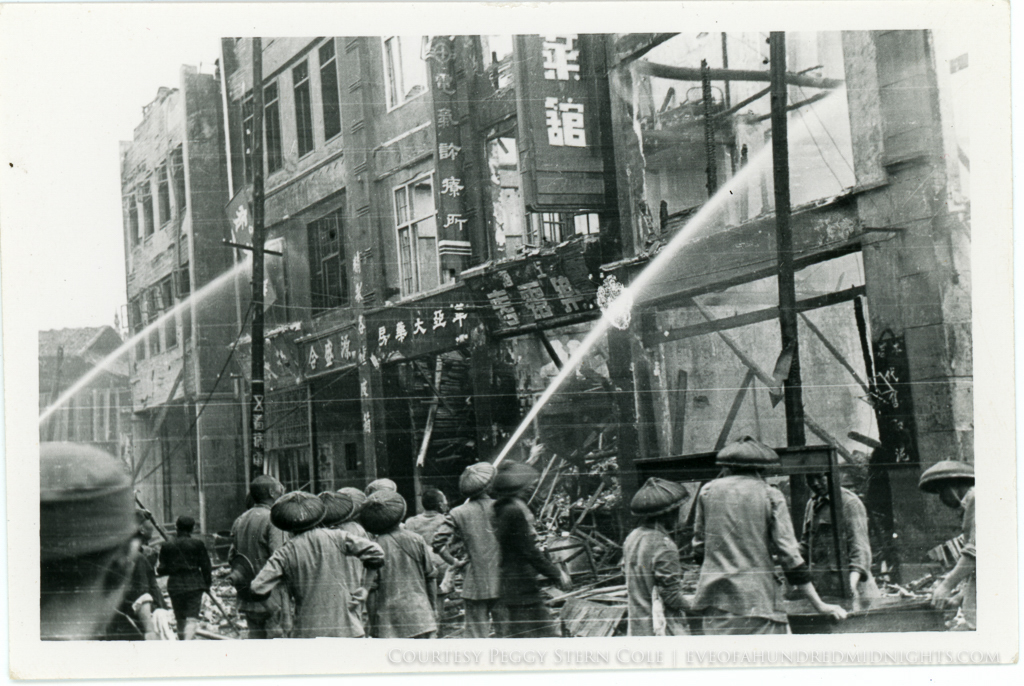
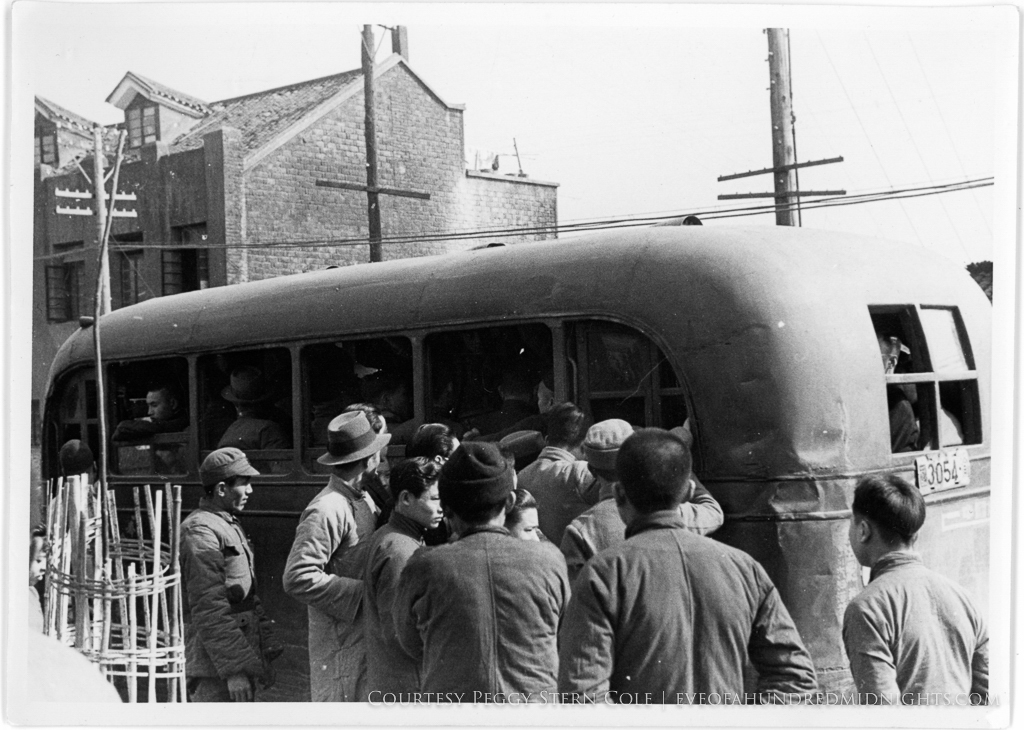
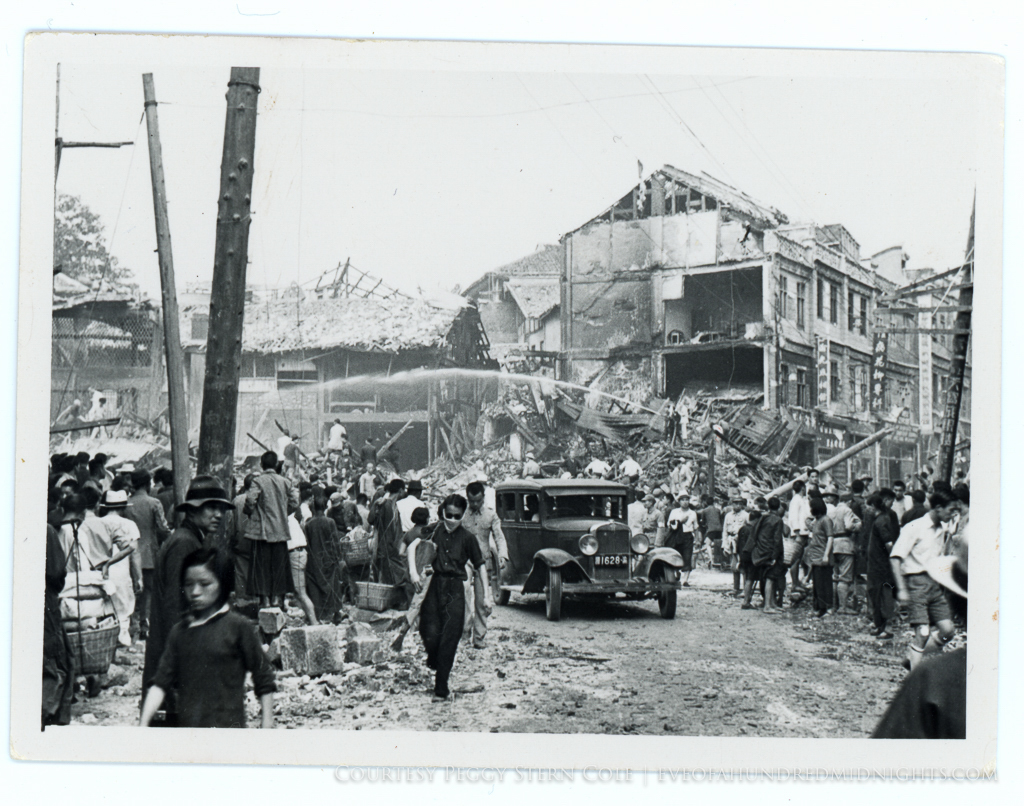
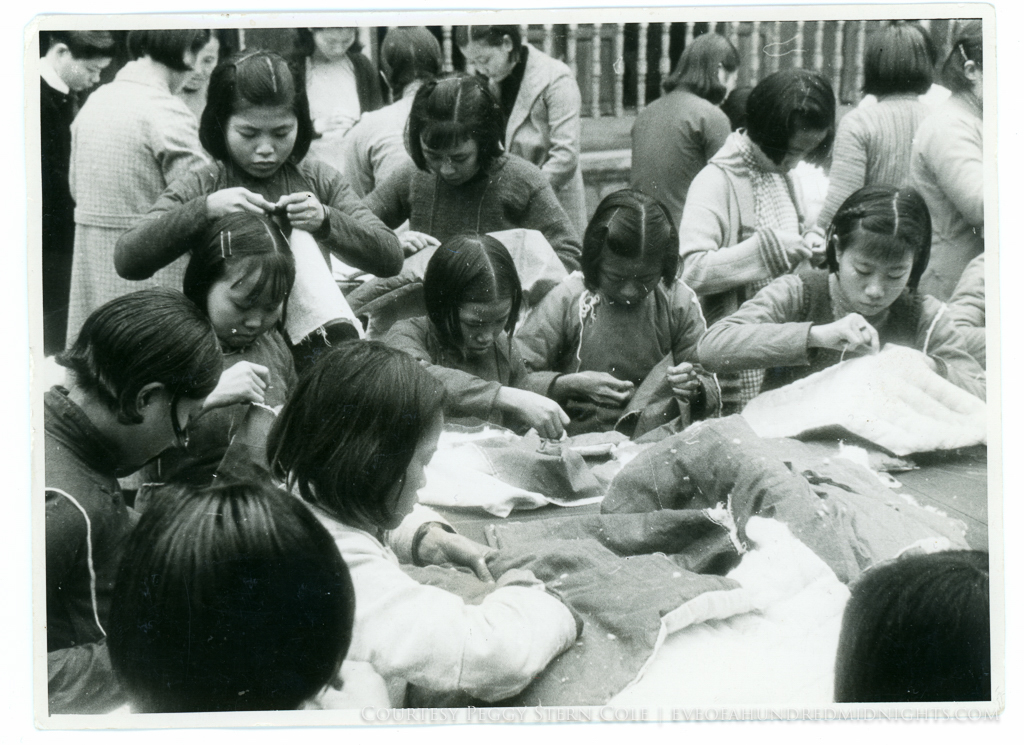
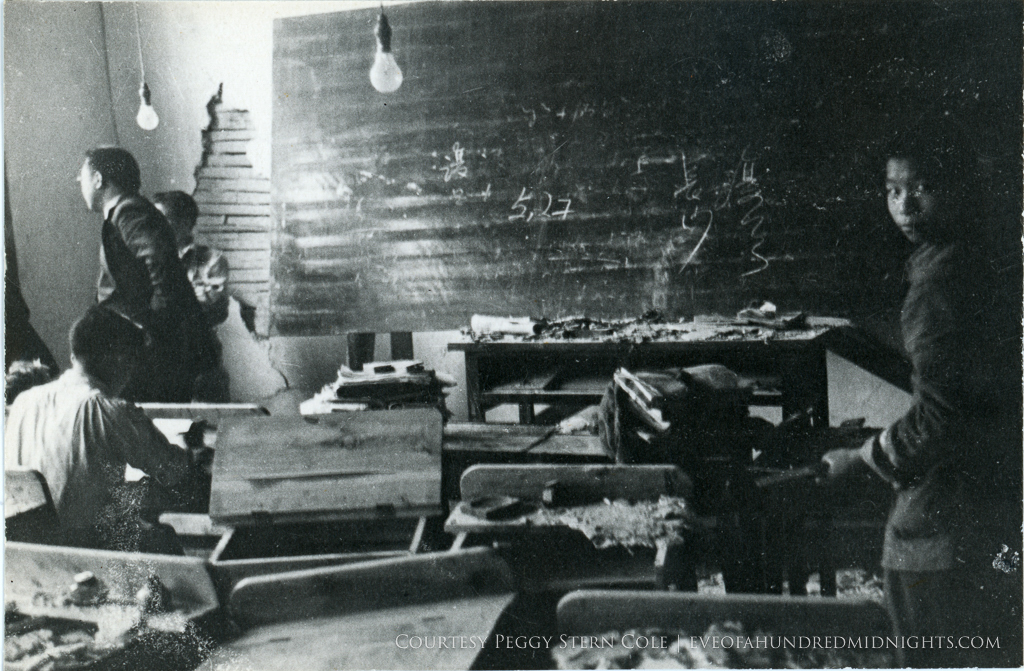
![Man on Donkey on Chungking steps [very good image].jpg](https://images.squarespace-cdn.com/content/v1/51db1d79e4b03e2f06324d97/1469649822066-D9BWG7FESO76DNZZDA1H/Man+on+Donkey+on+Chungking+steps+%5Bvery+good+image%5D.jpg)
